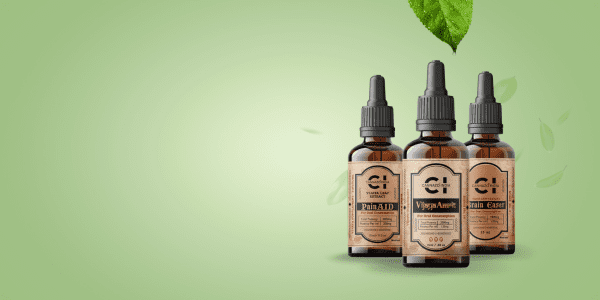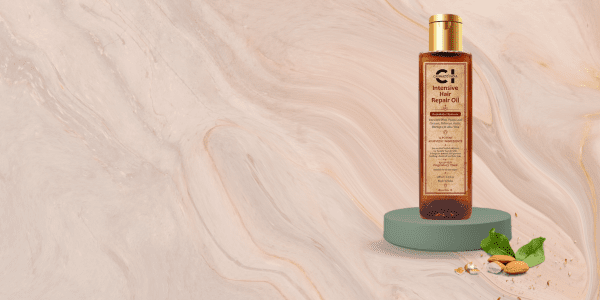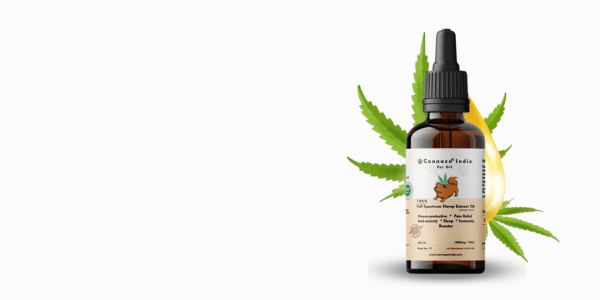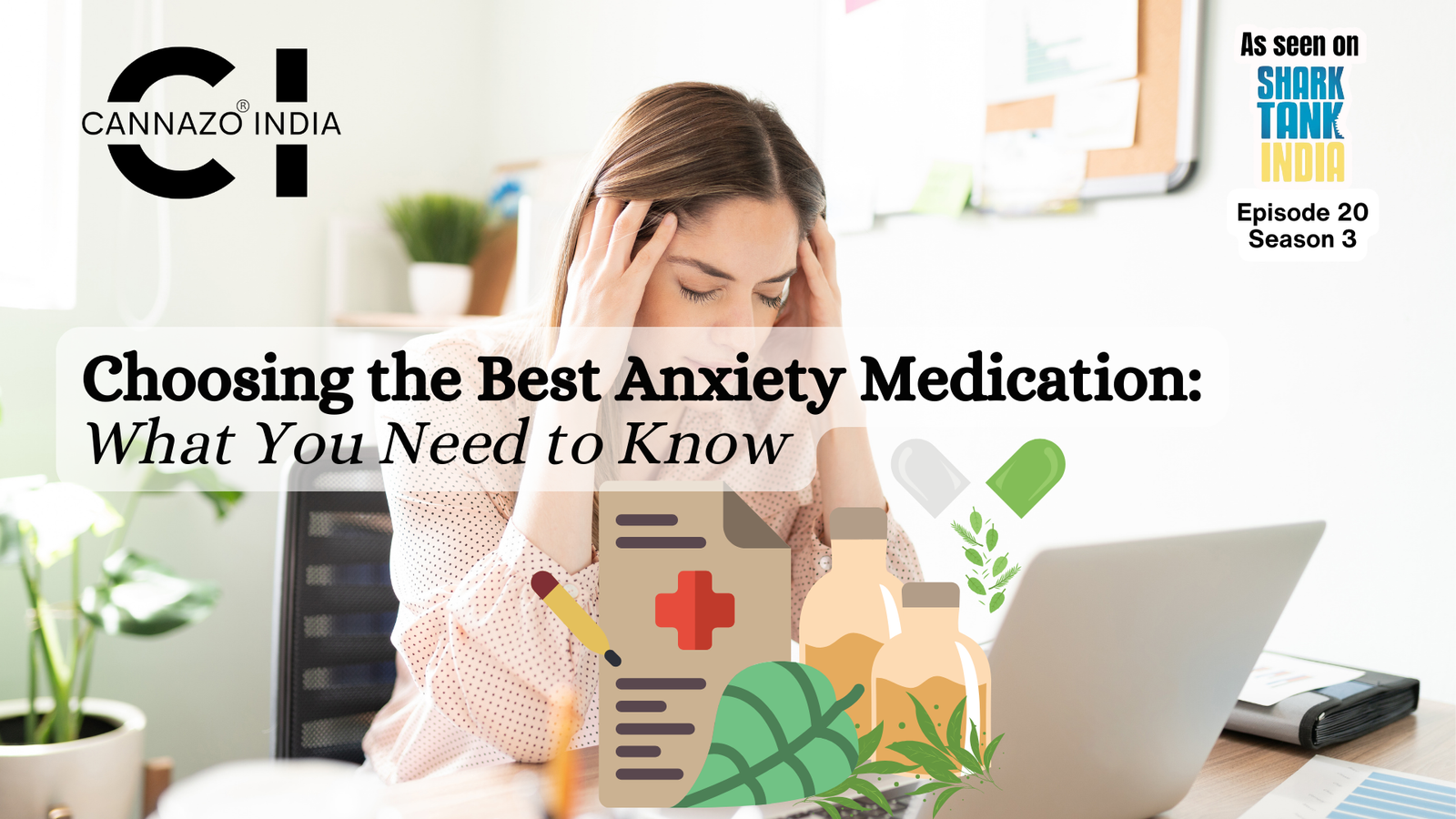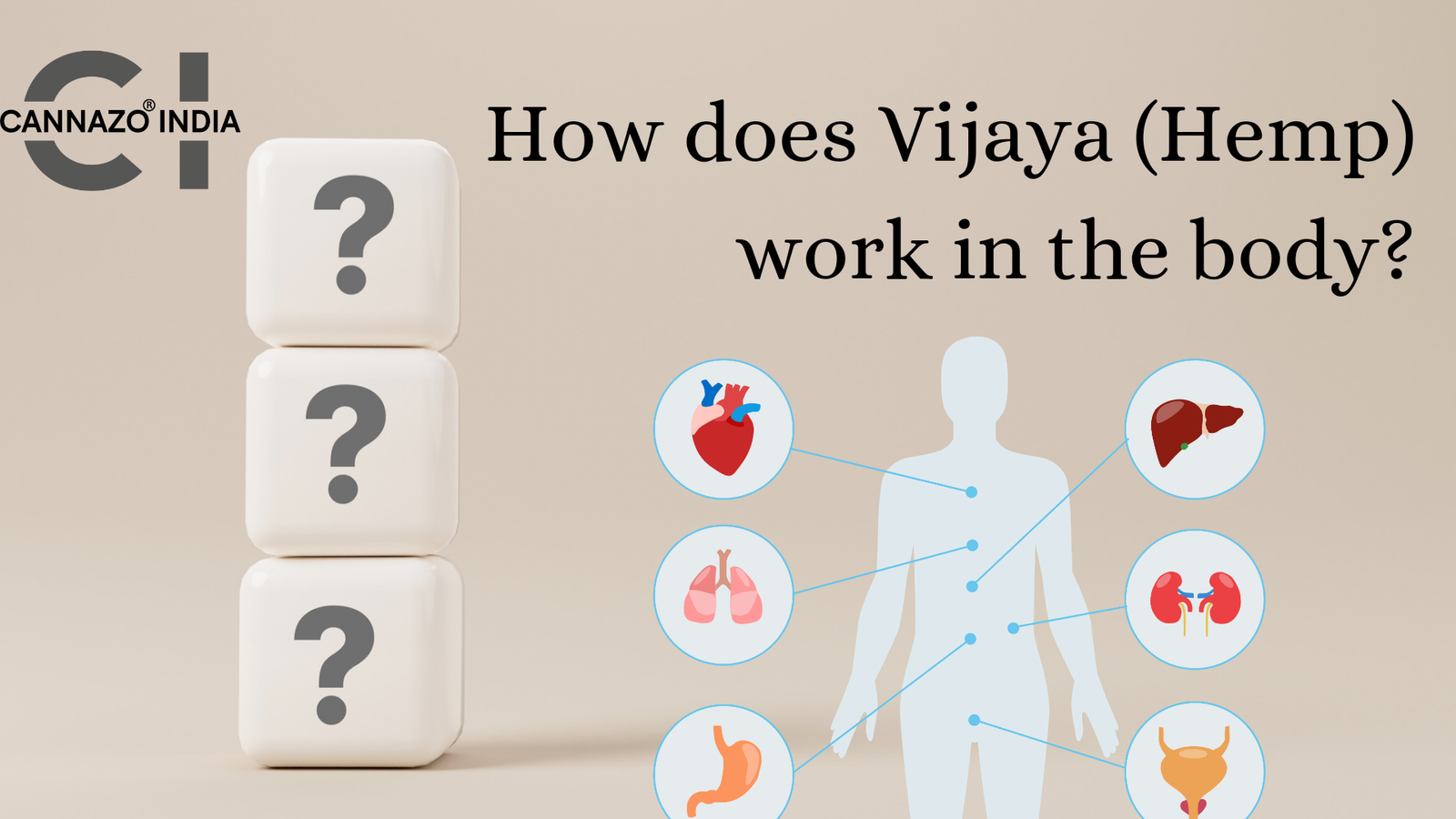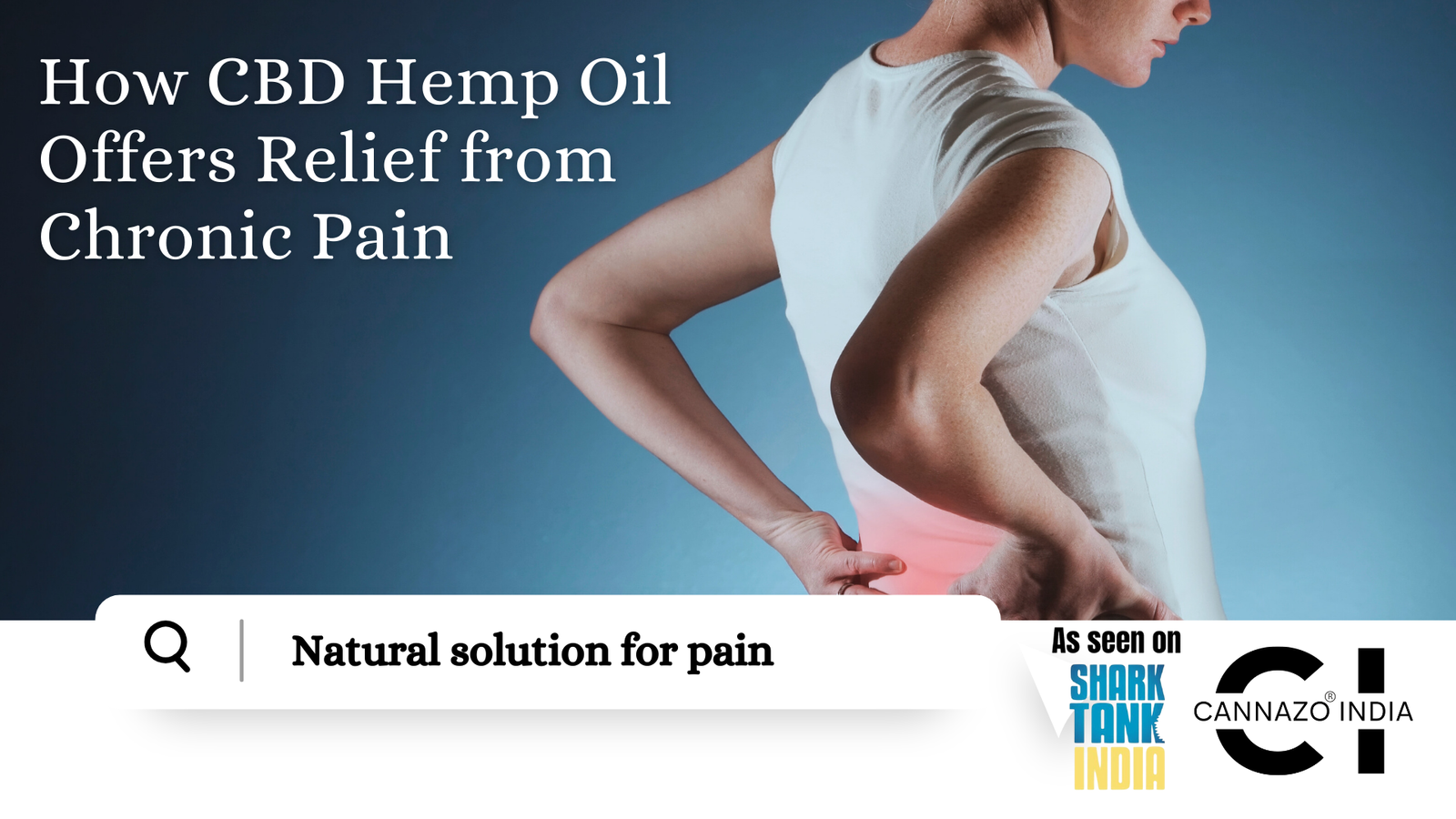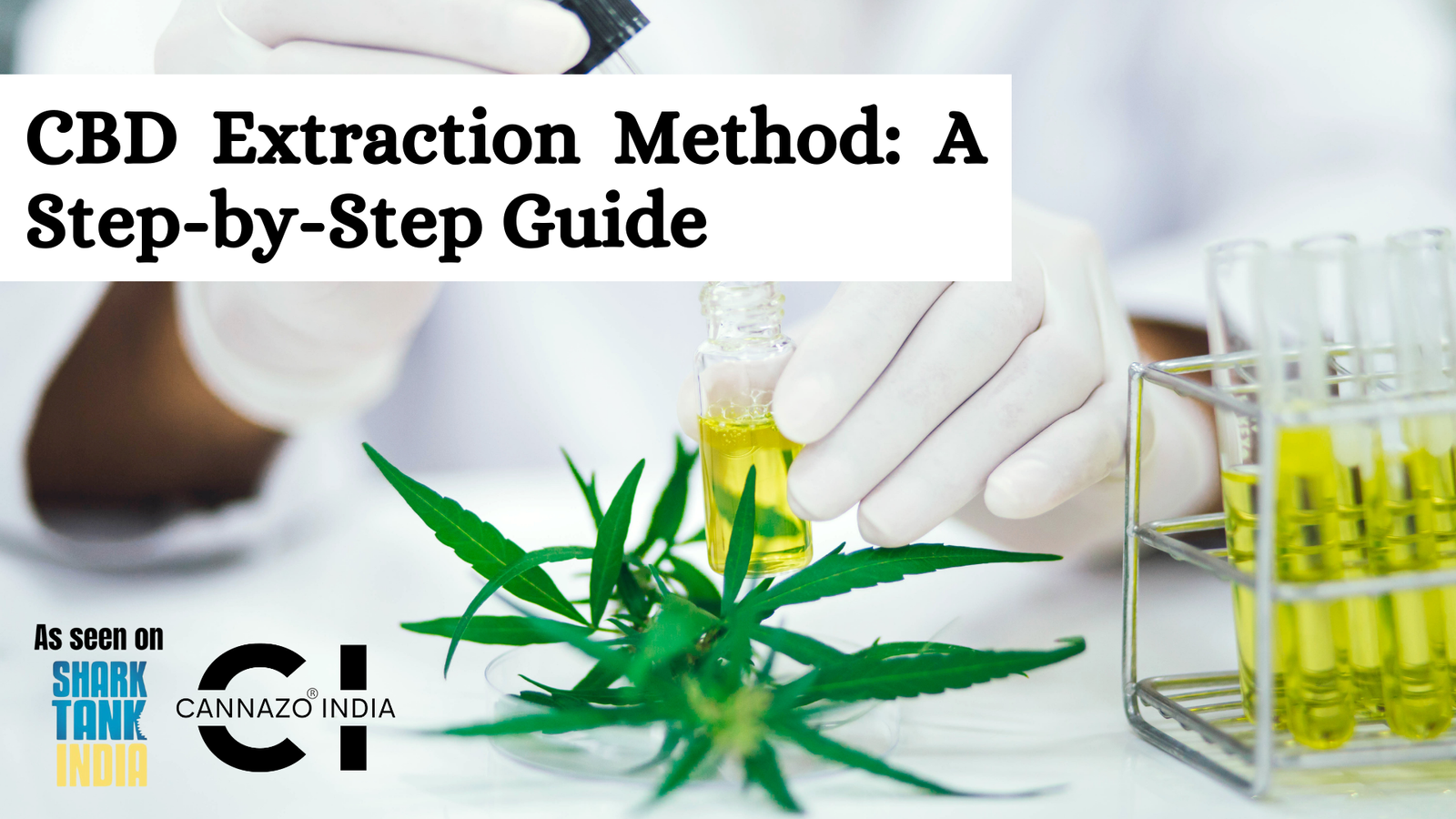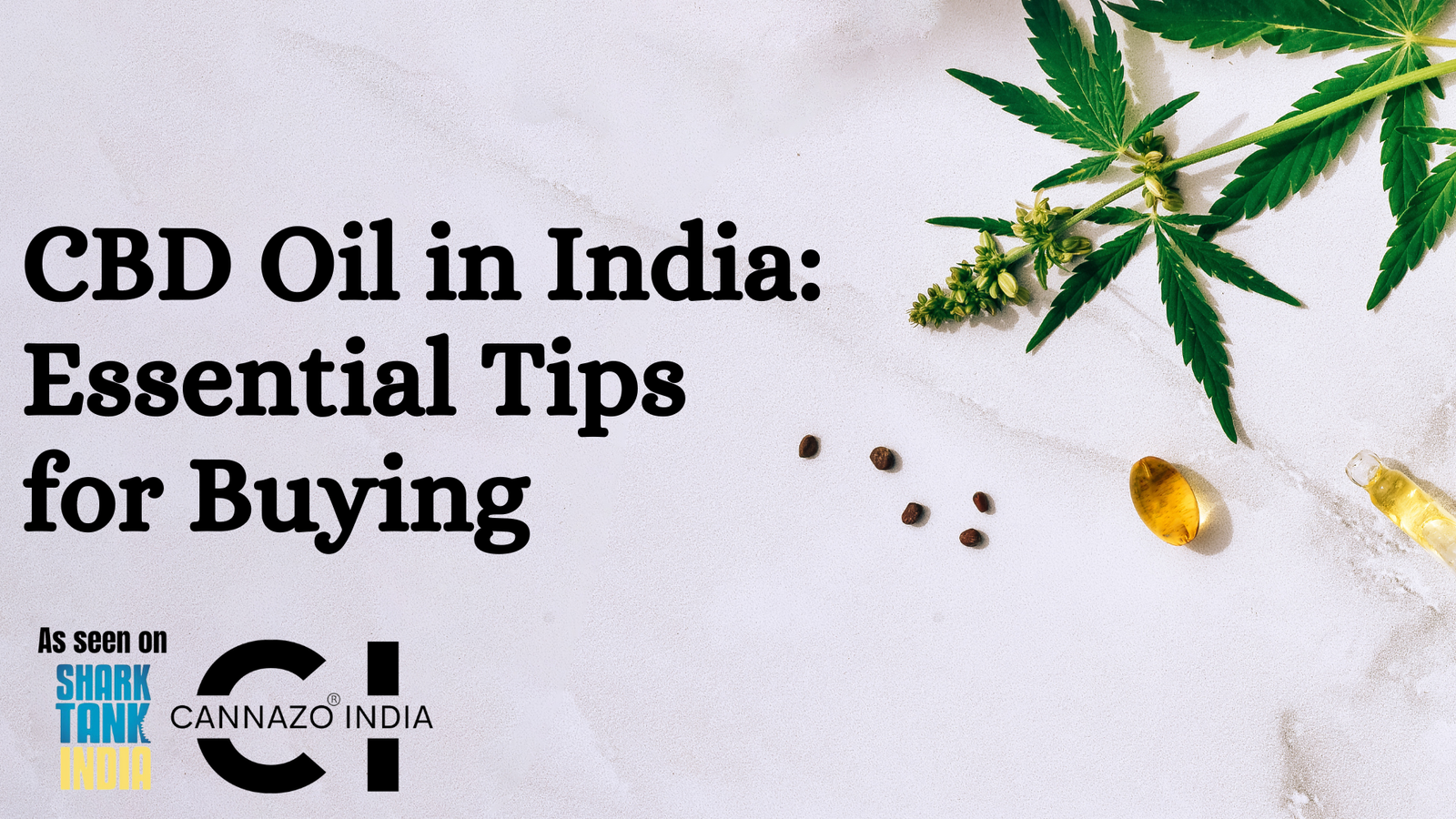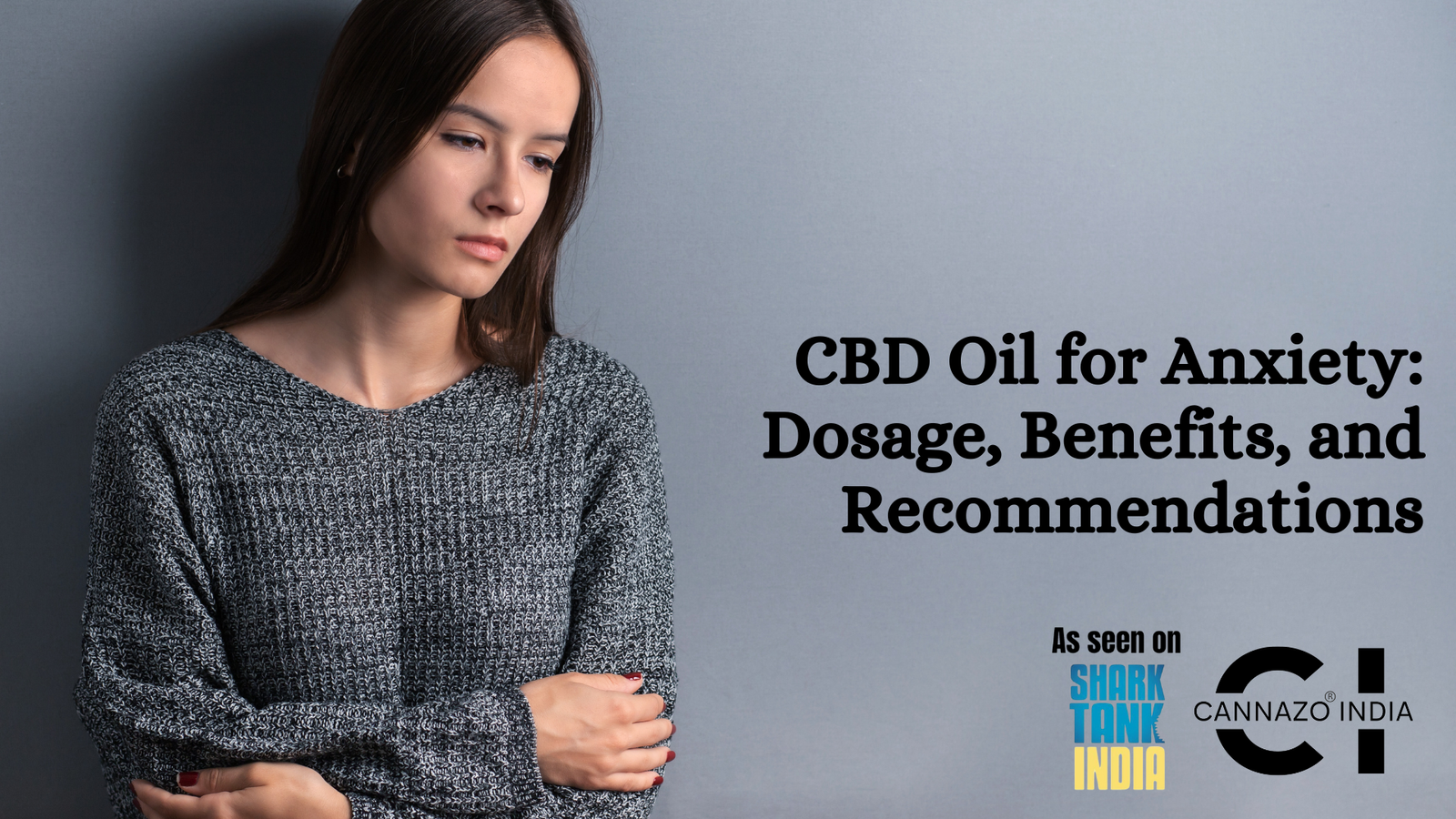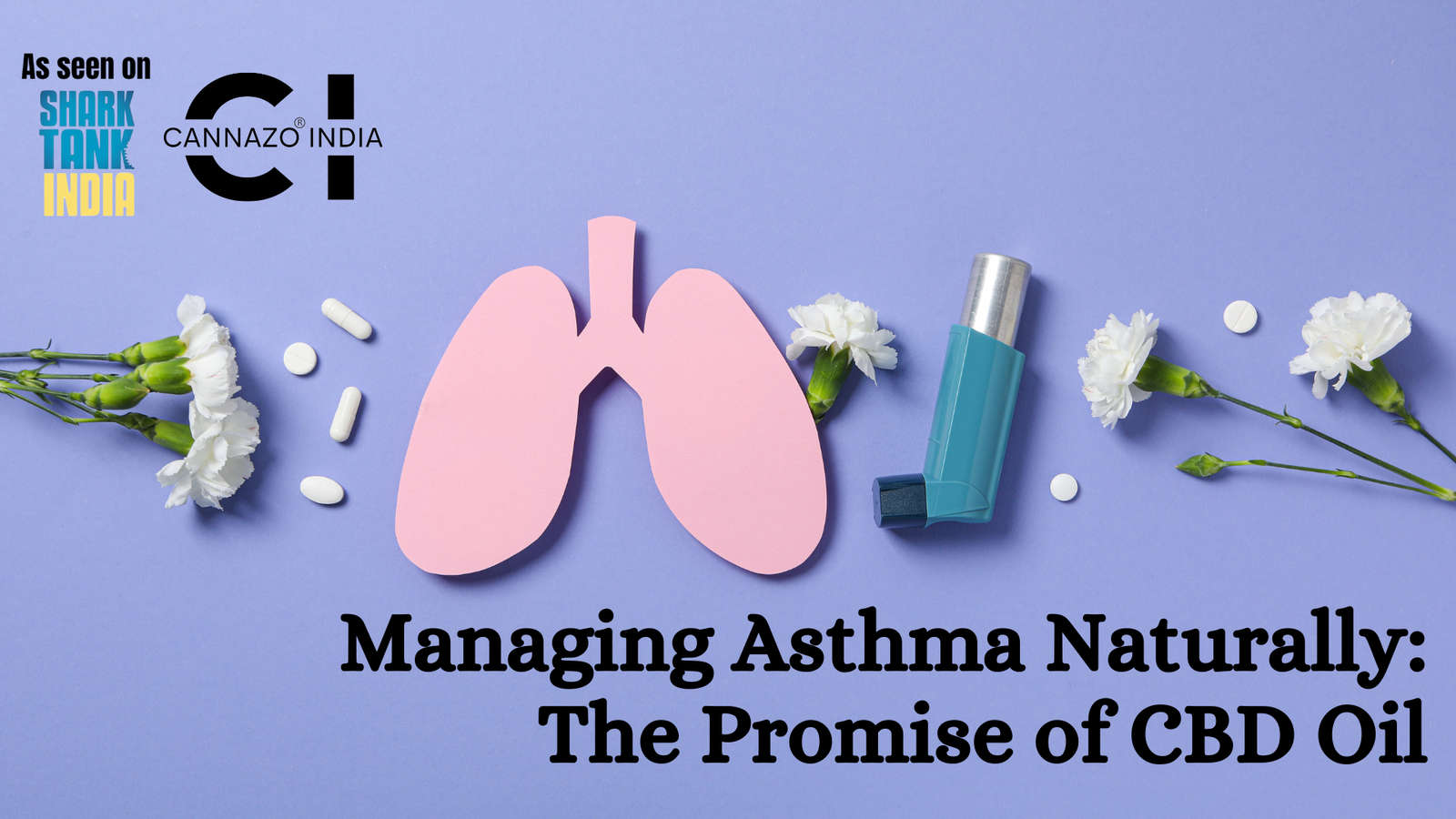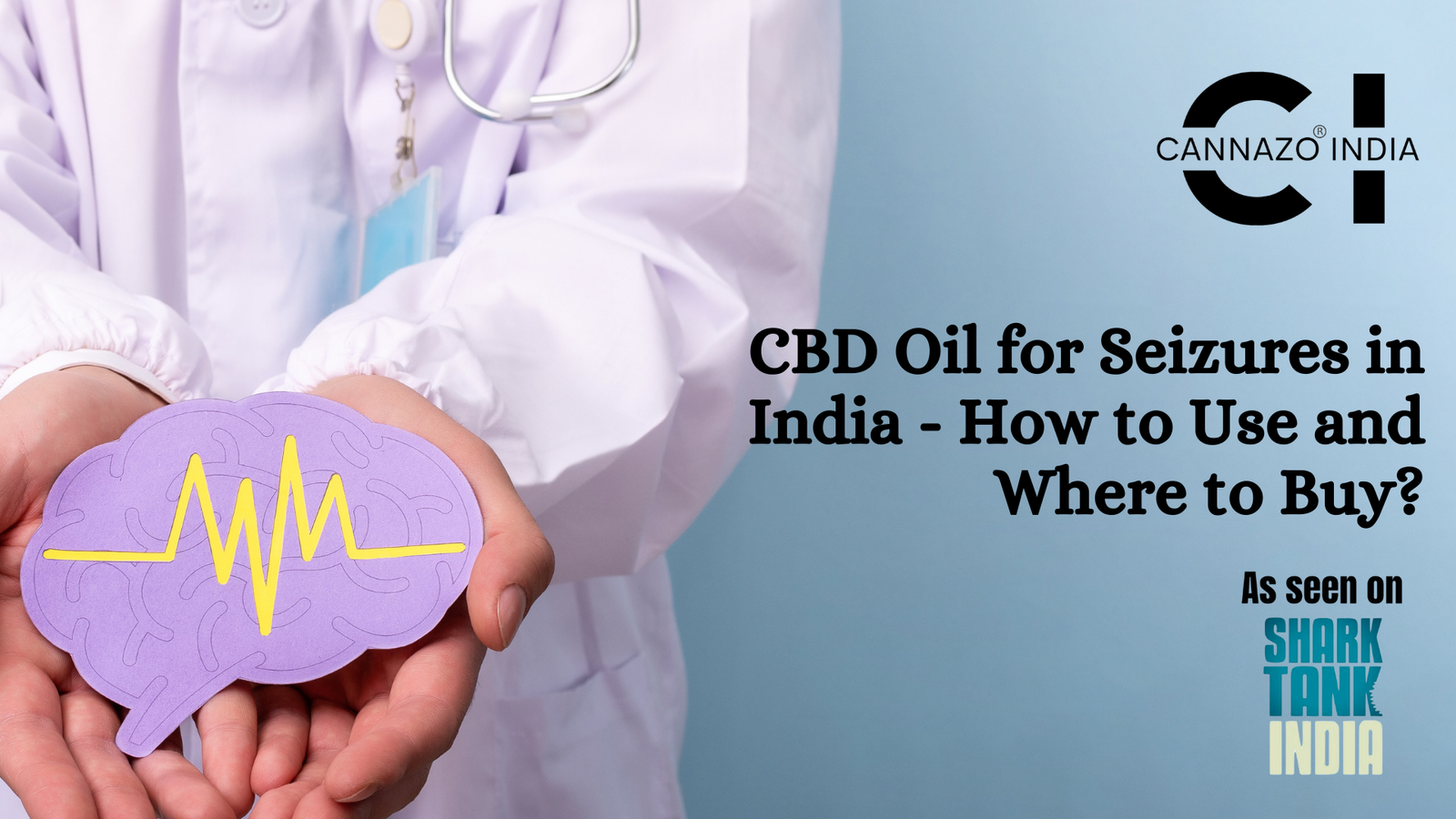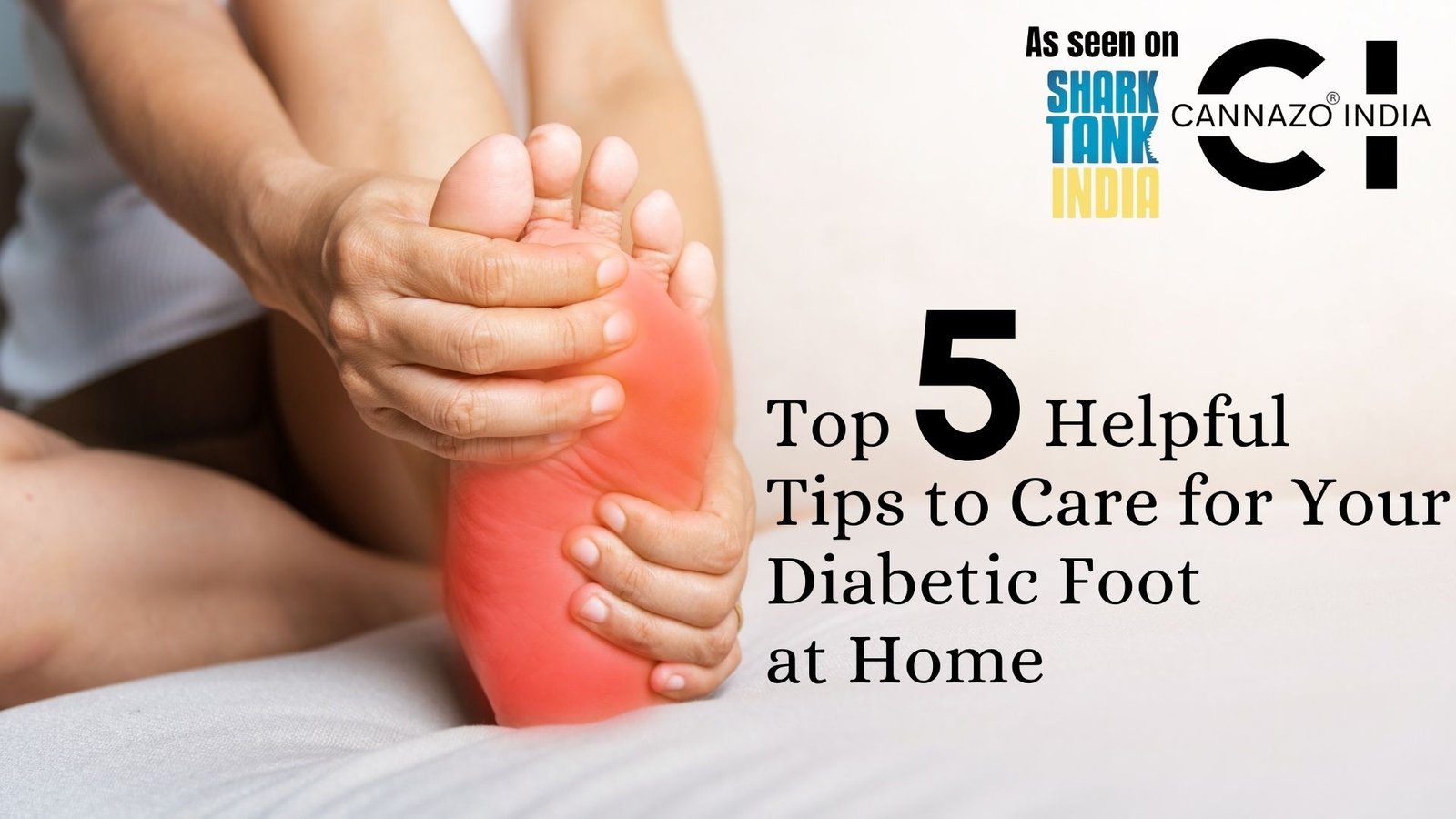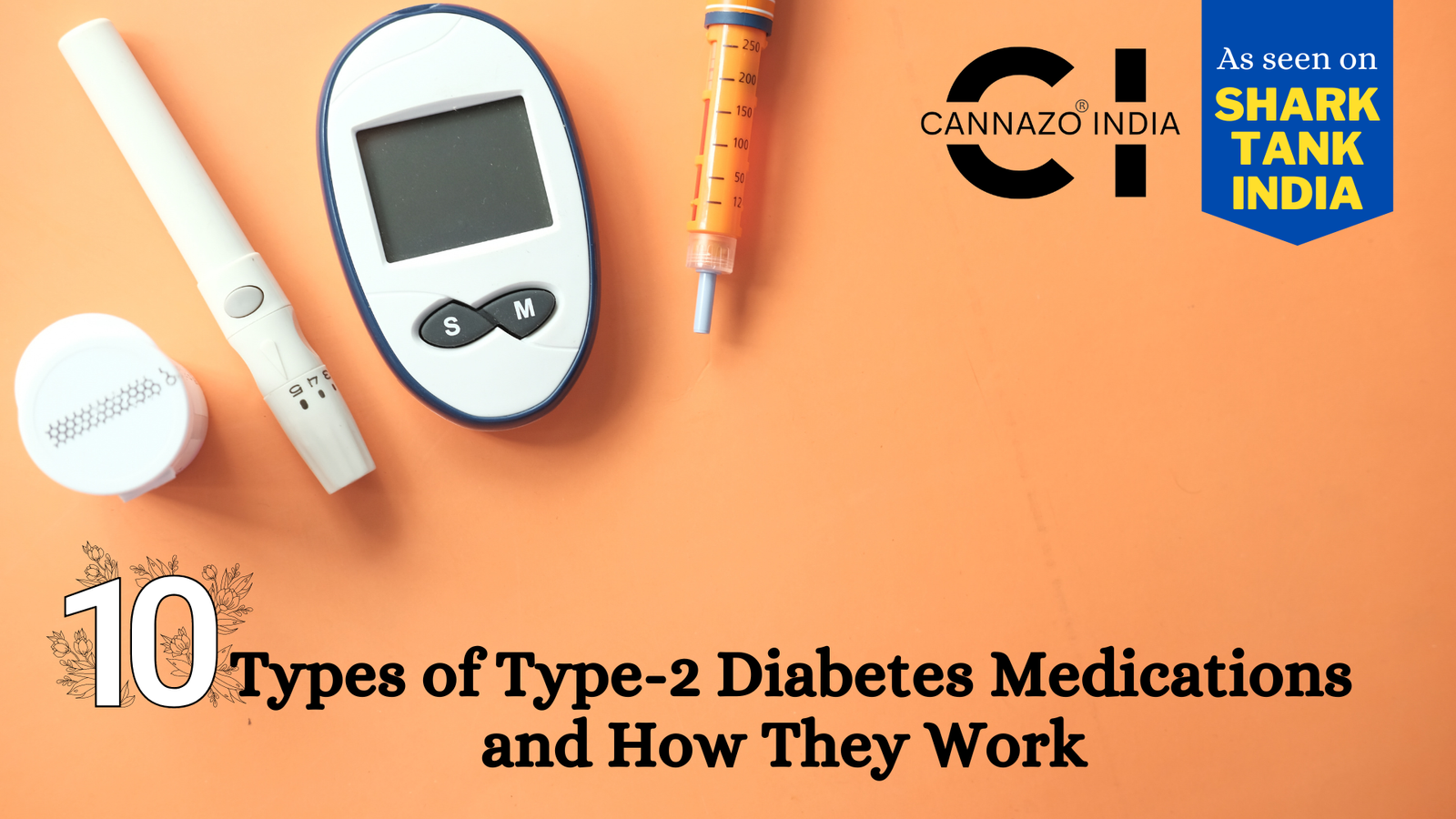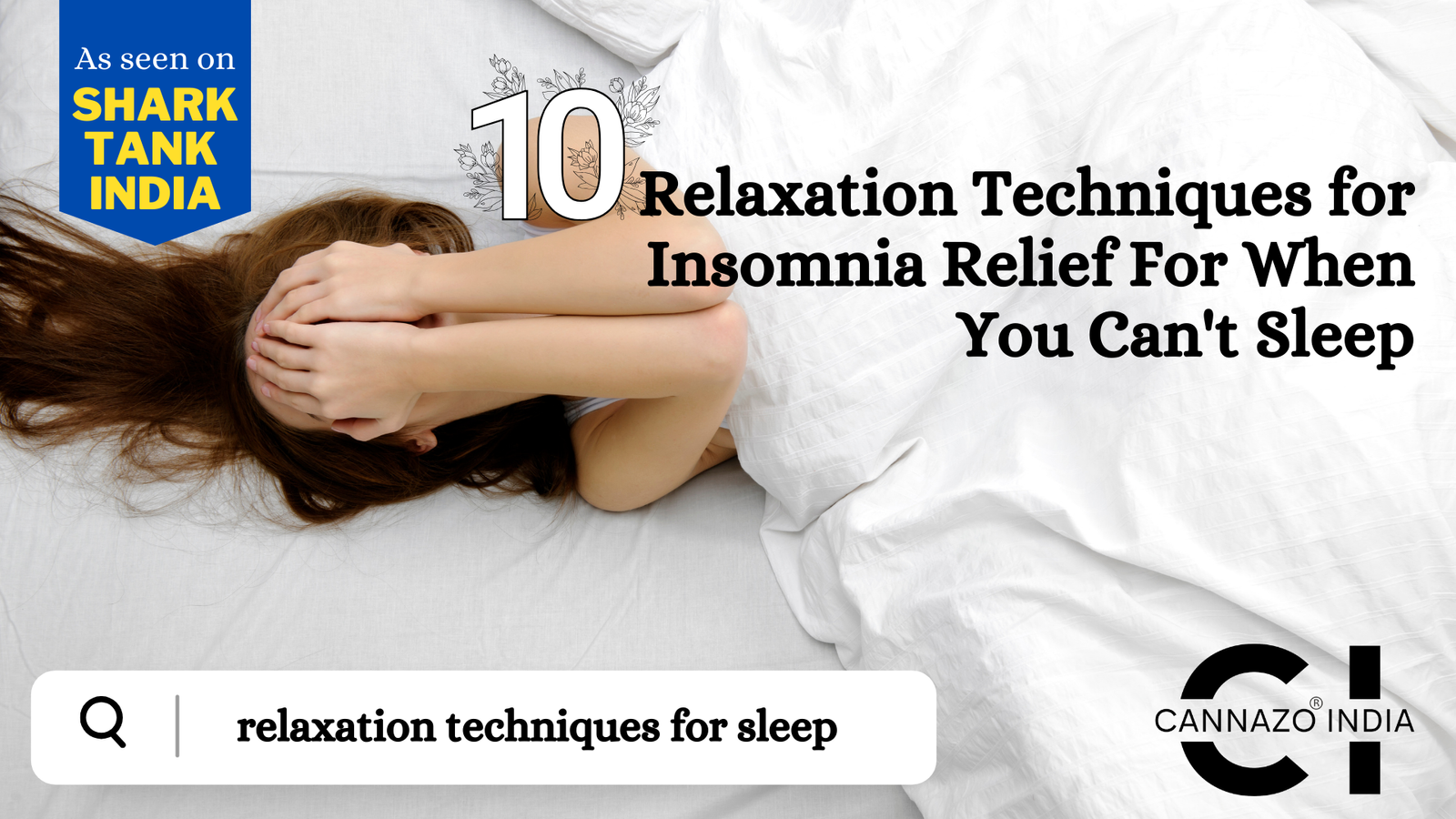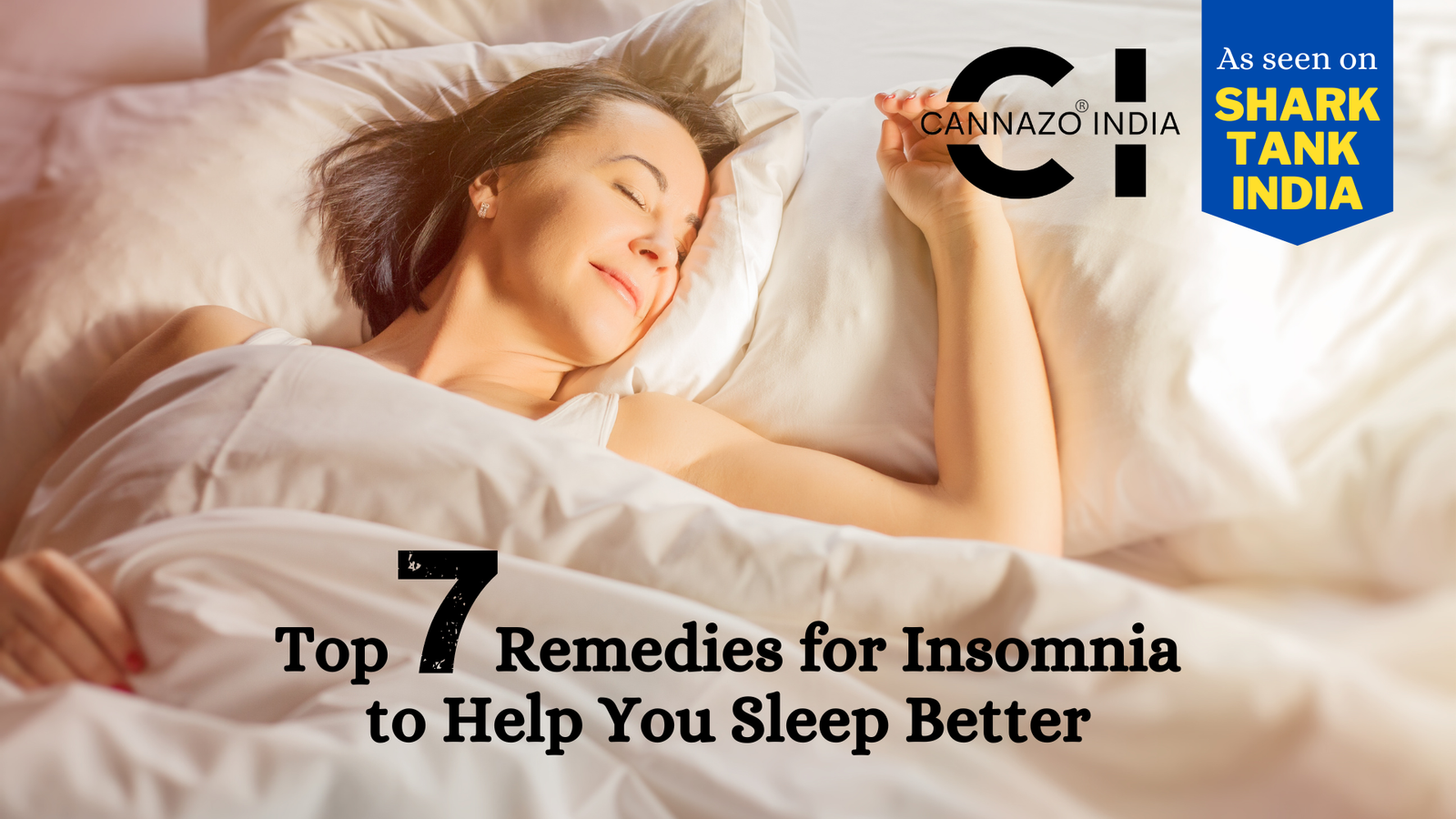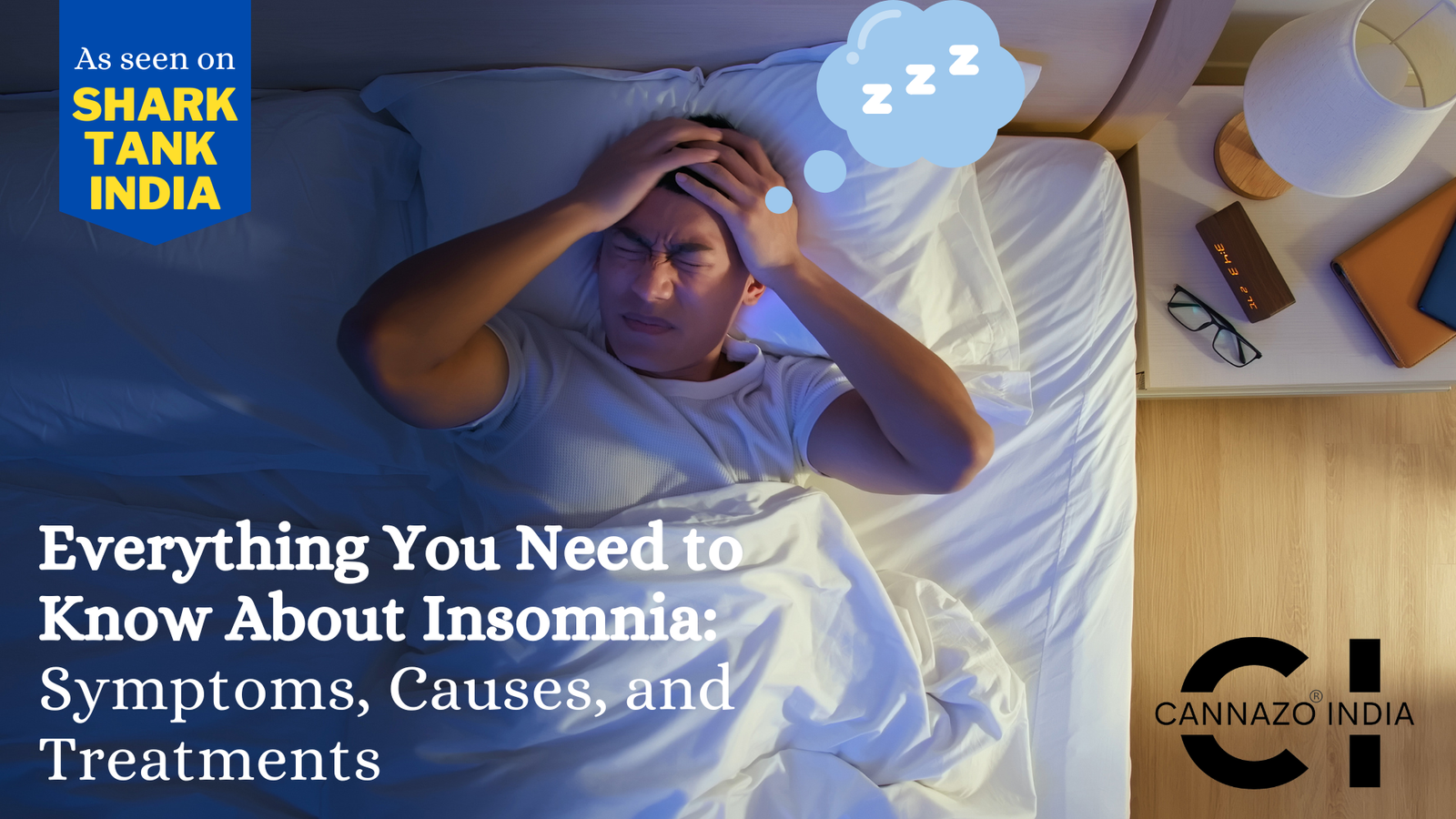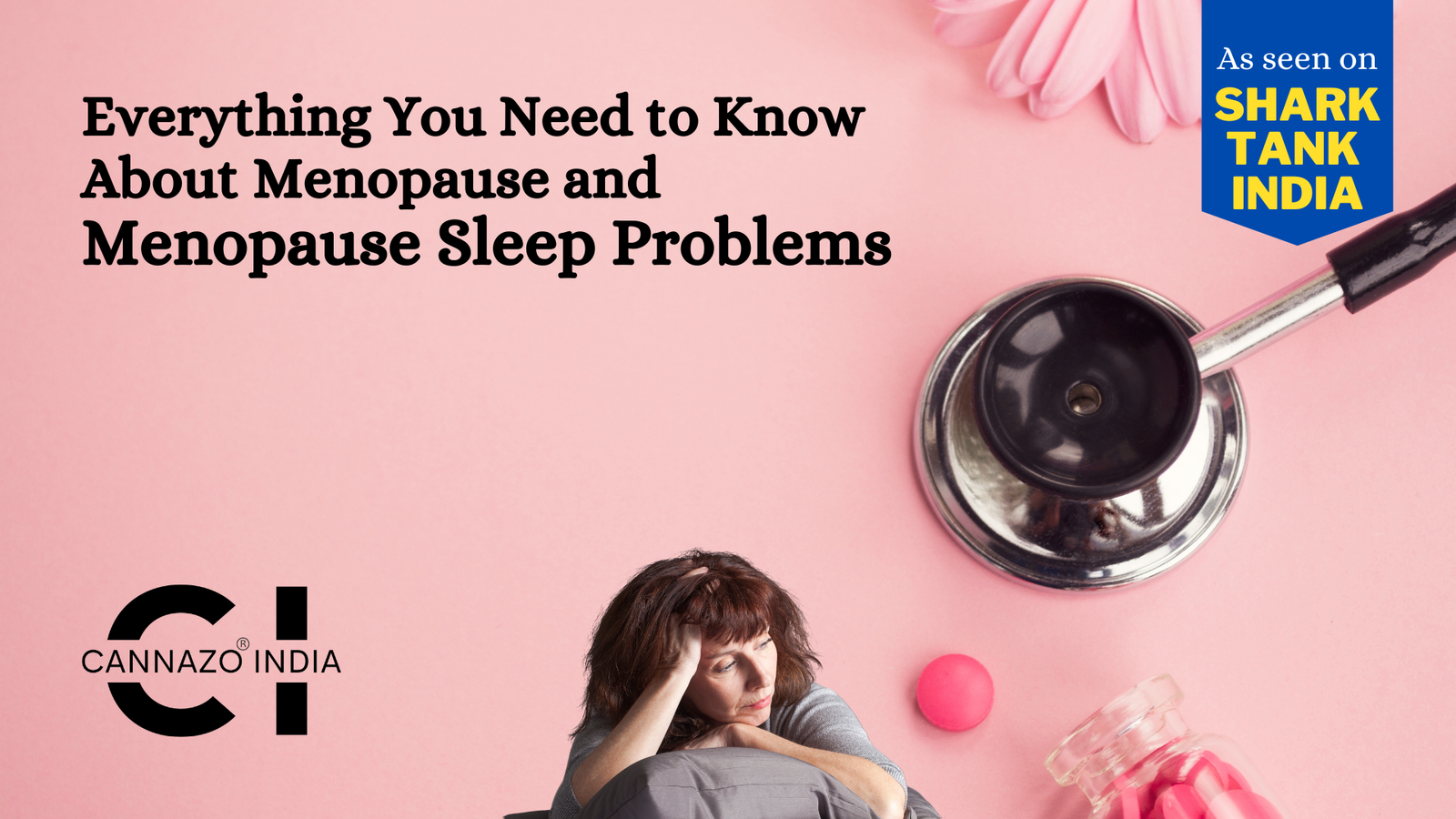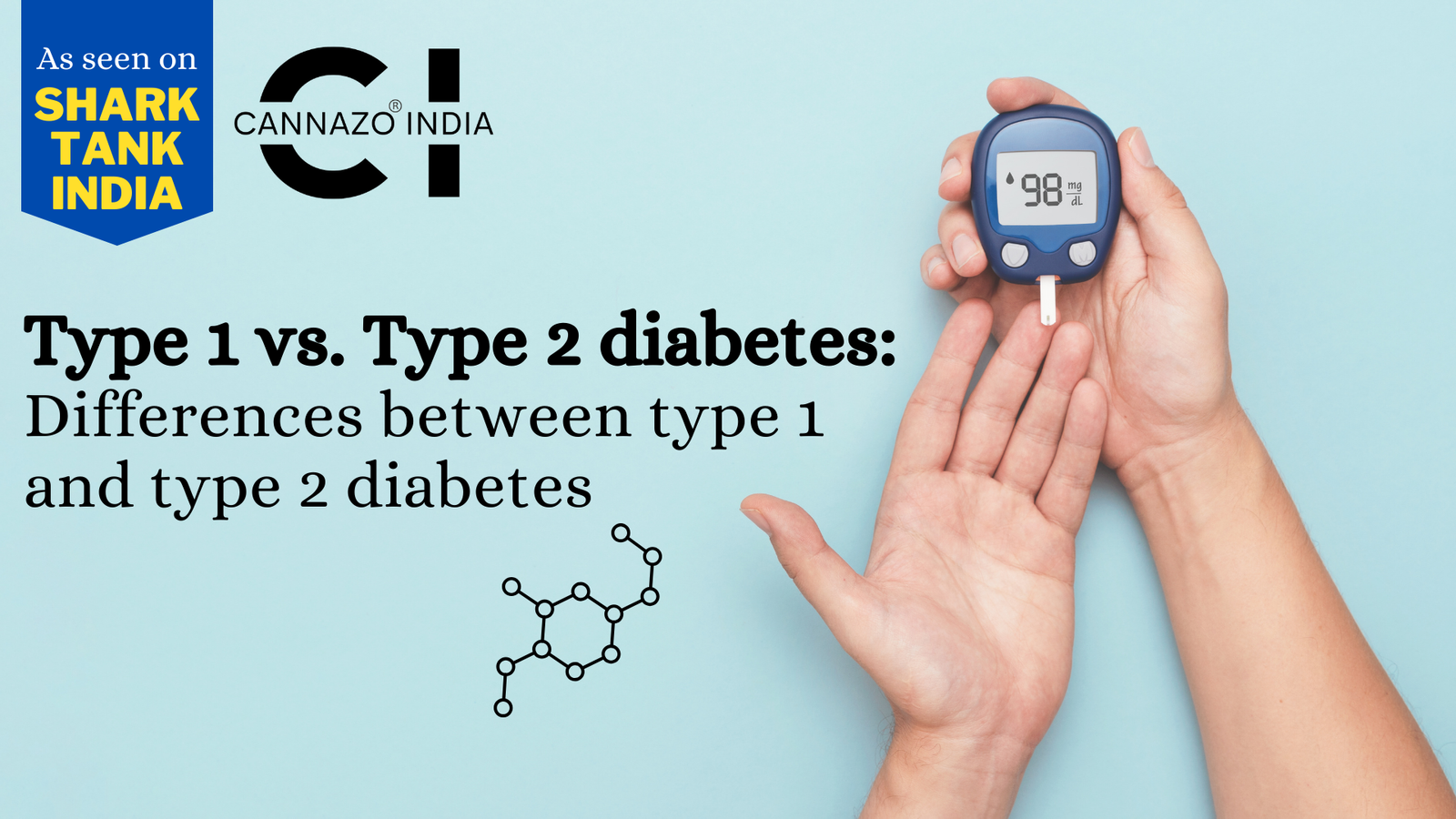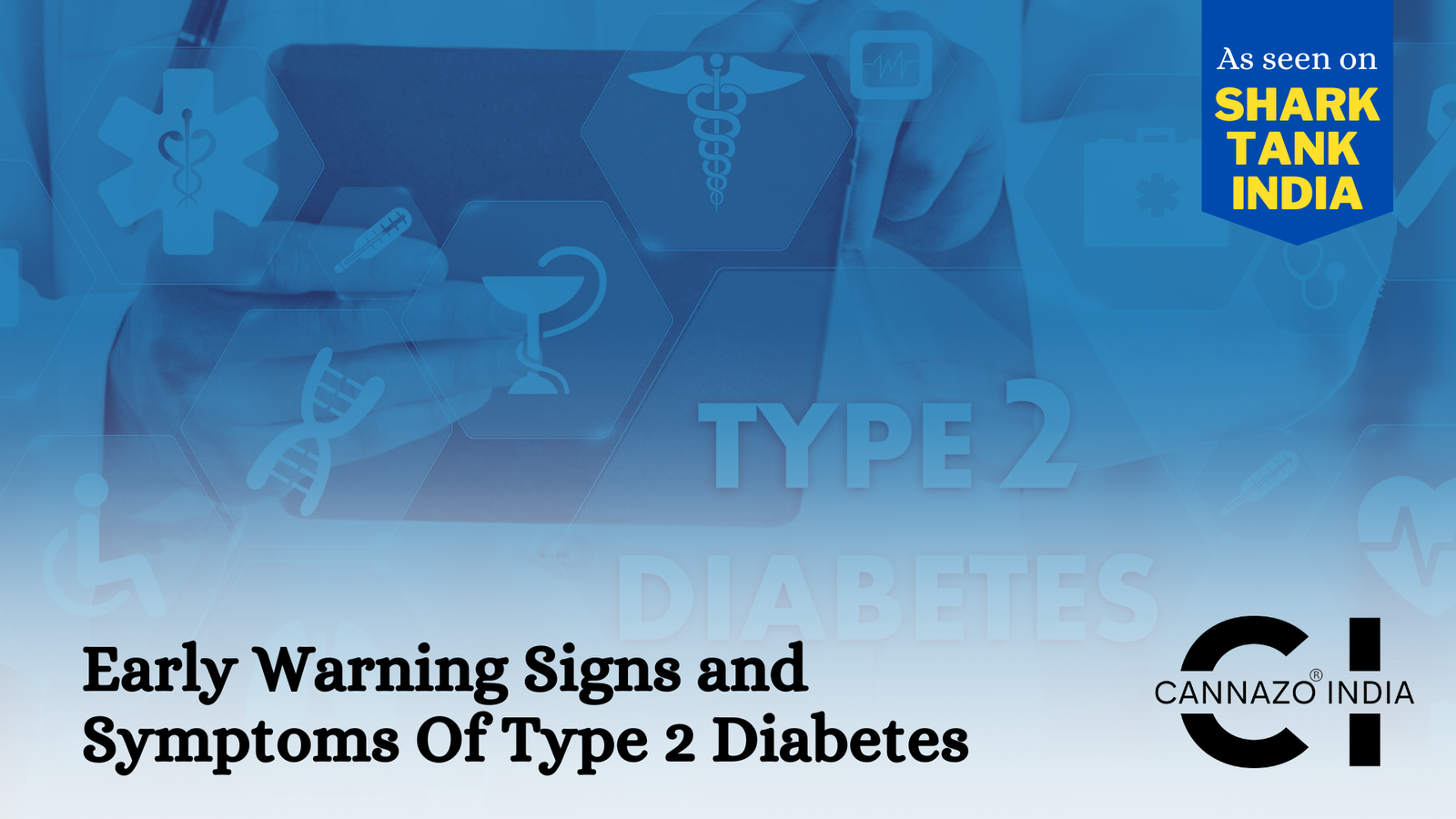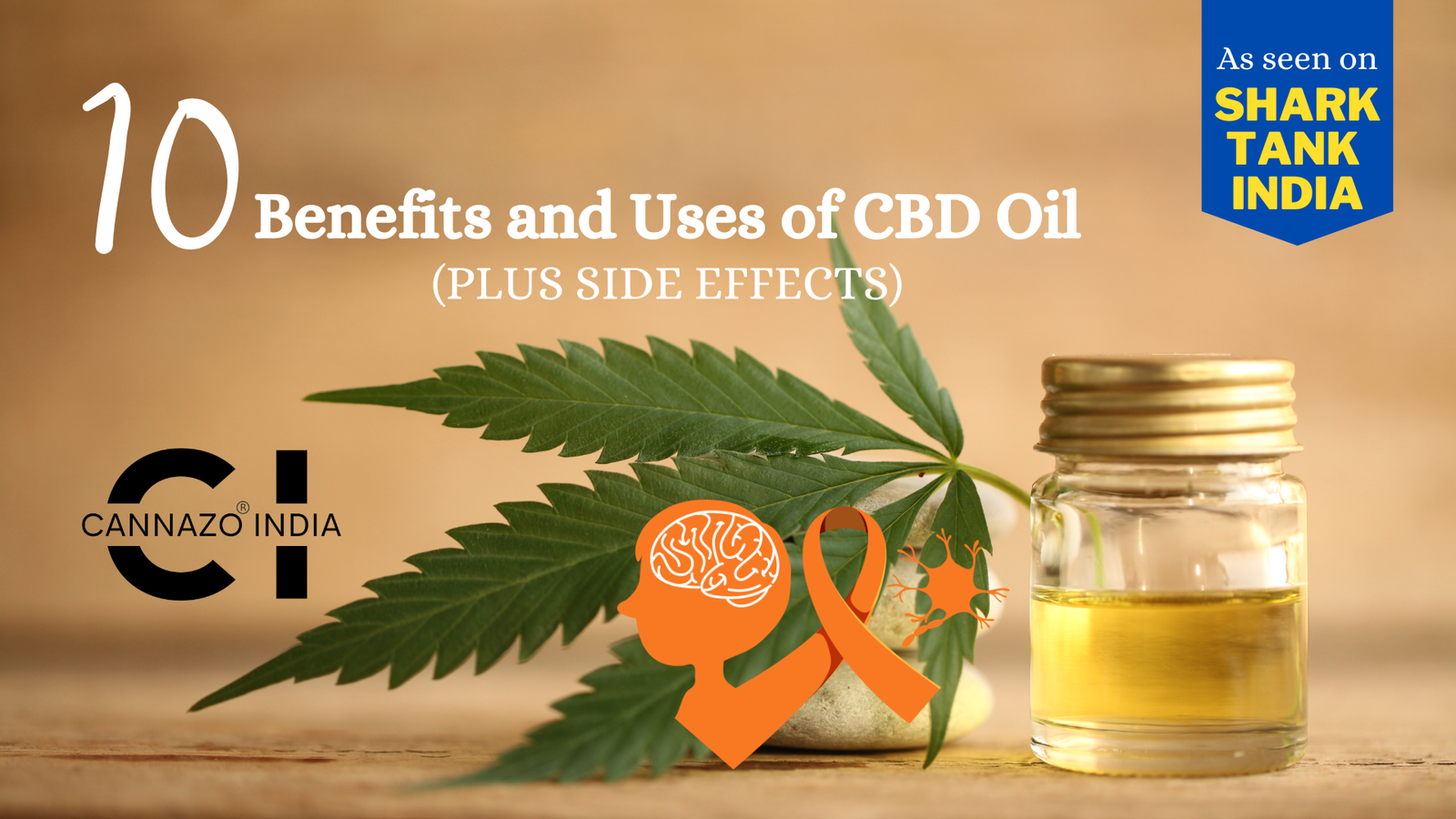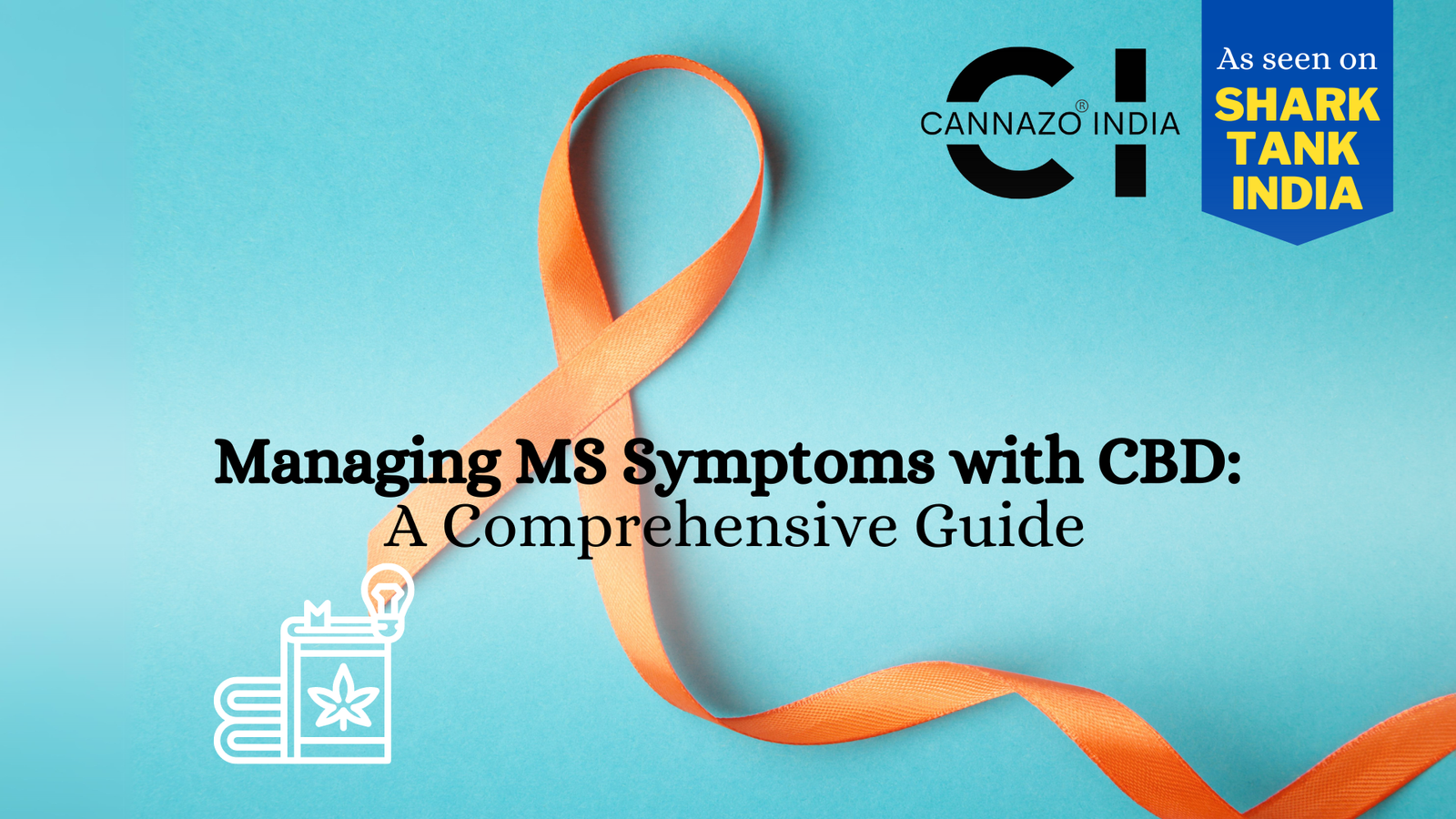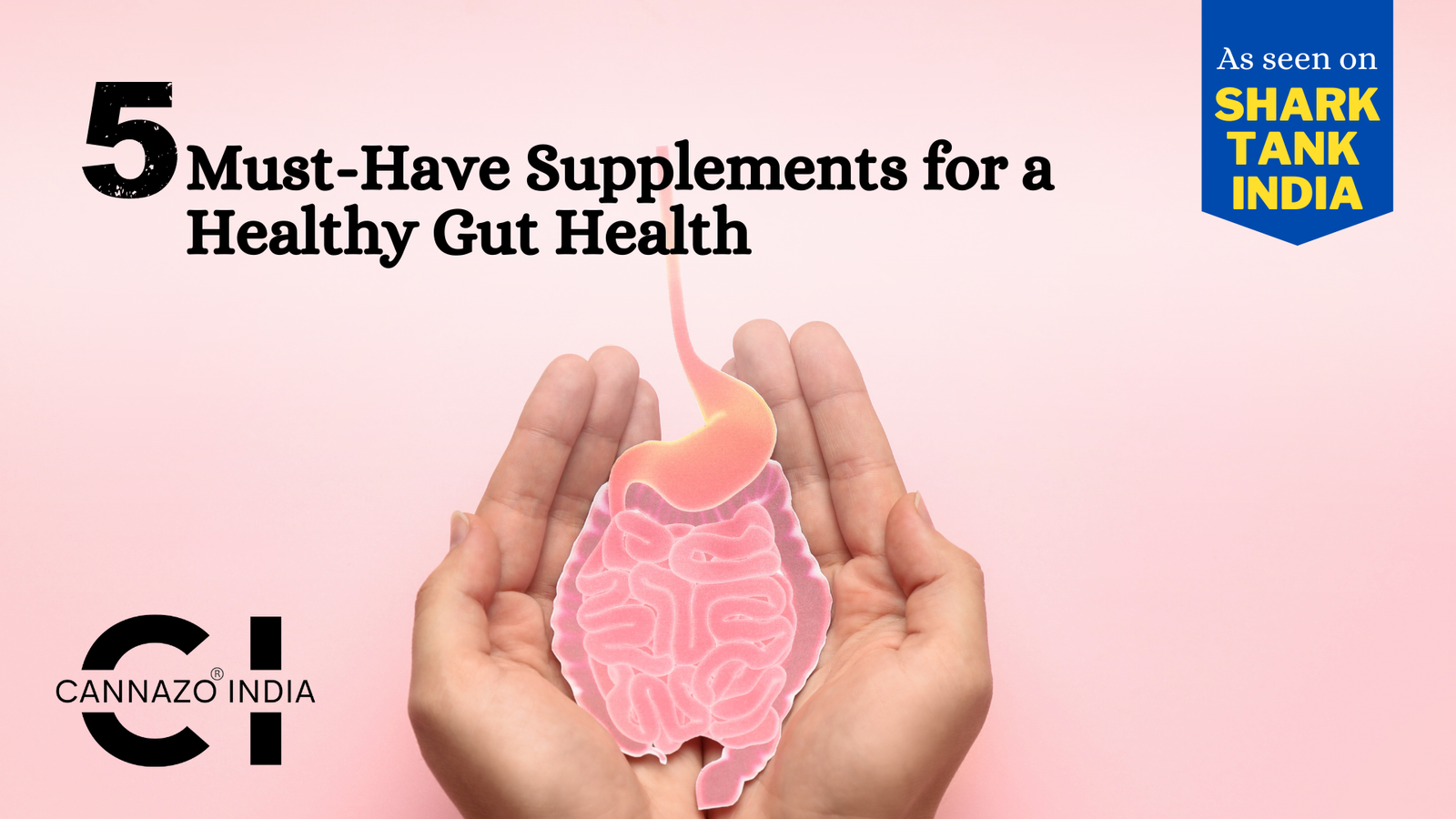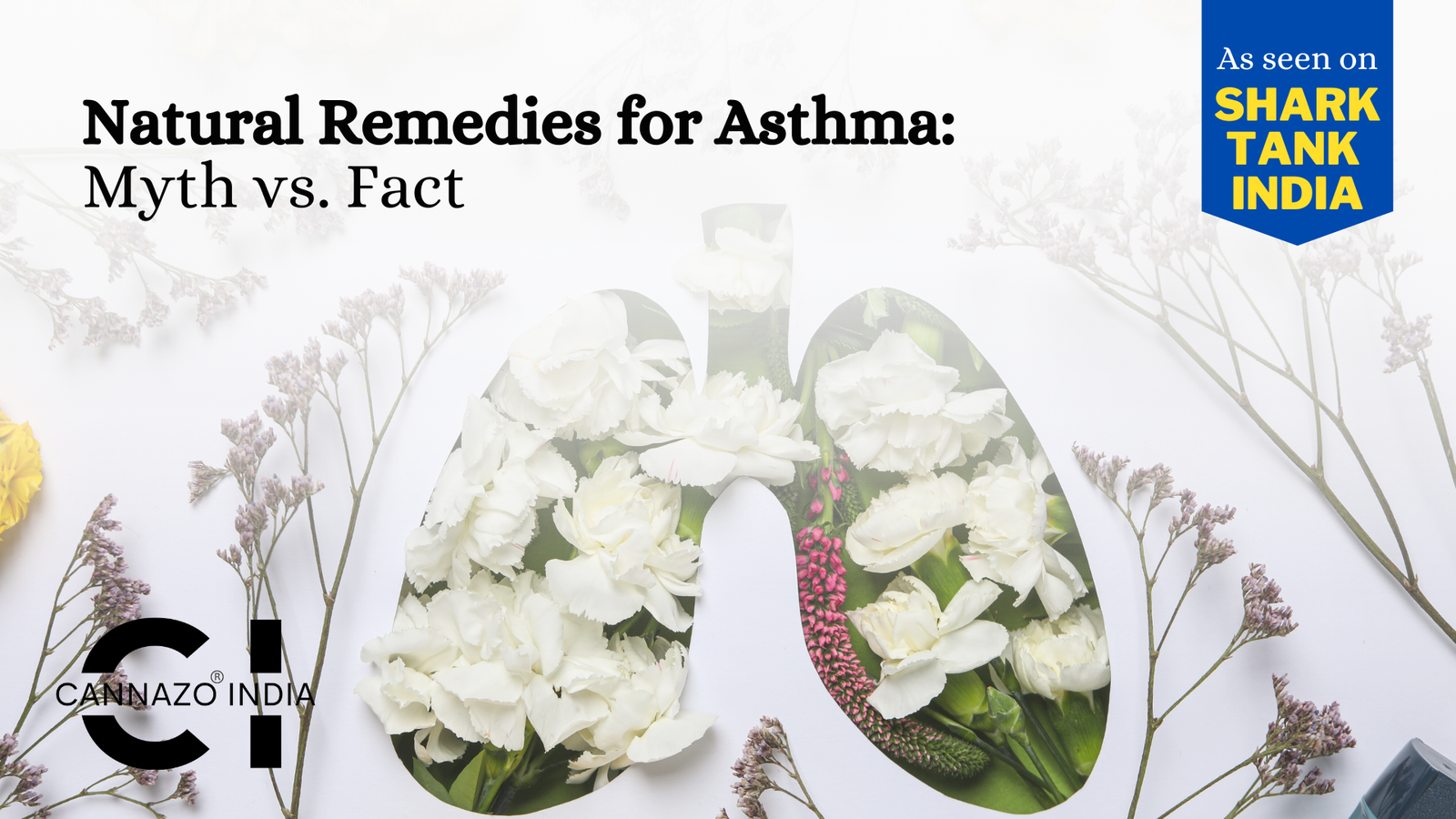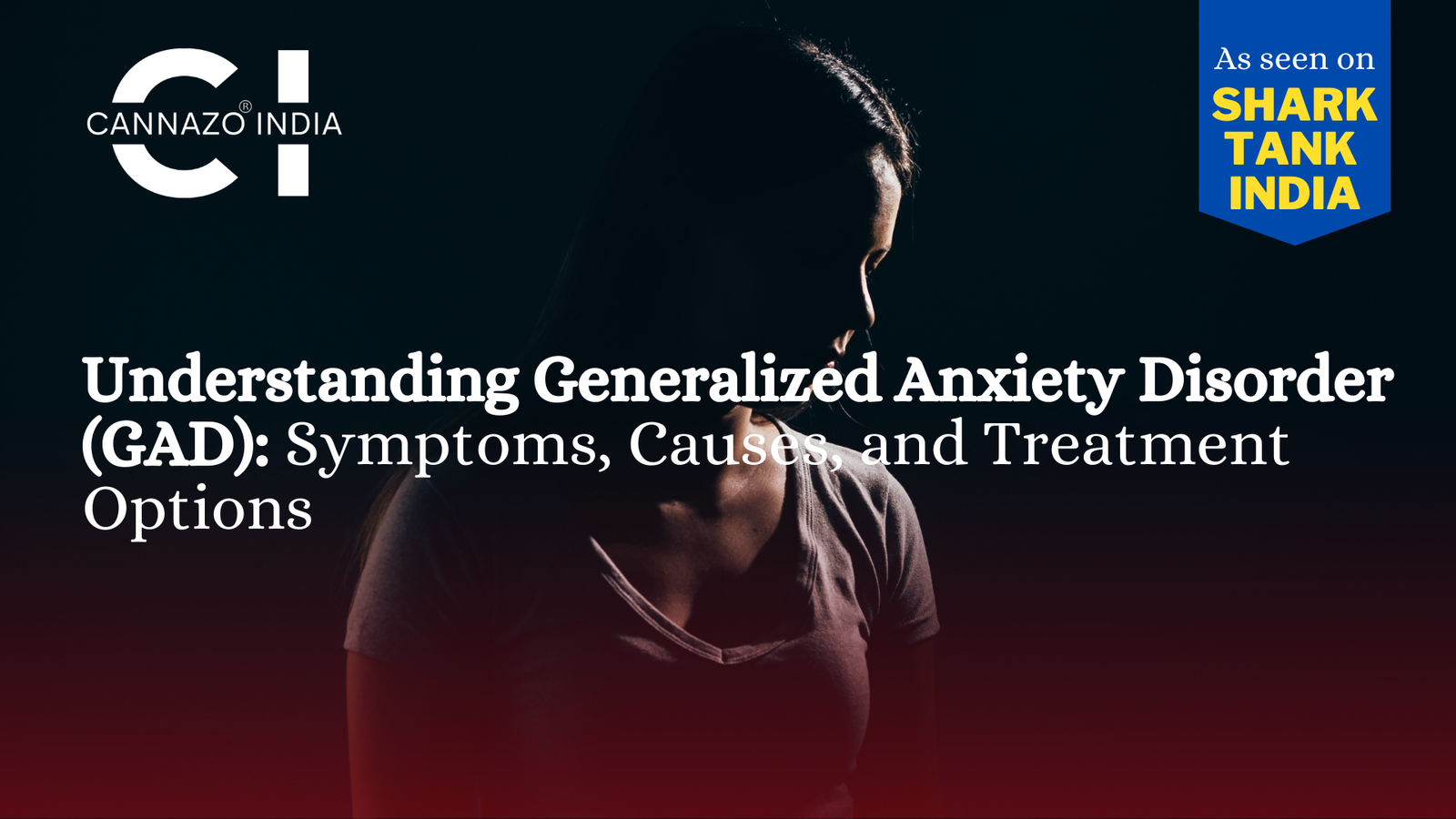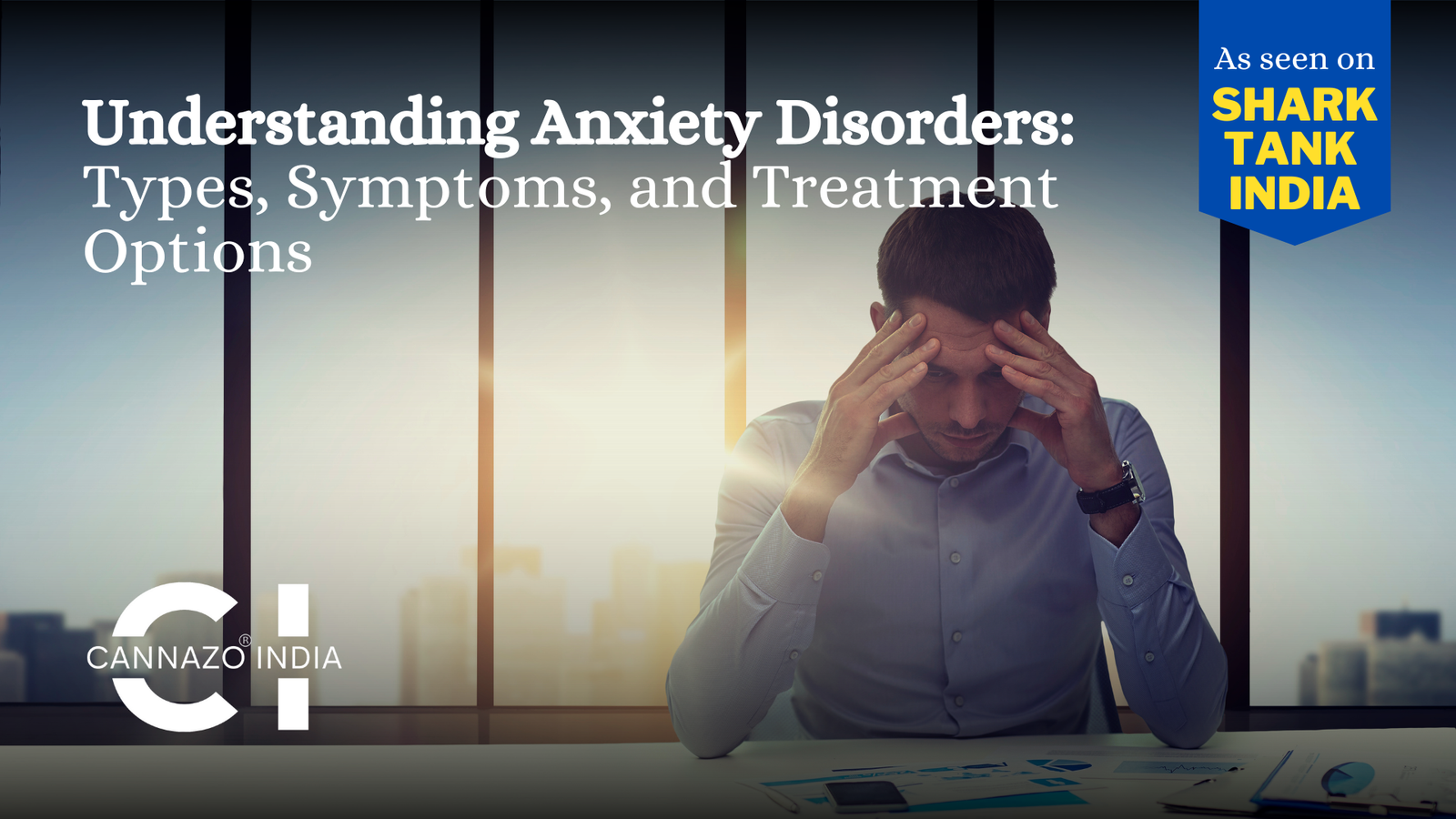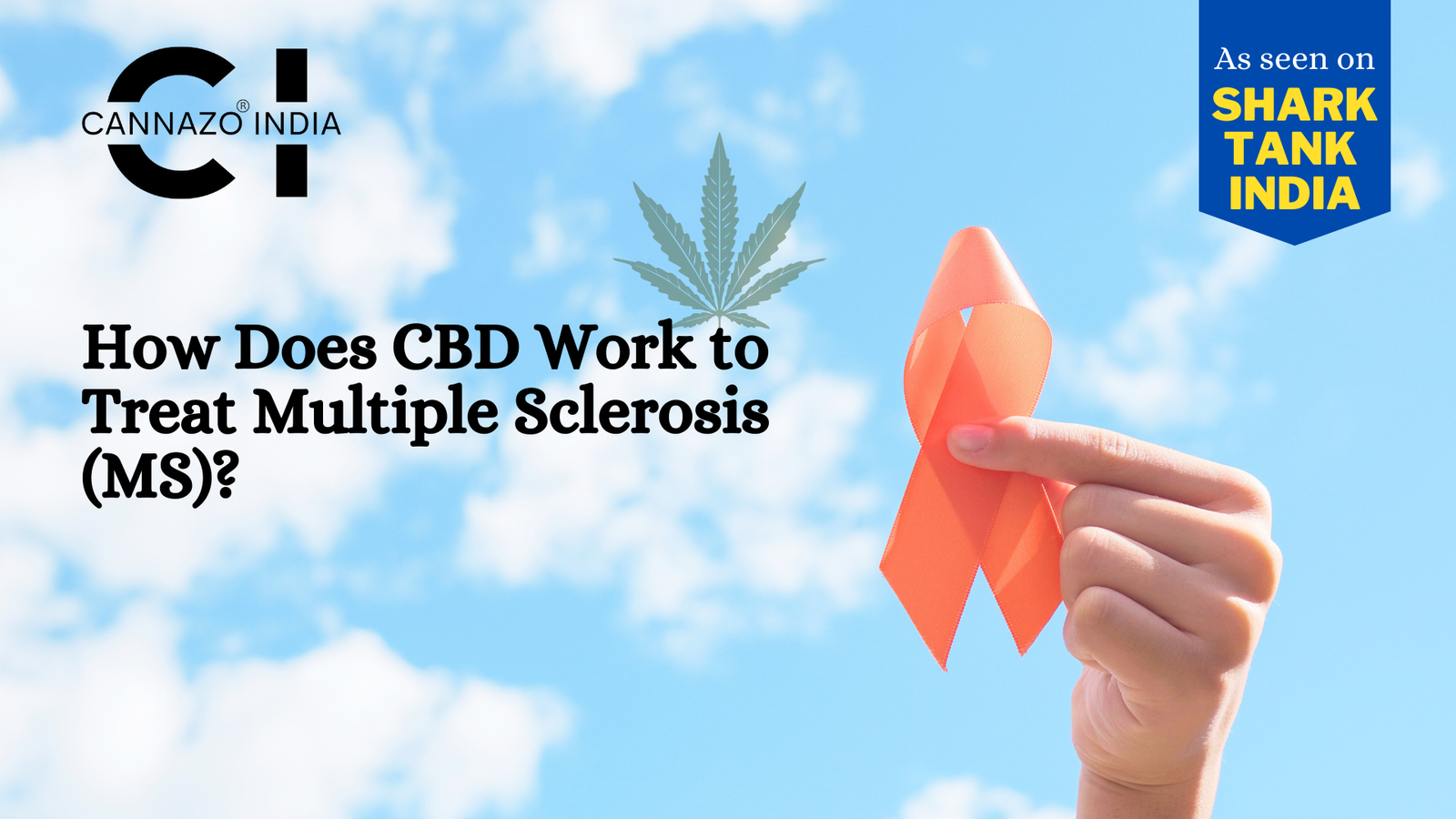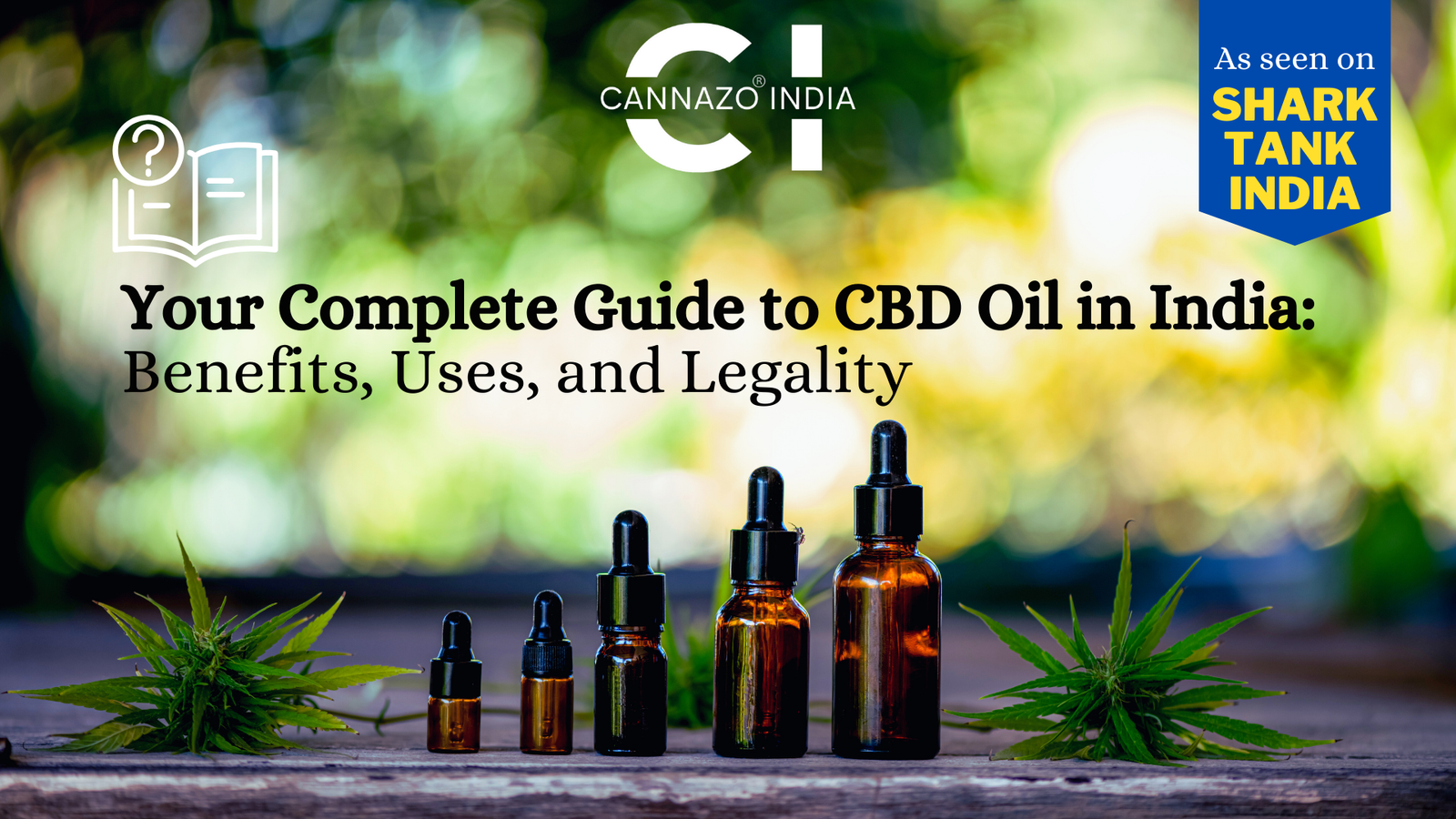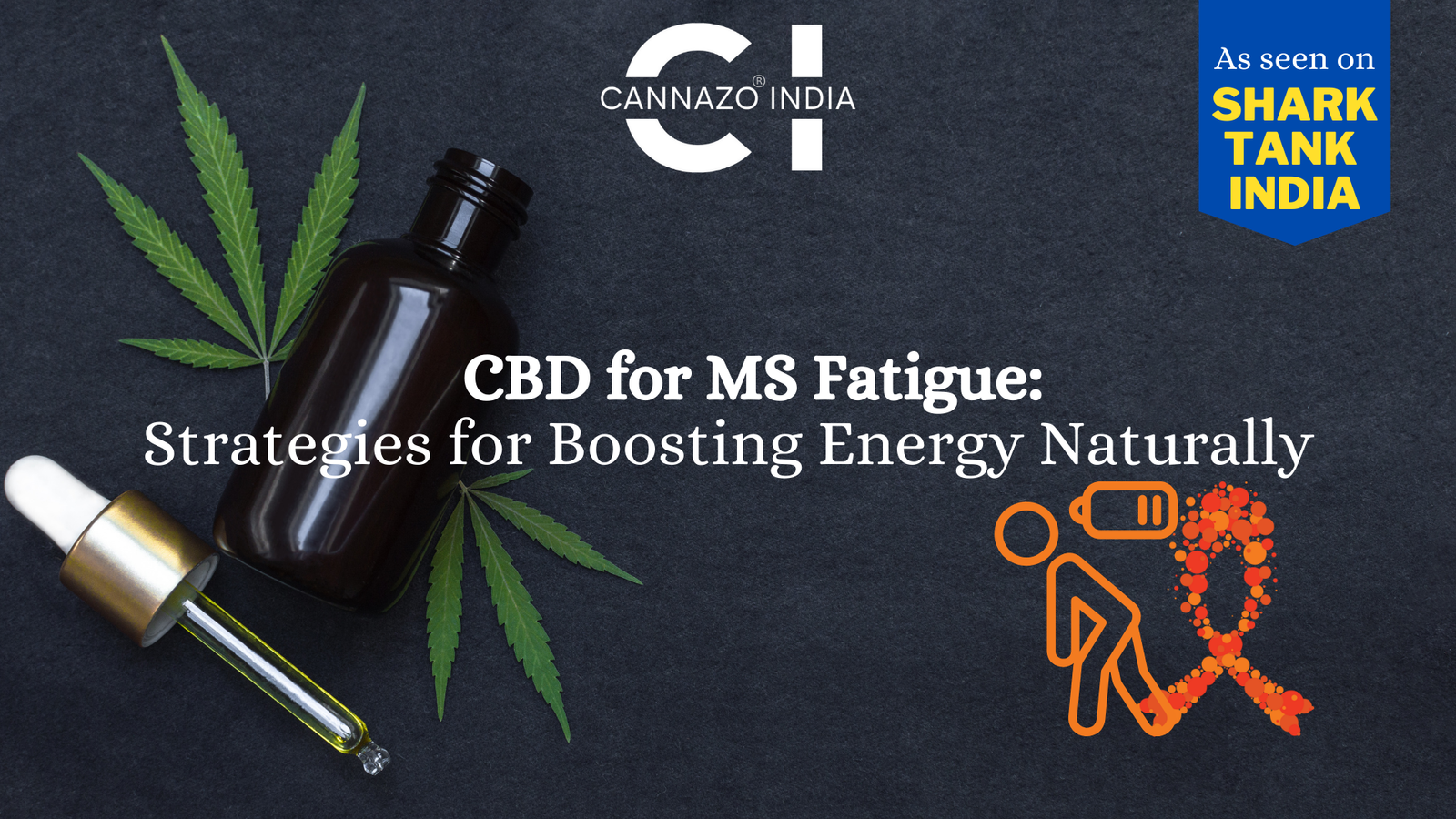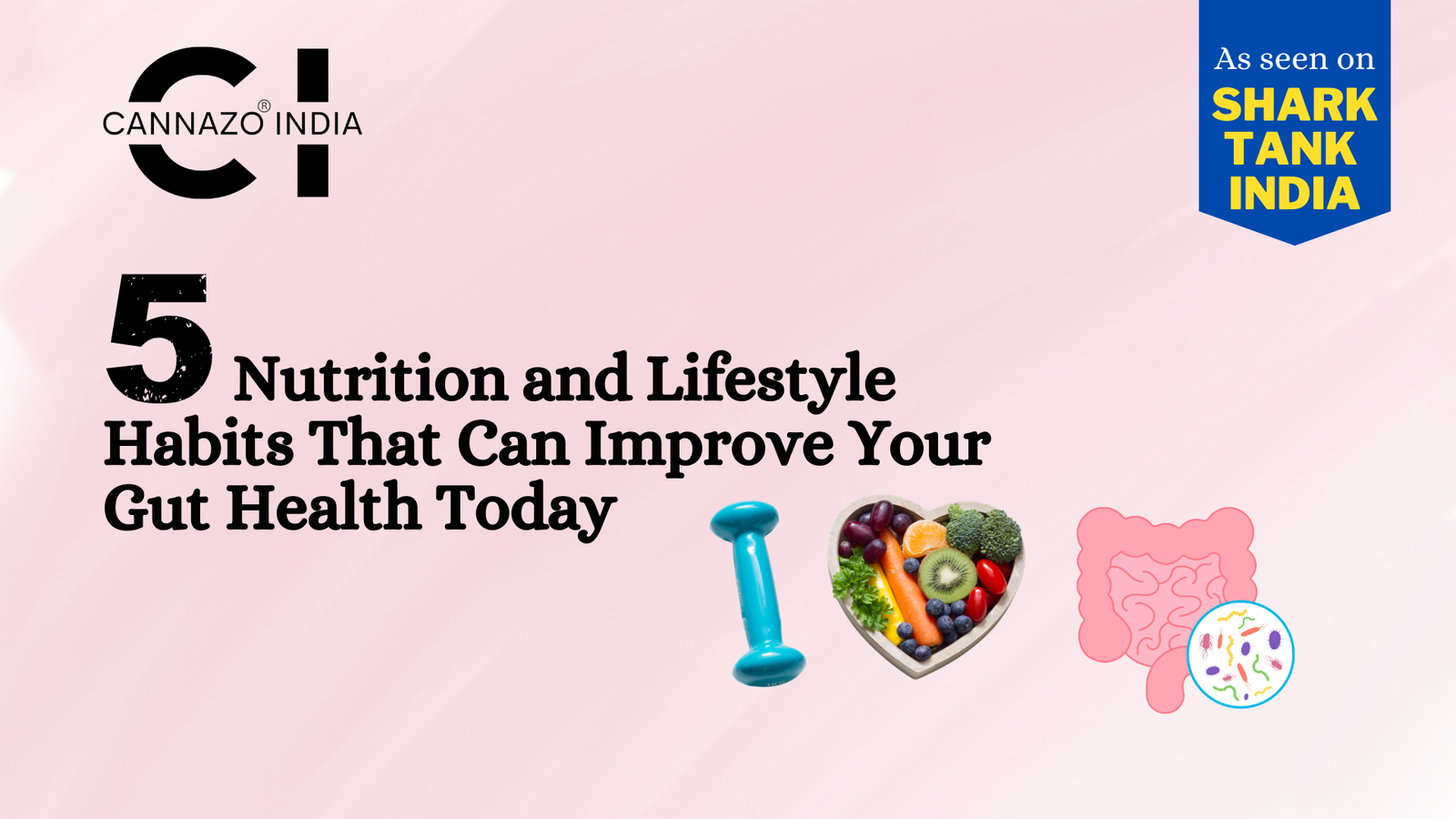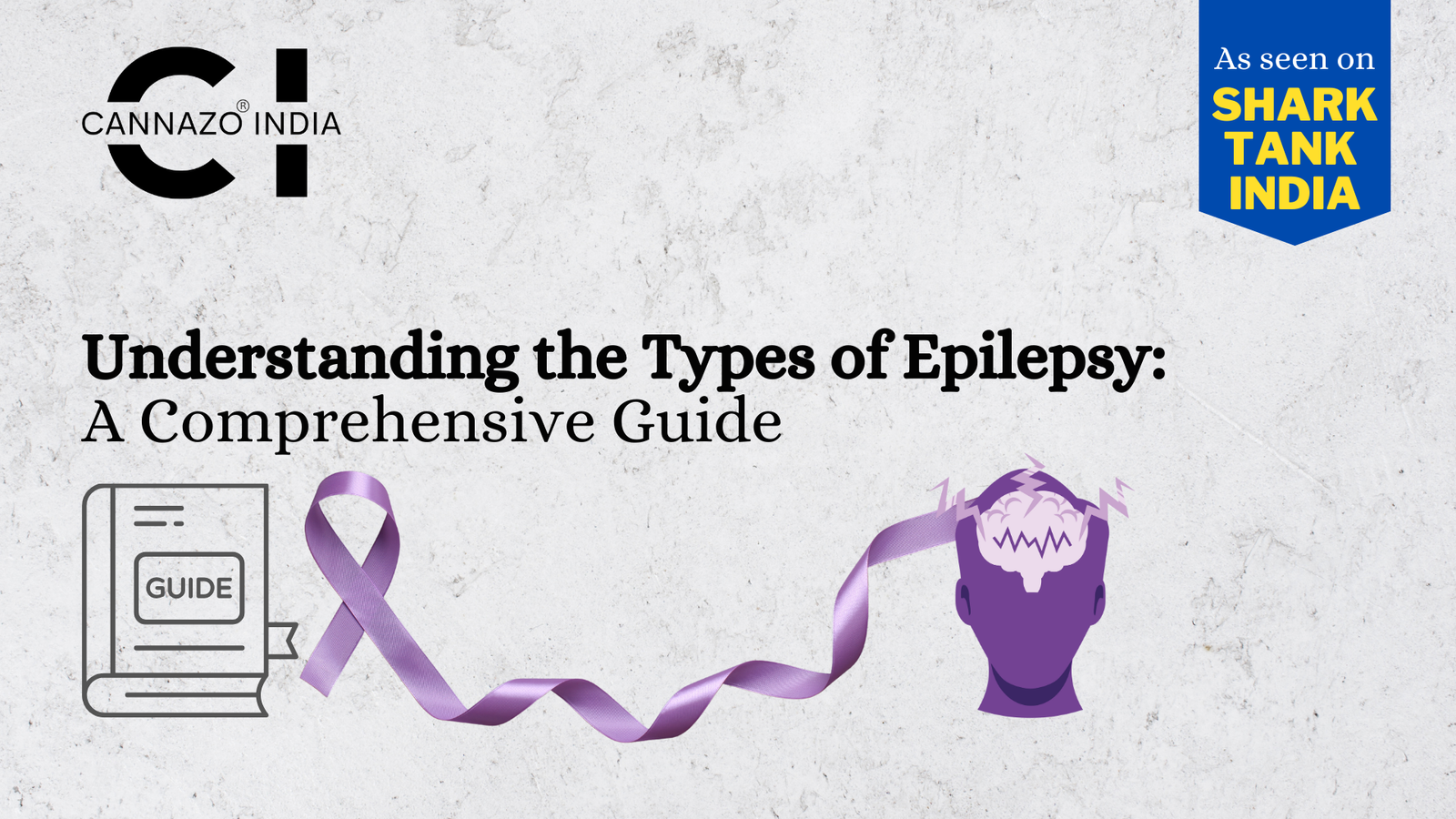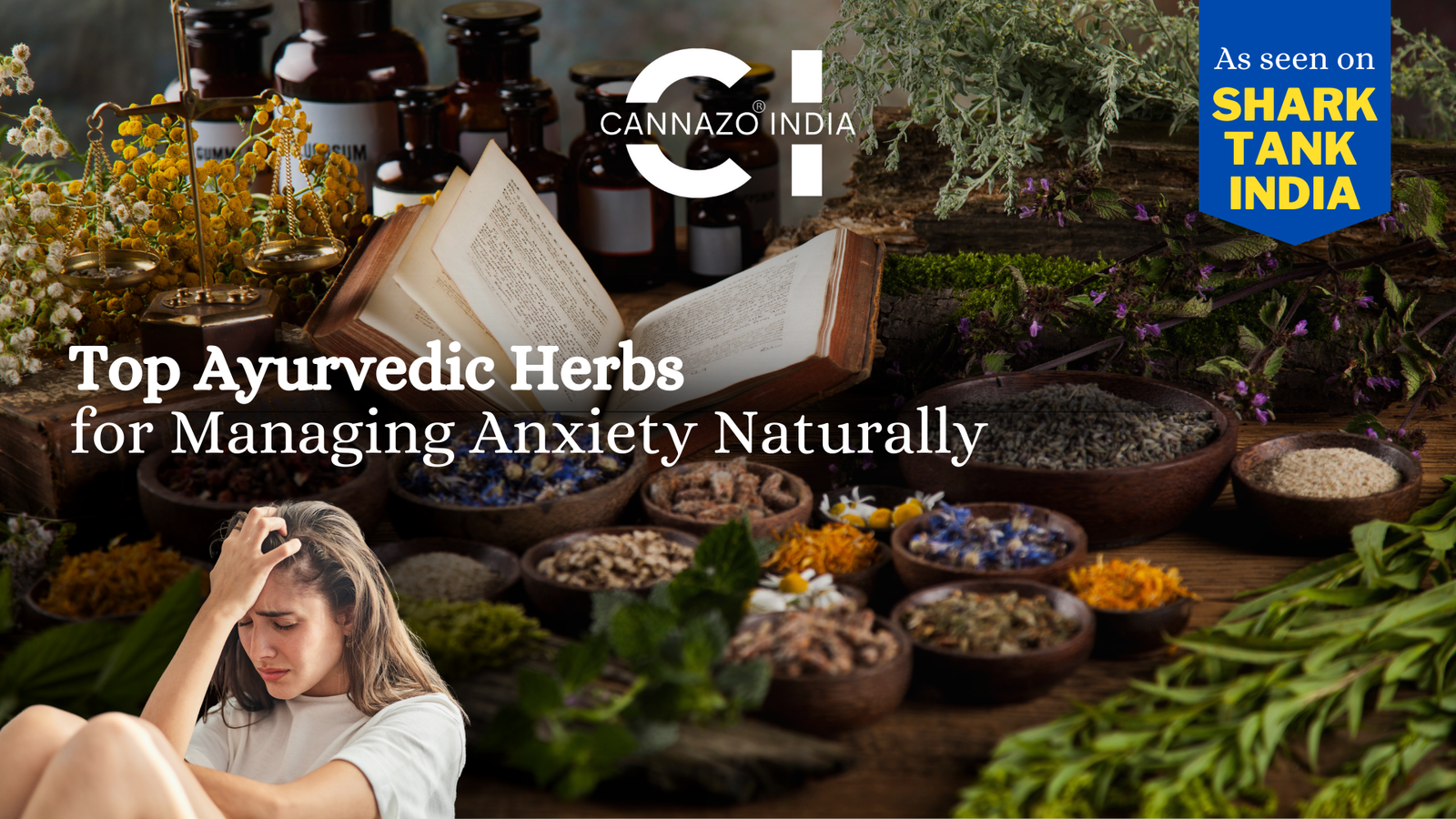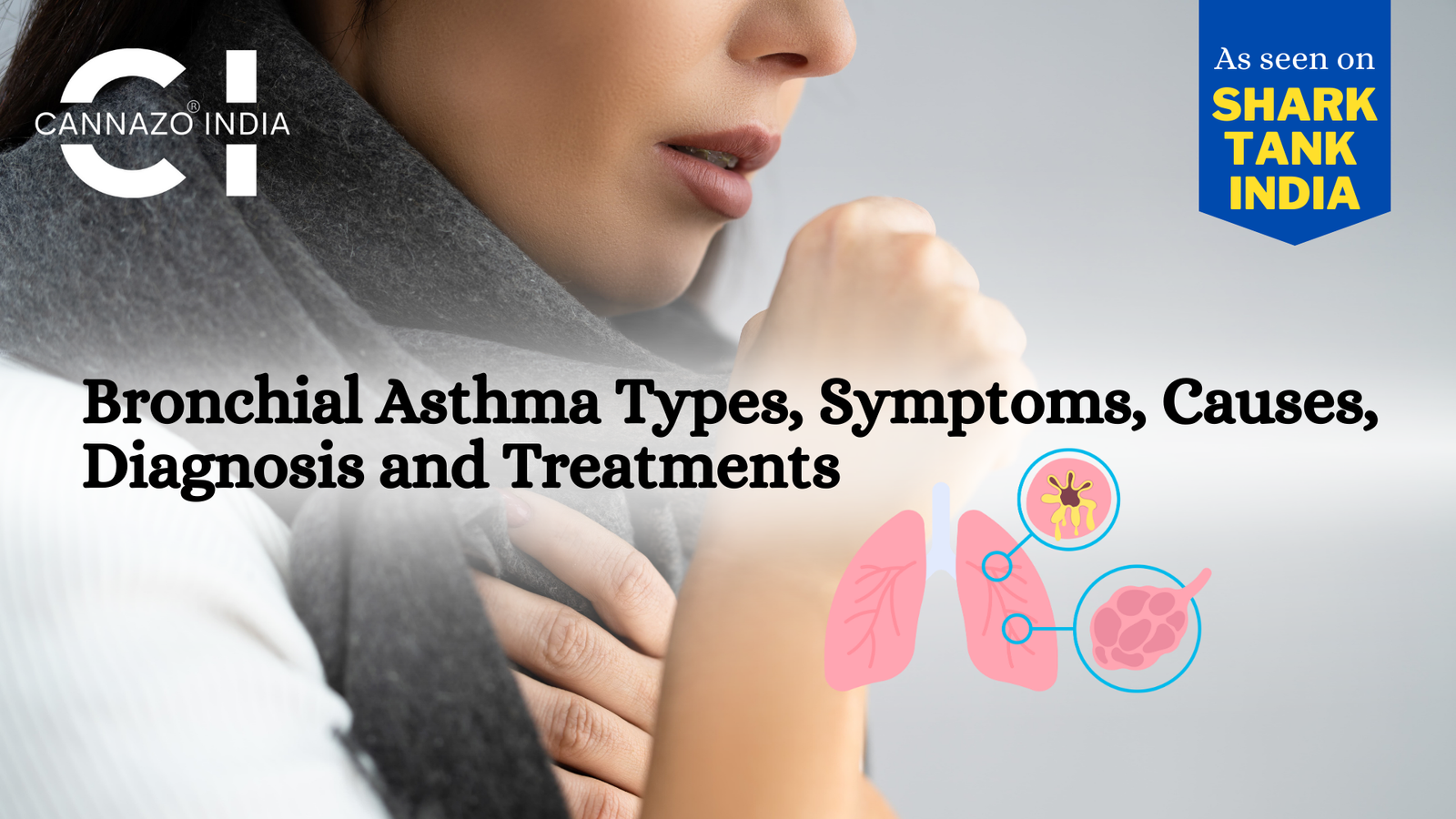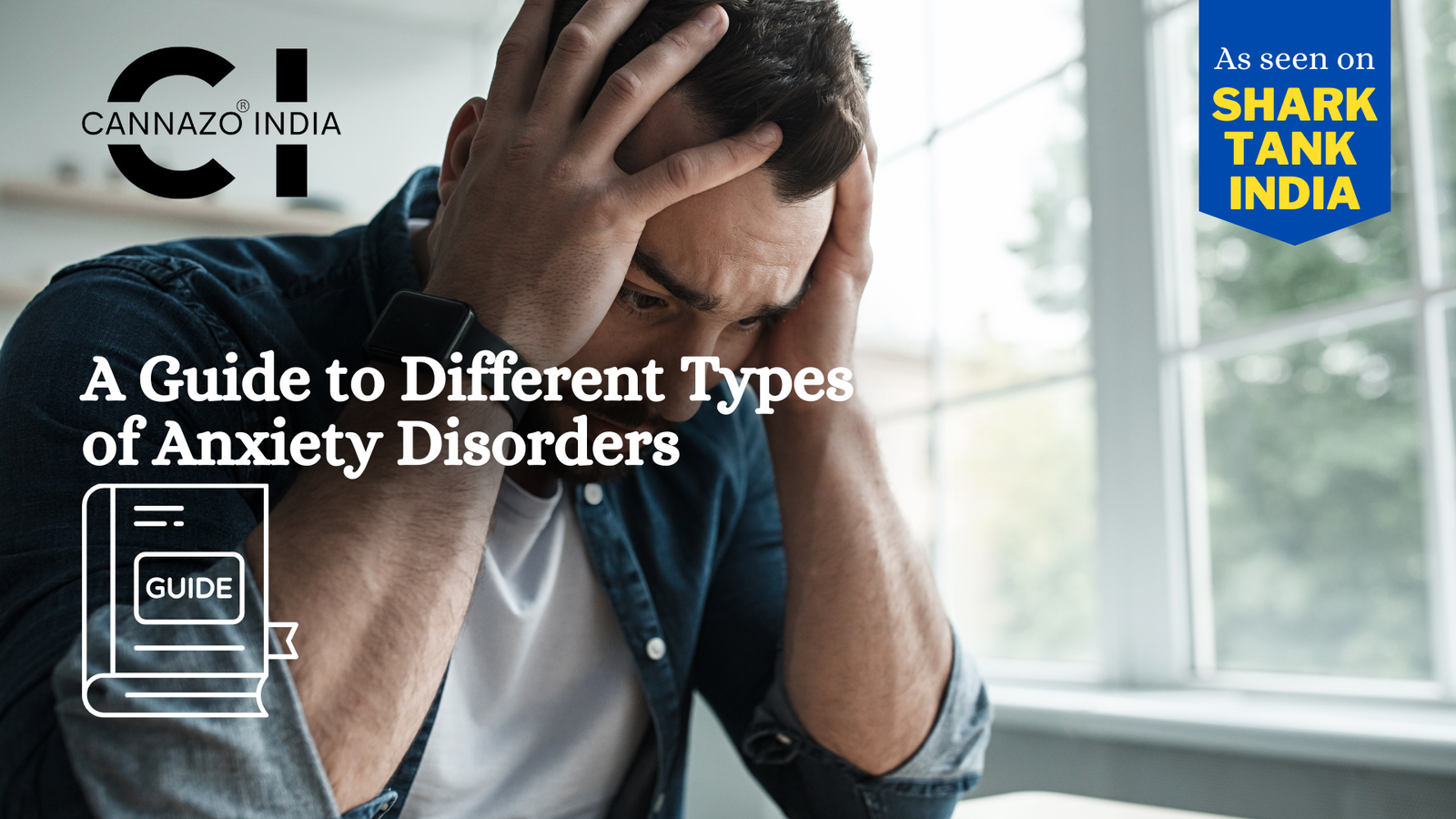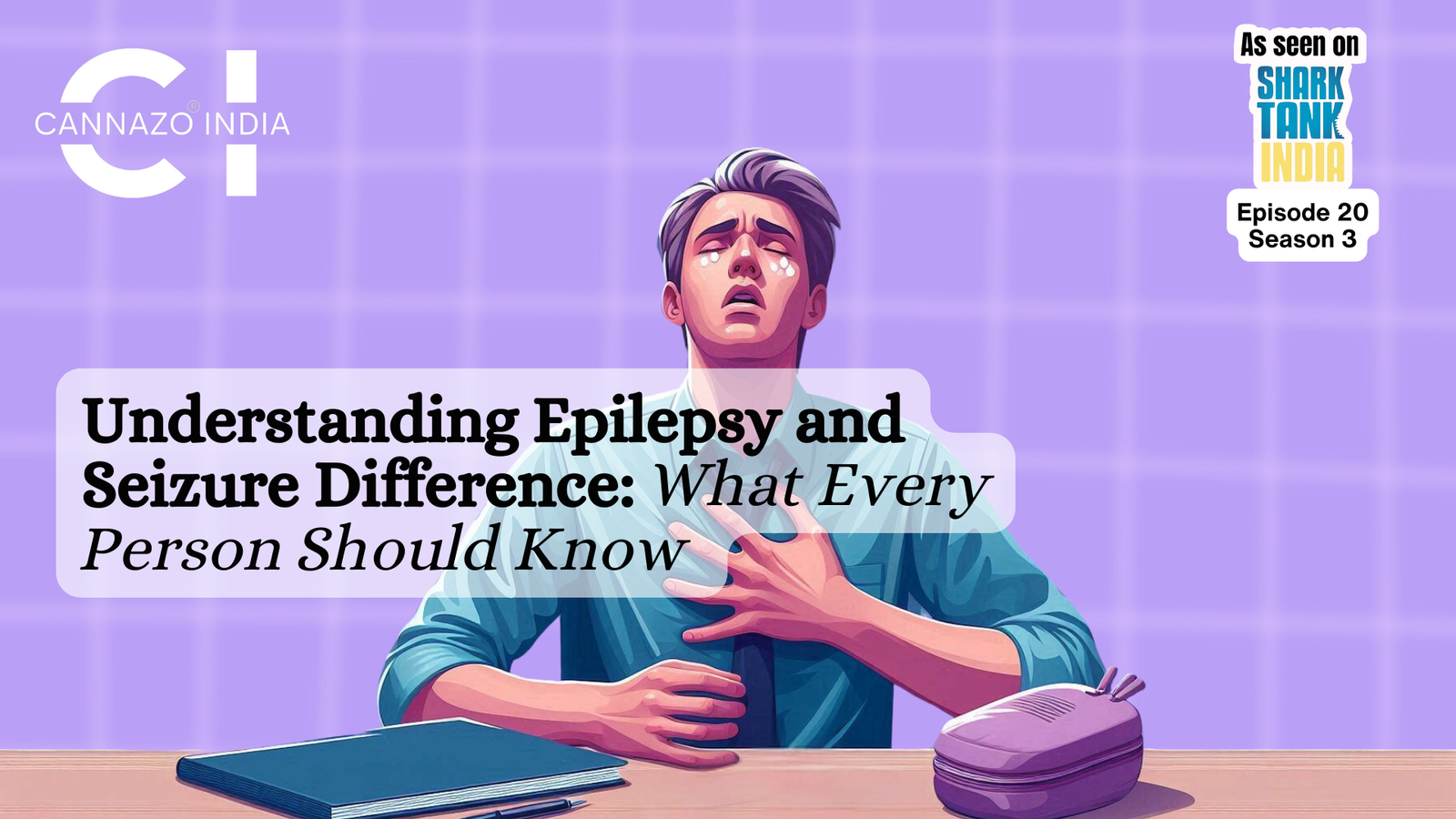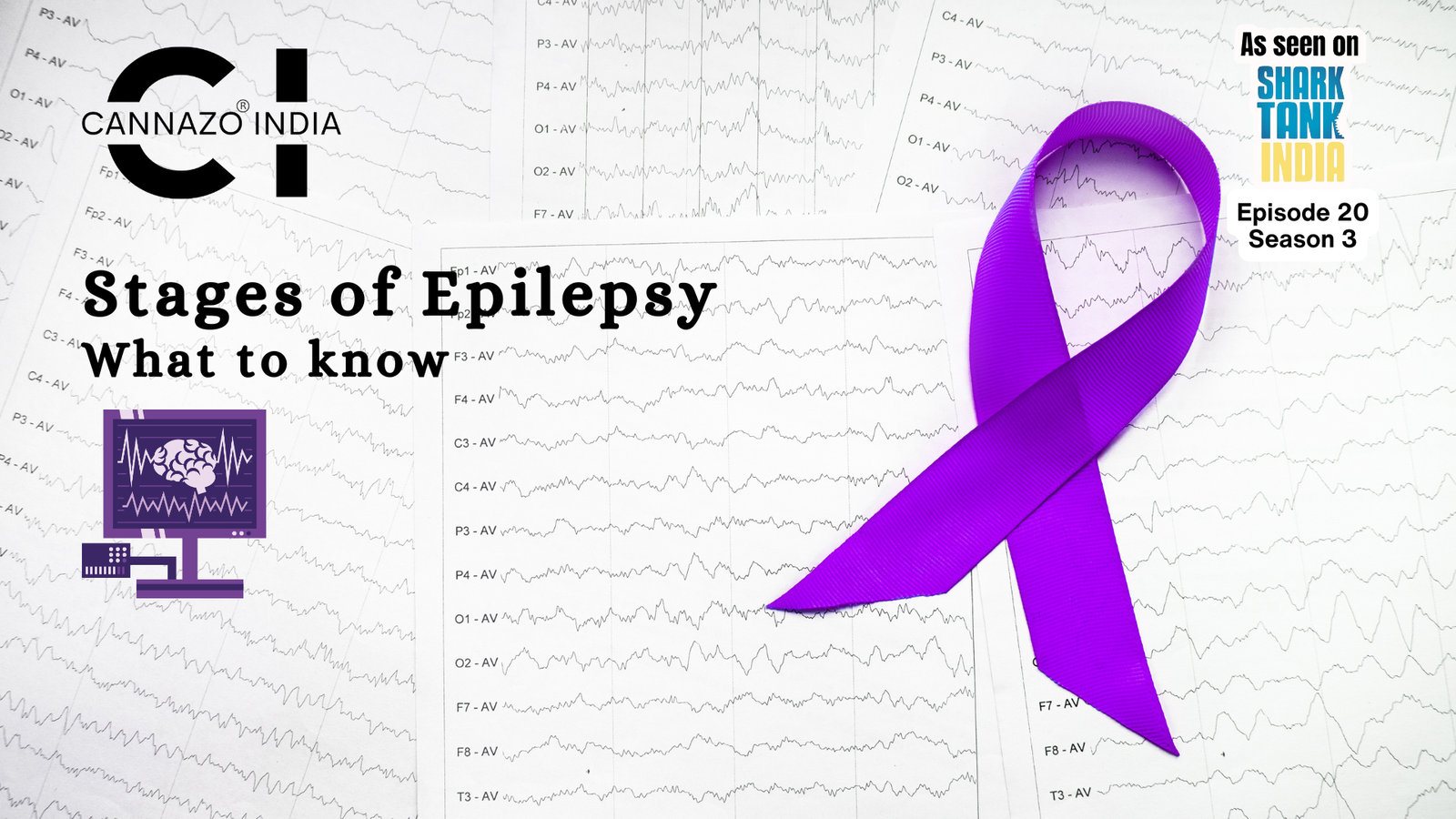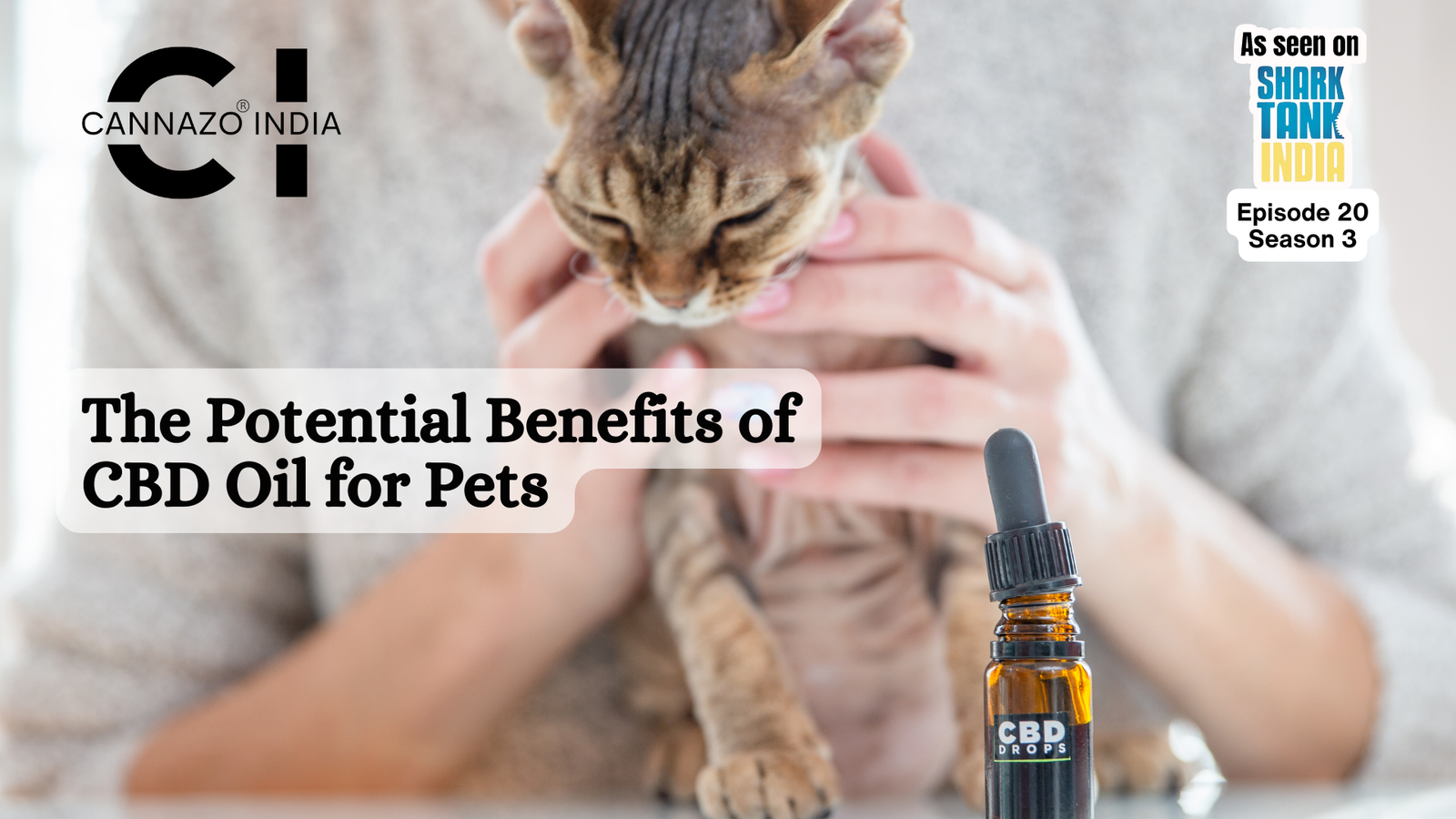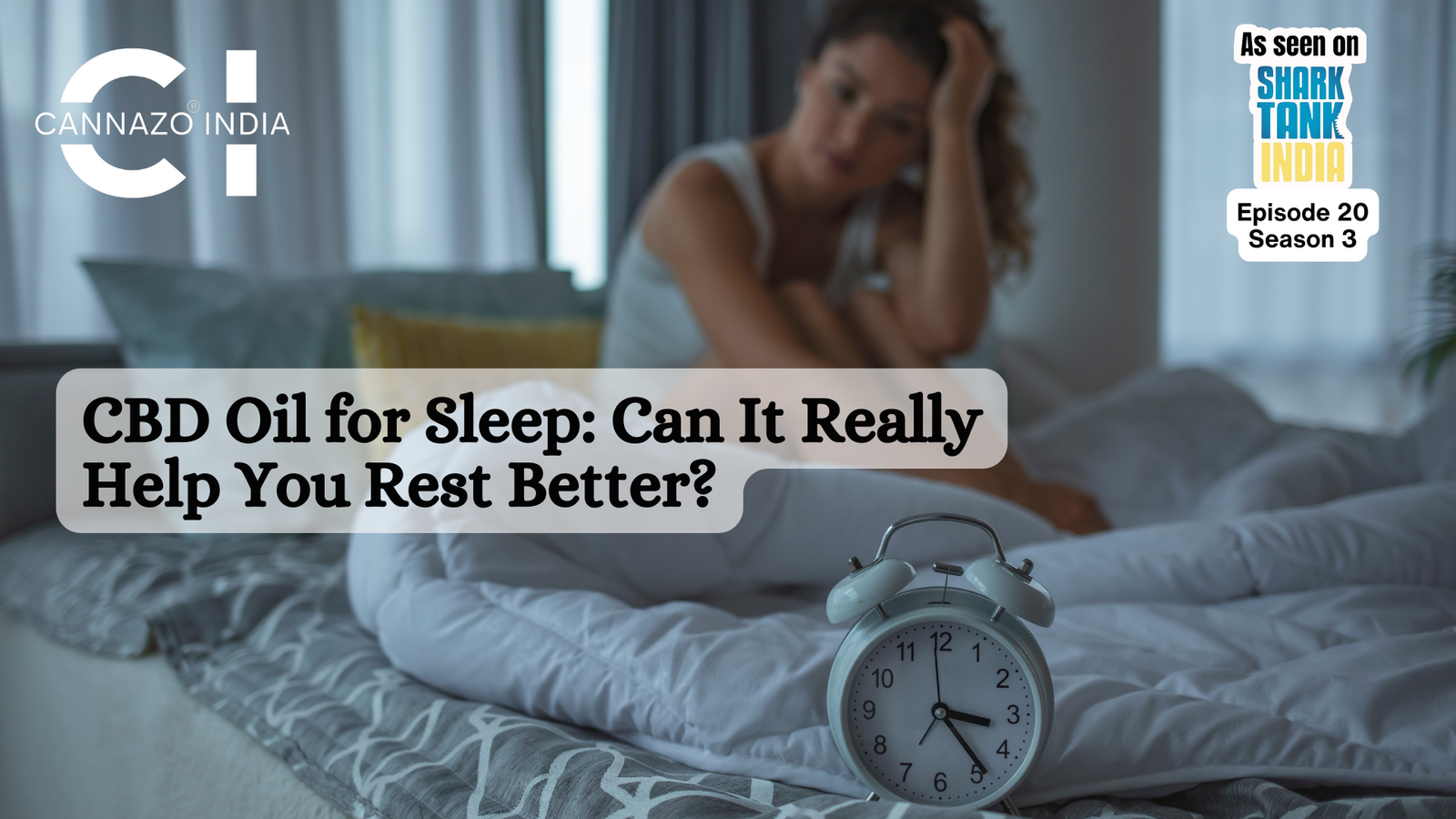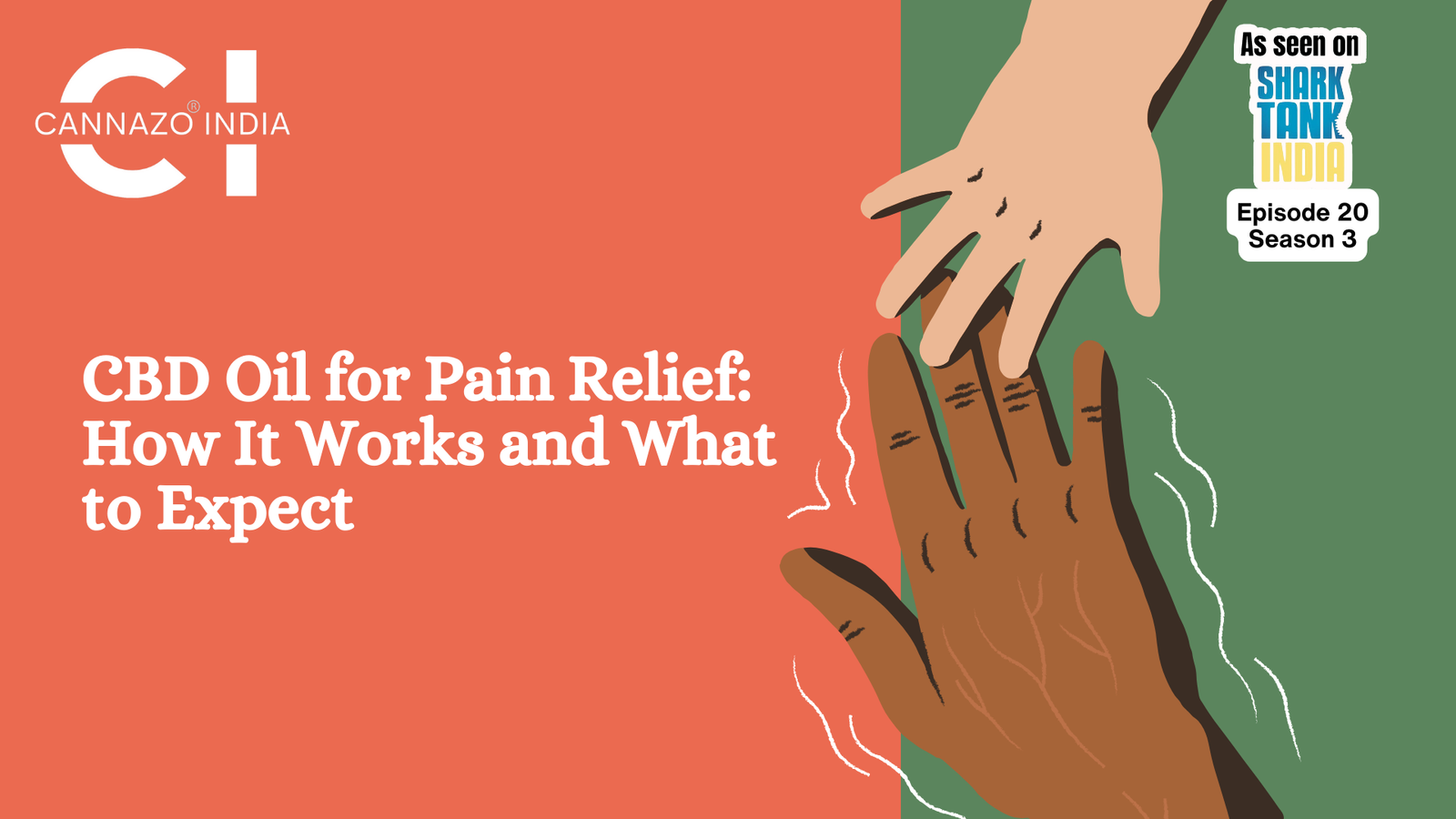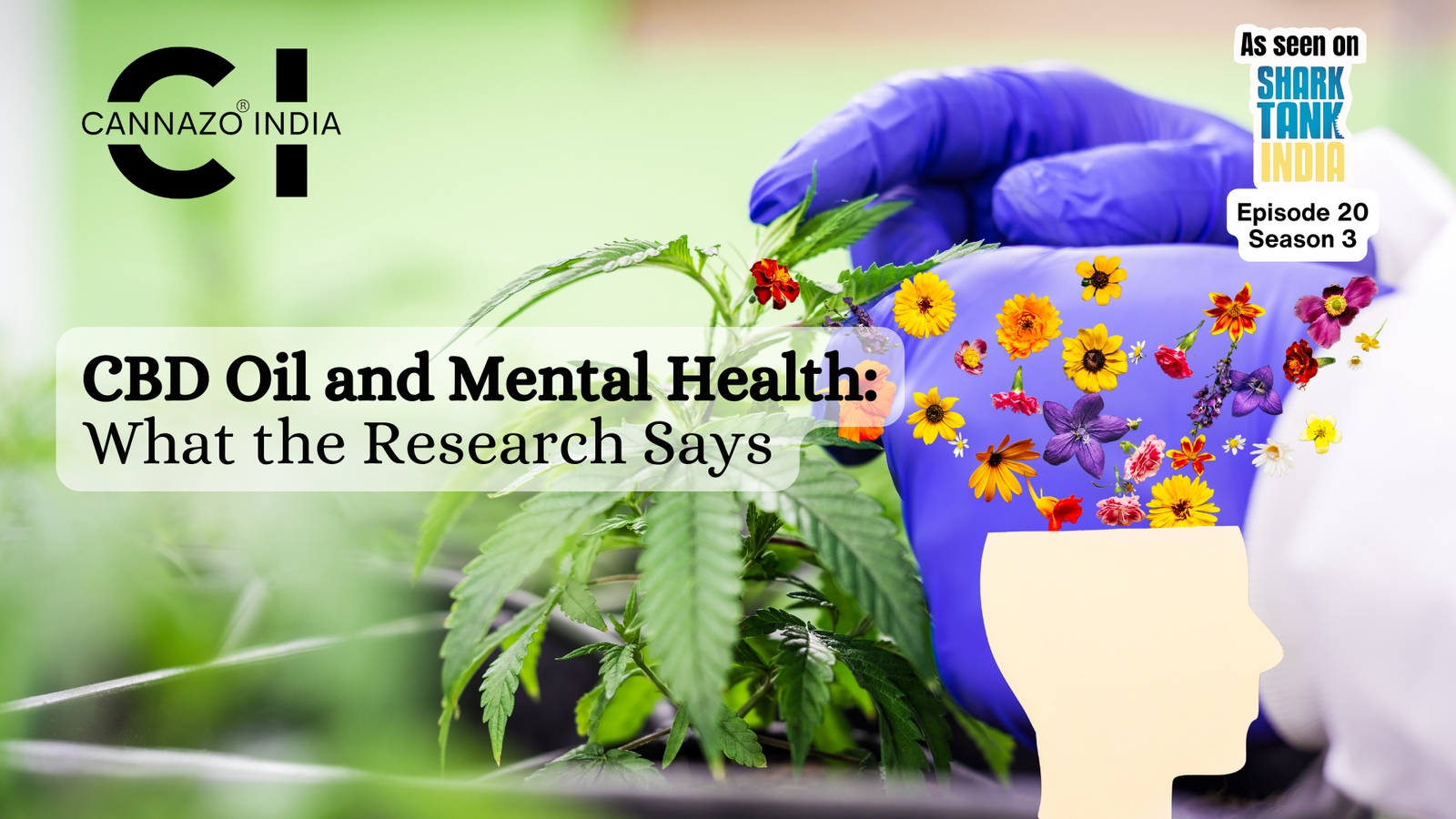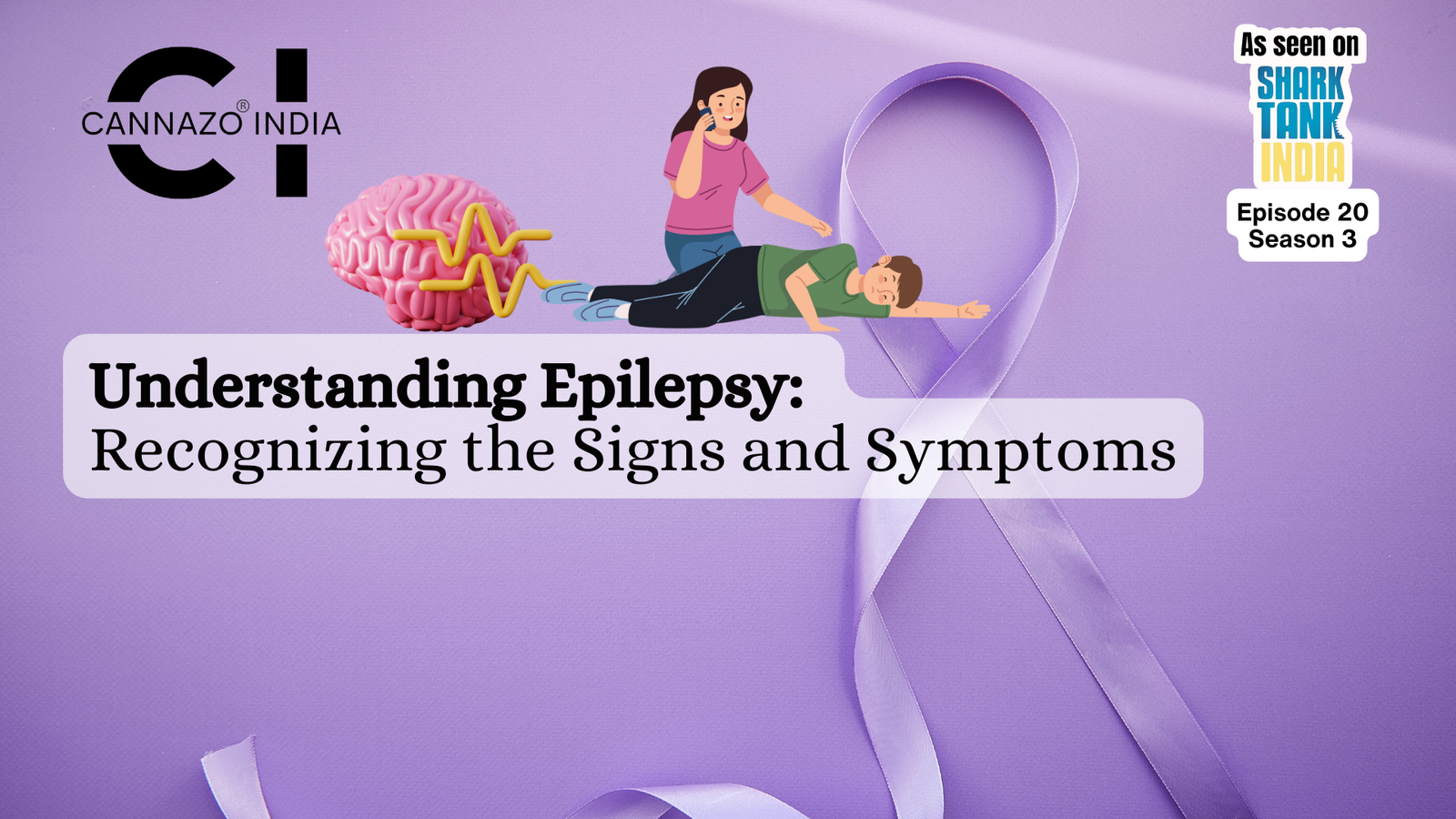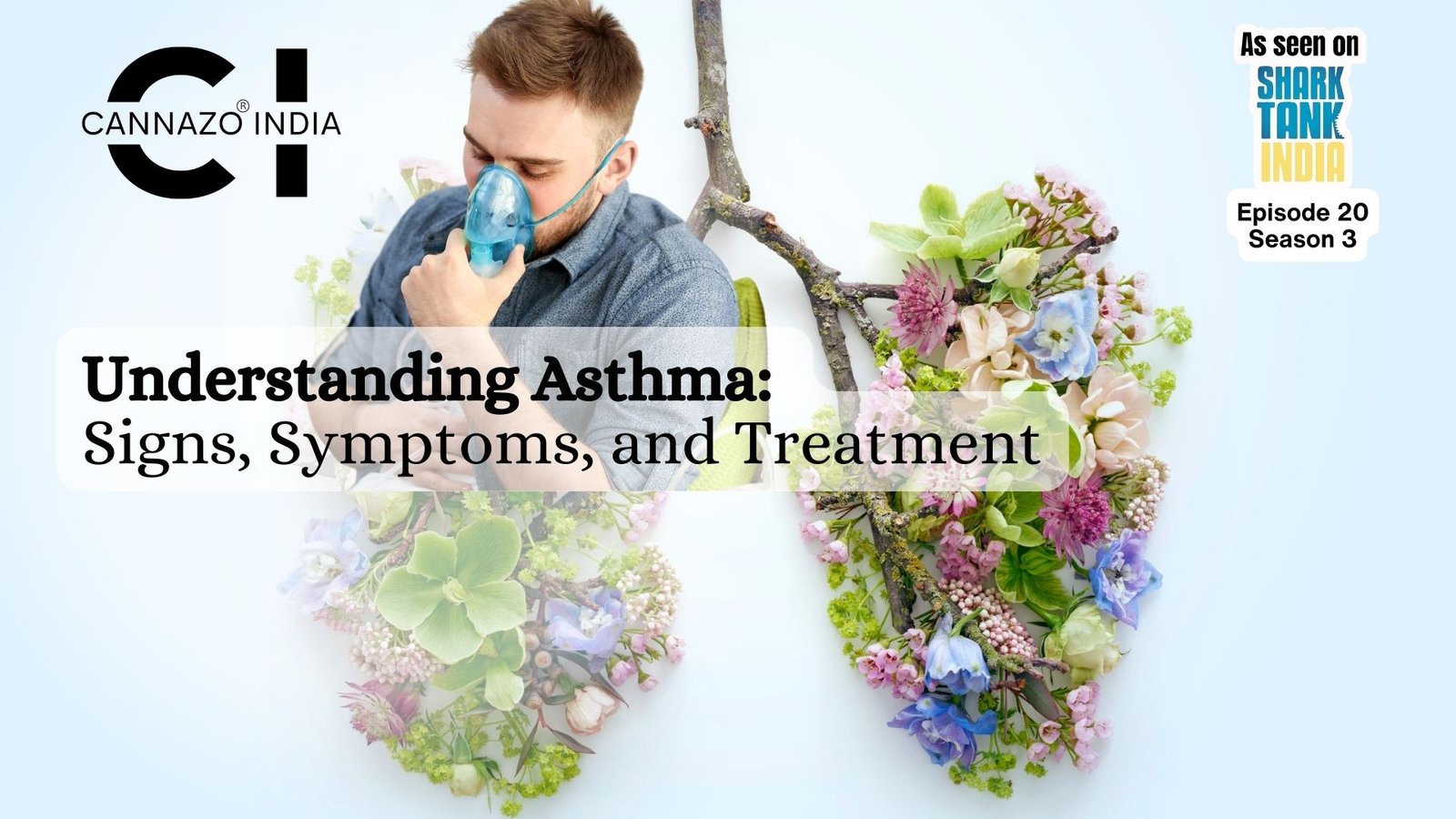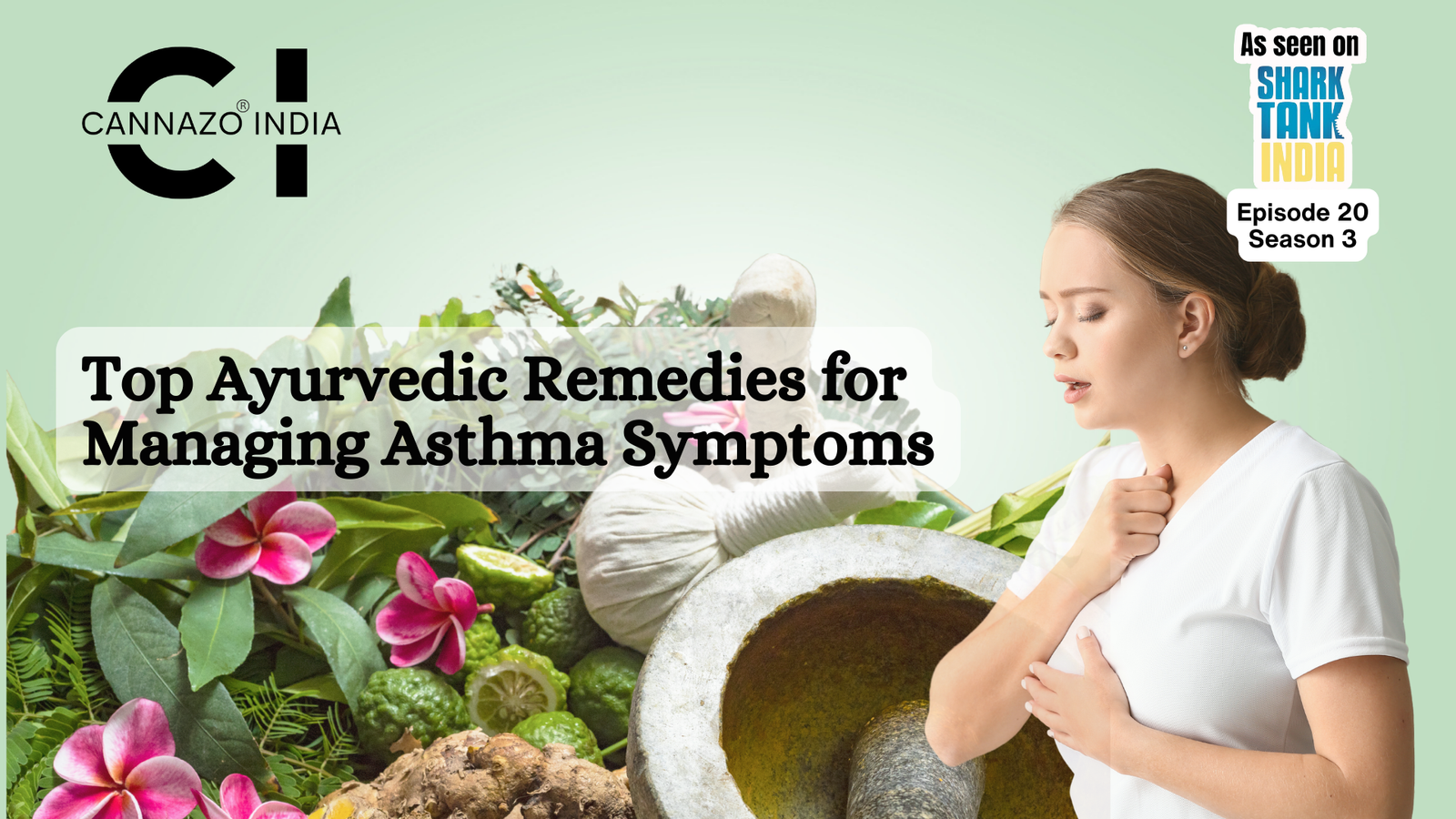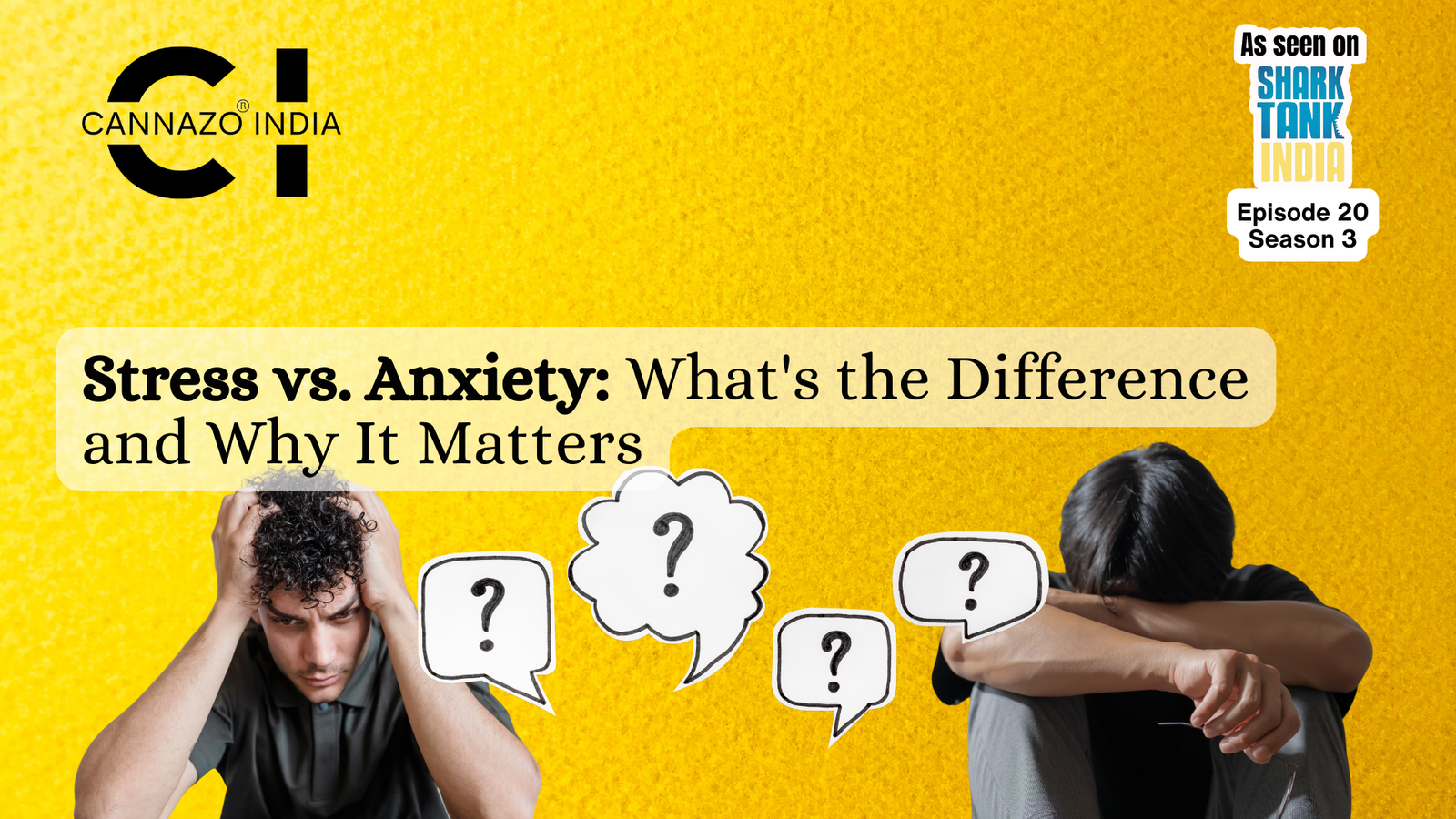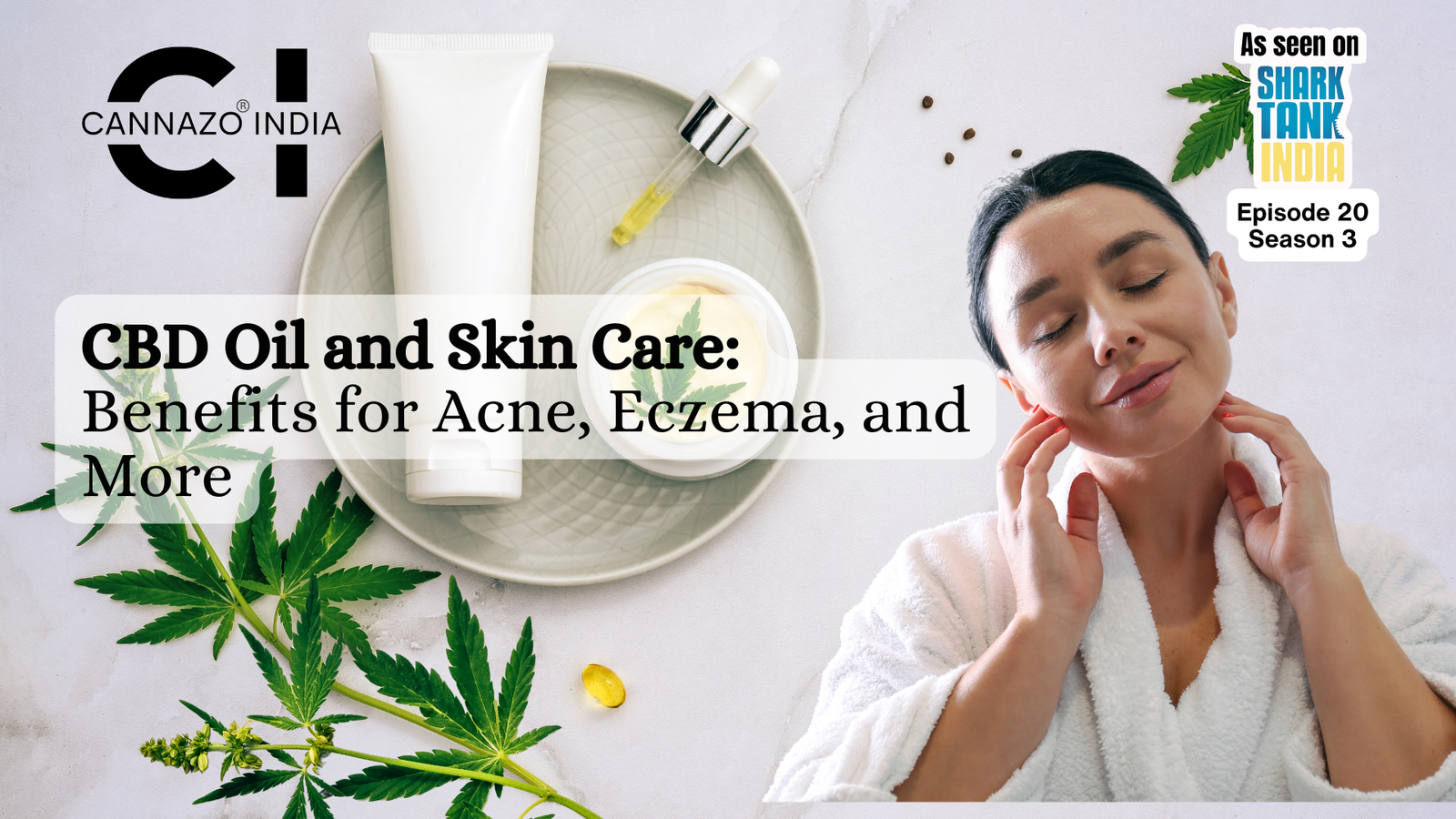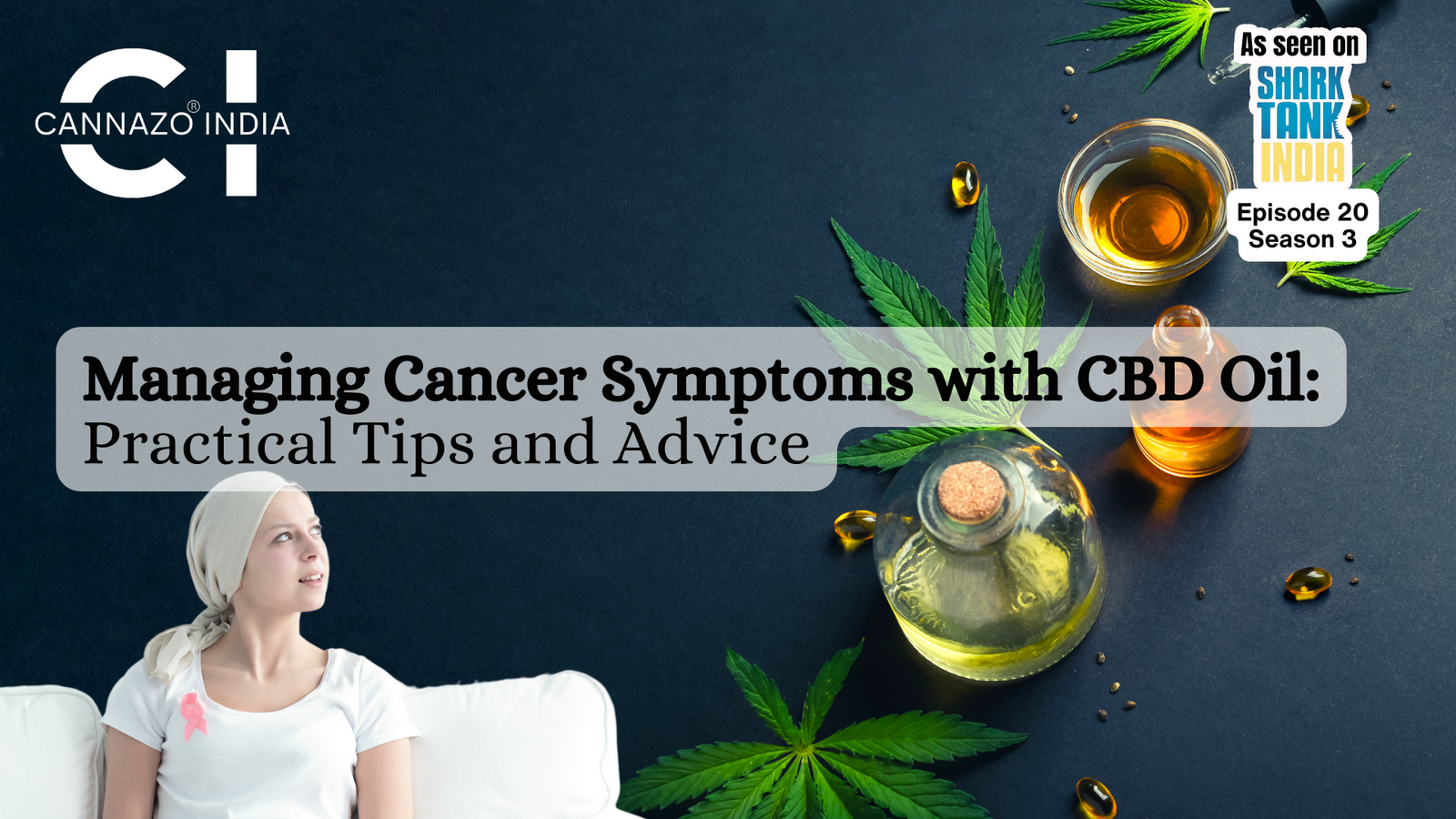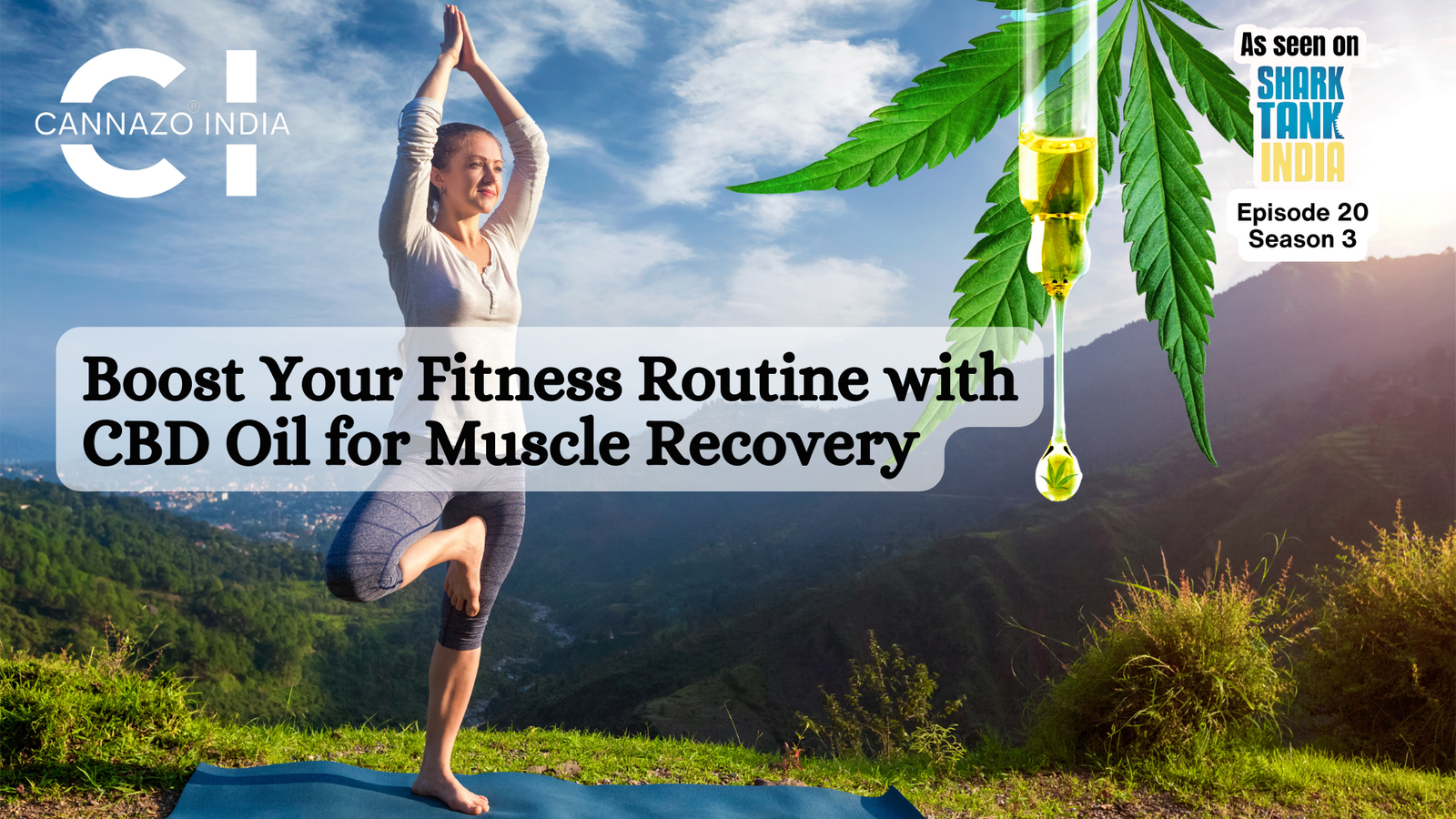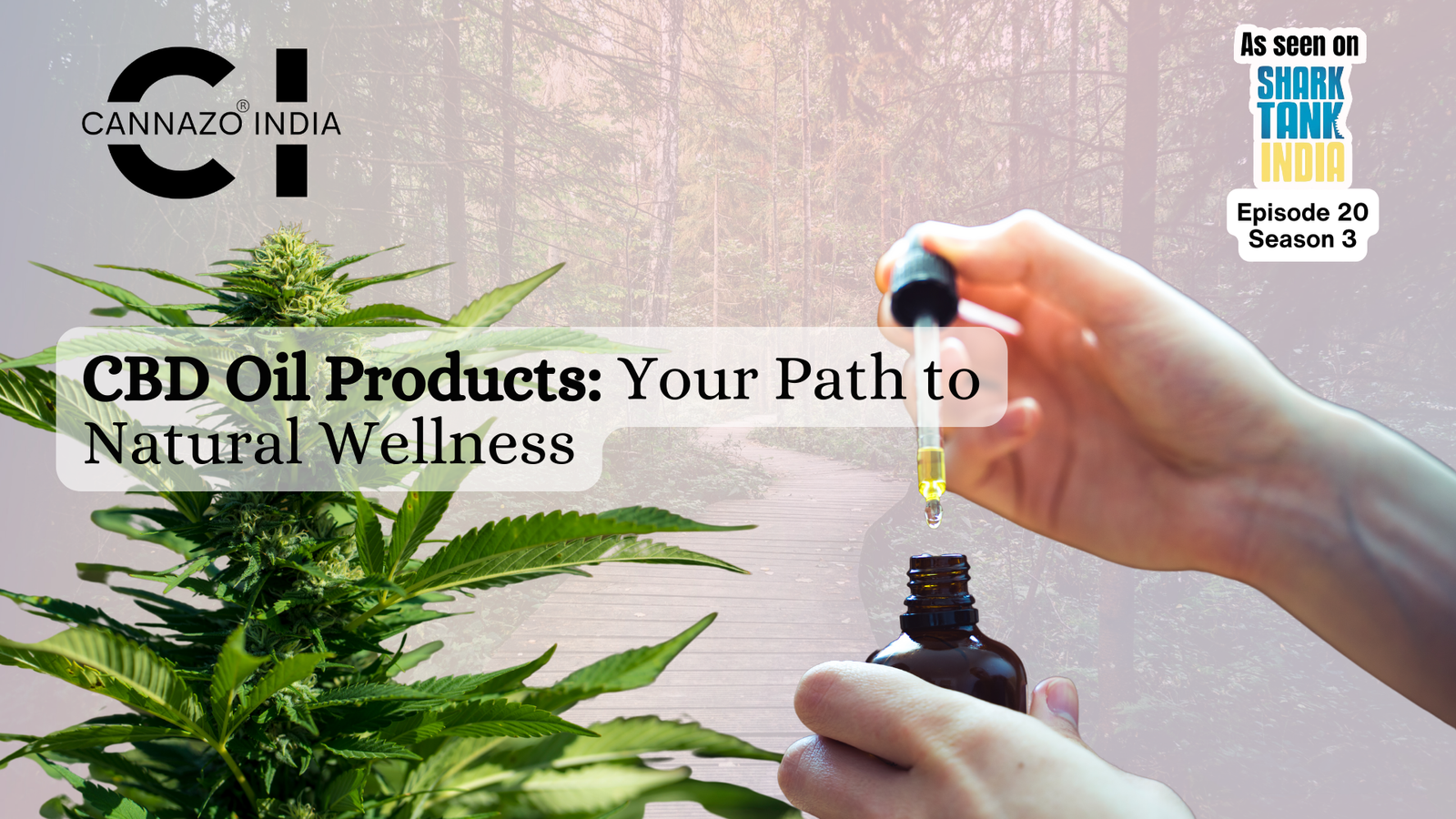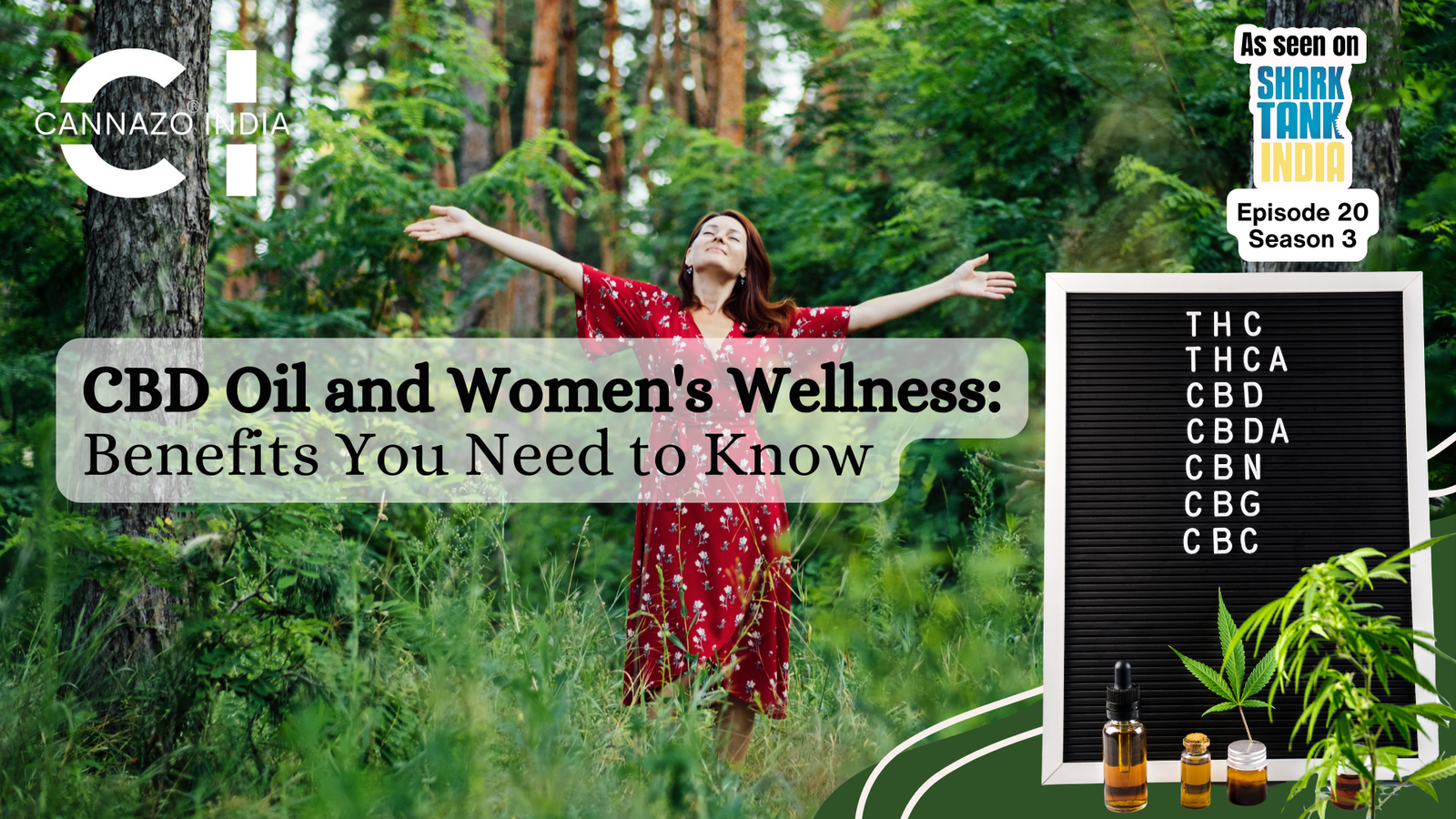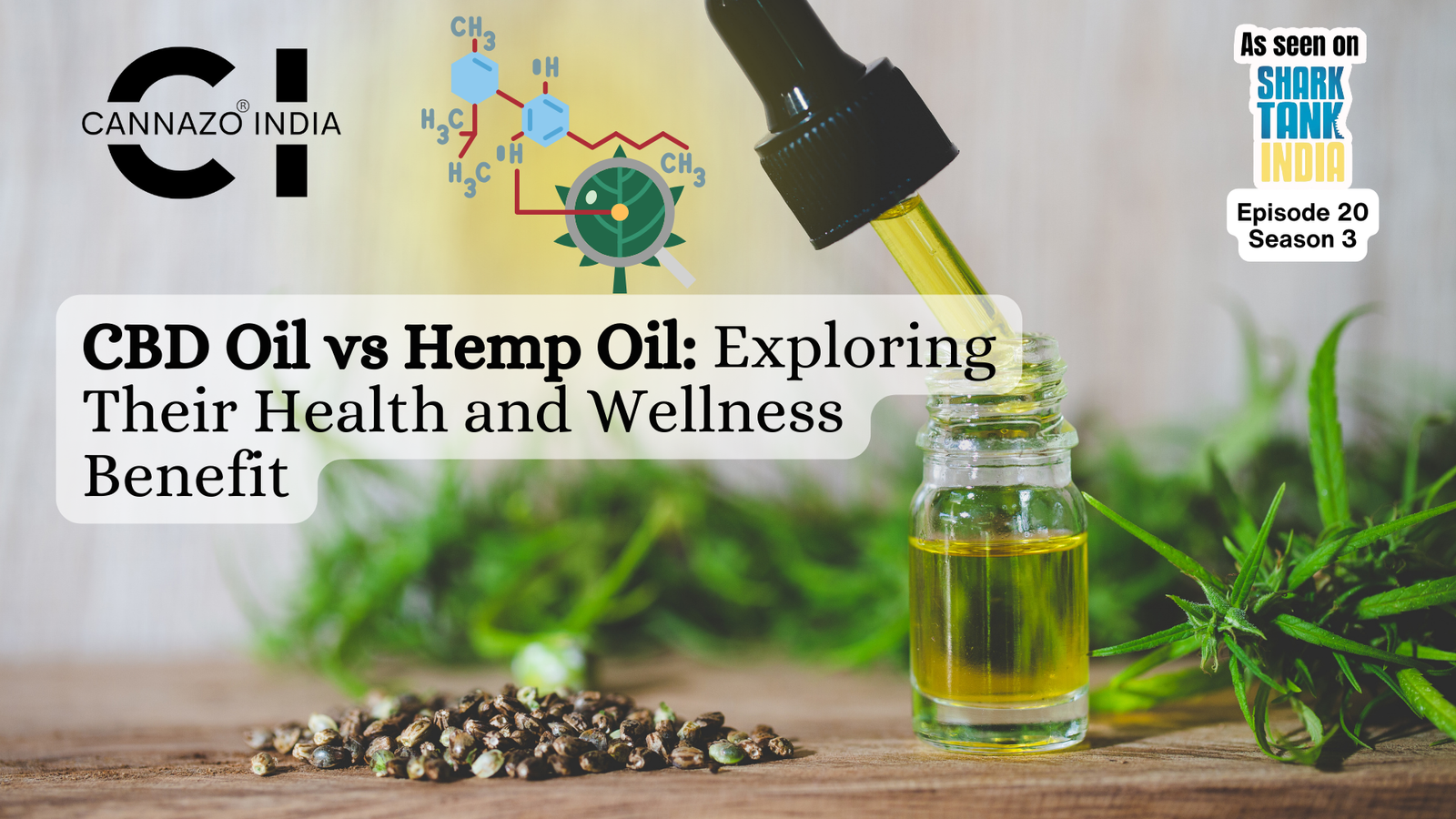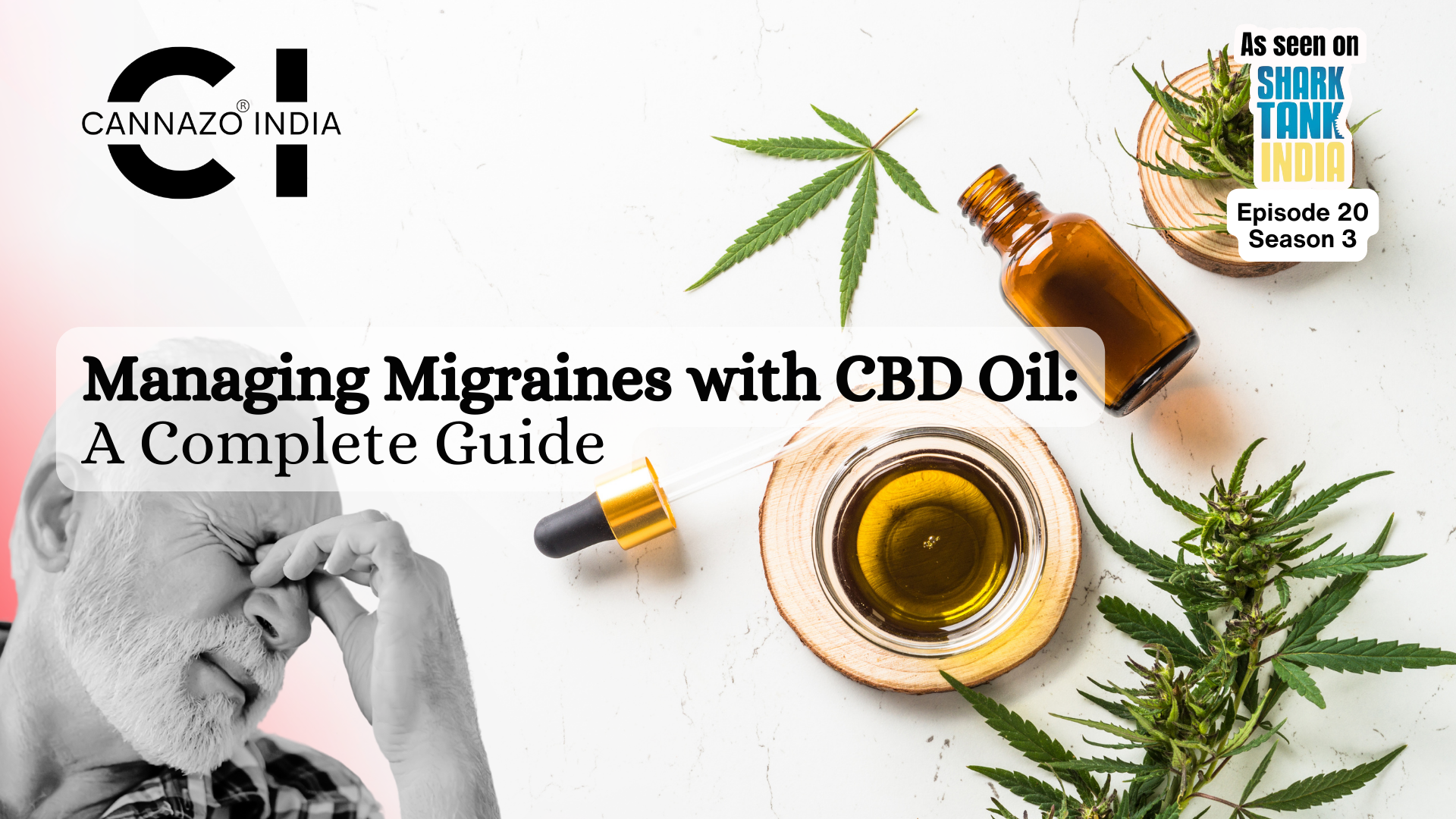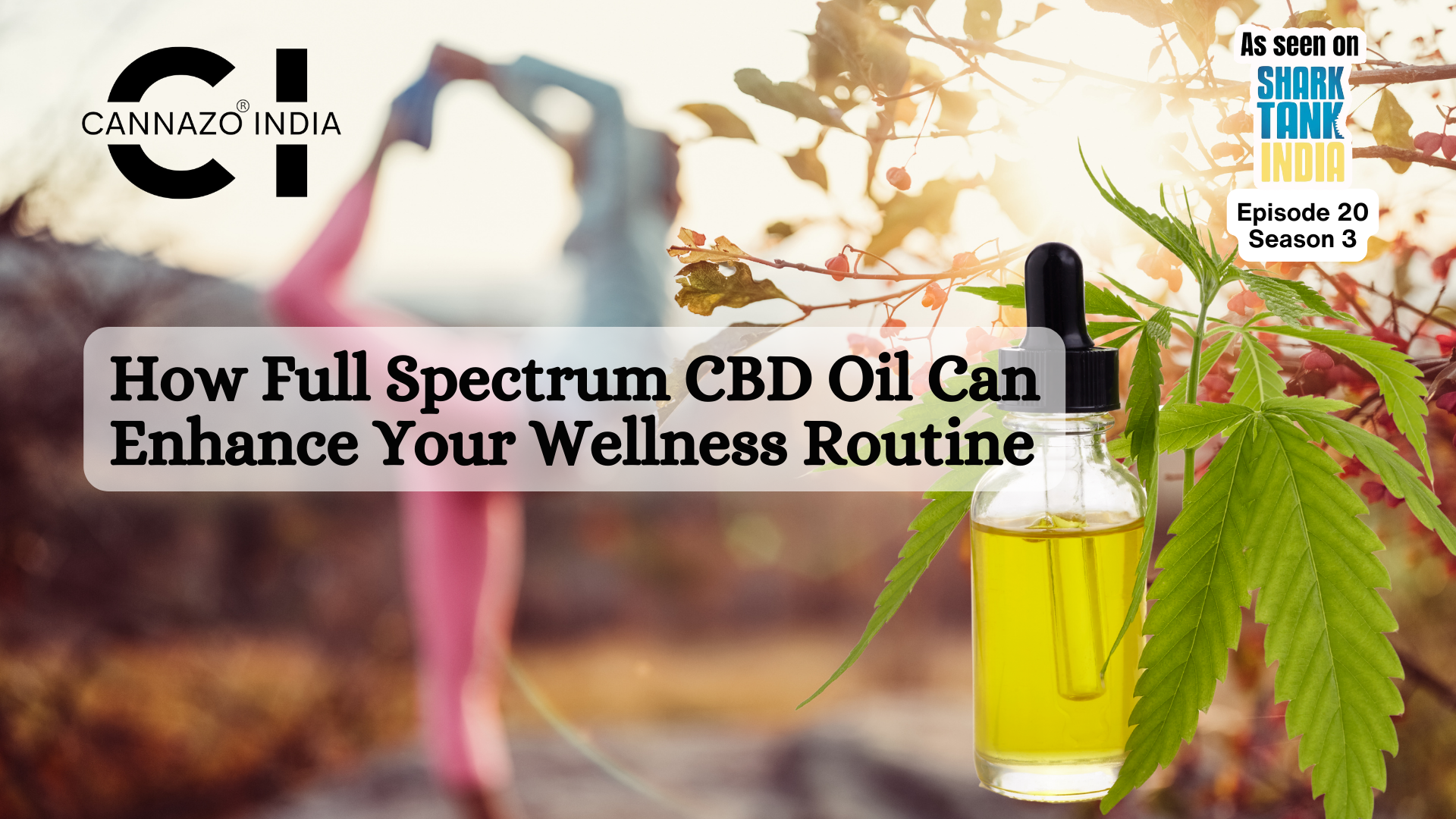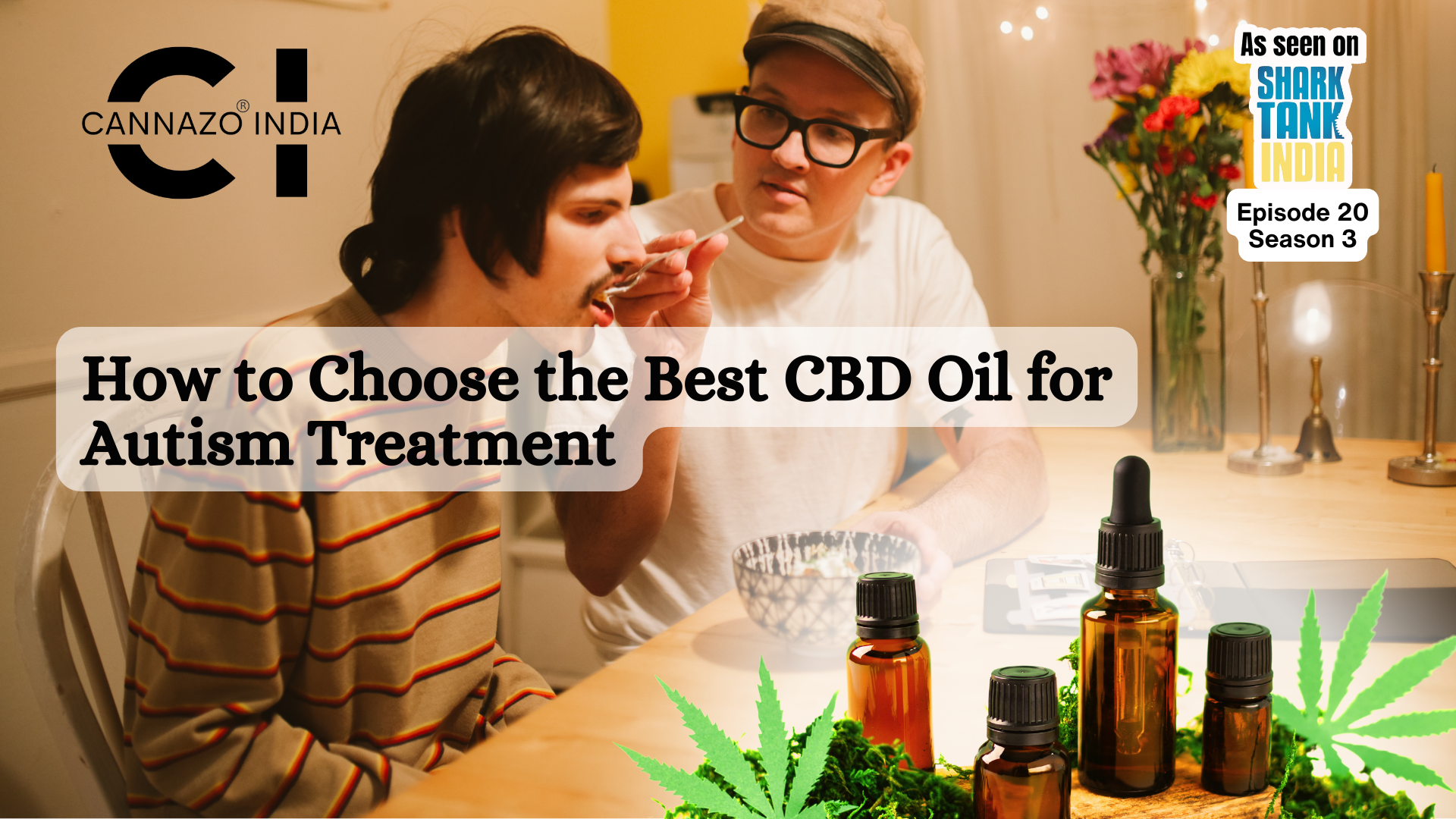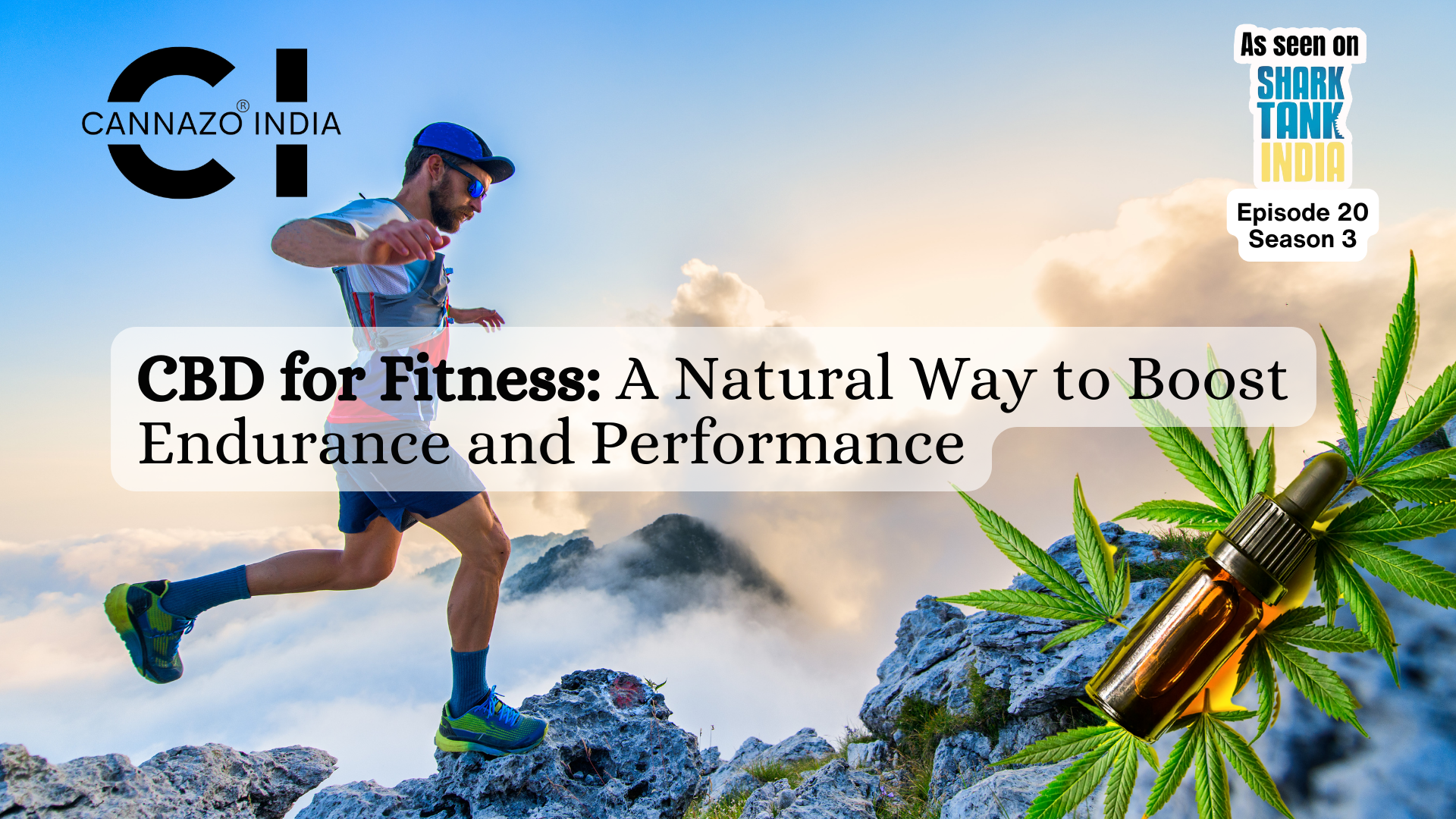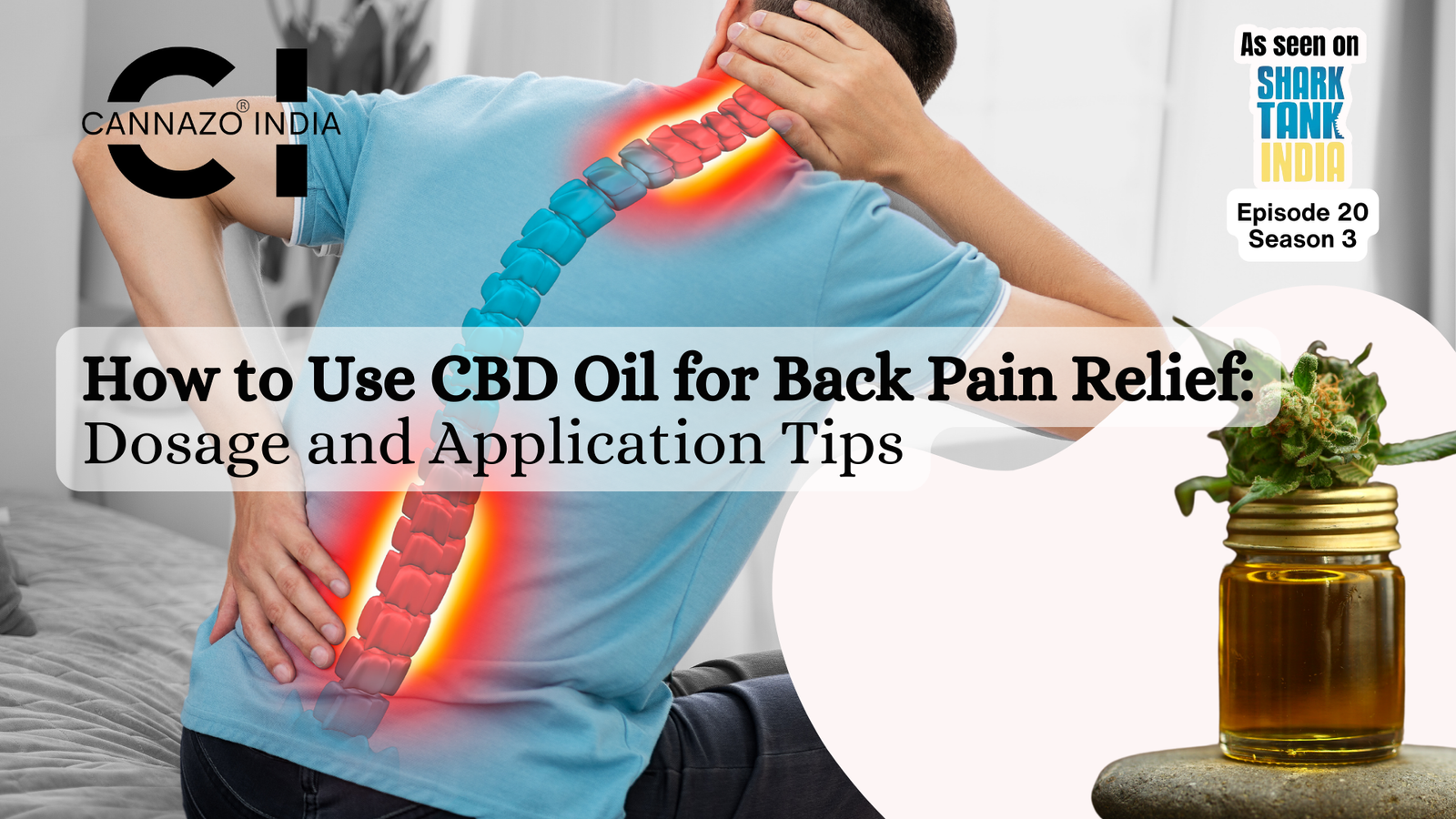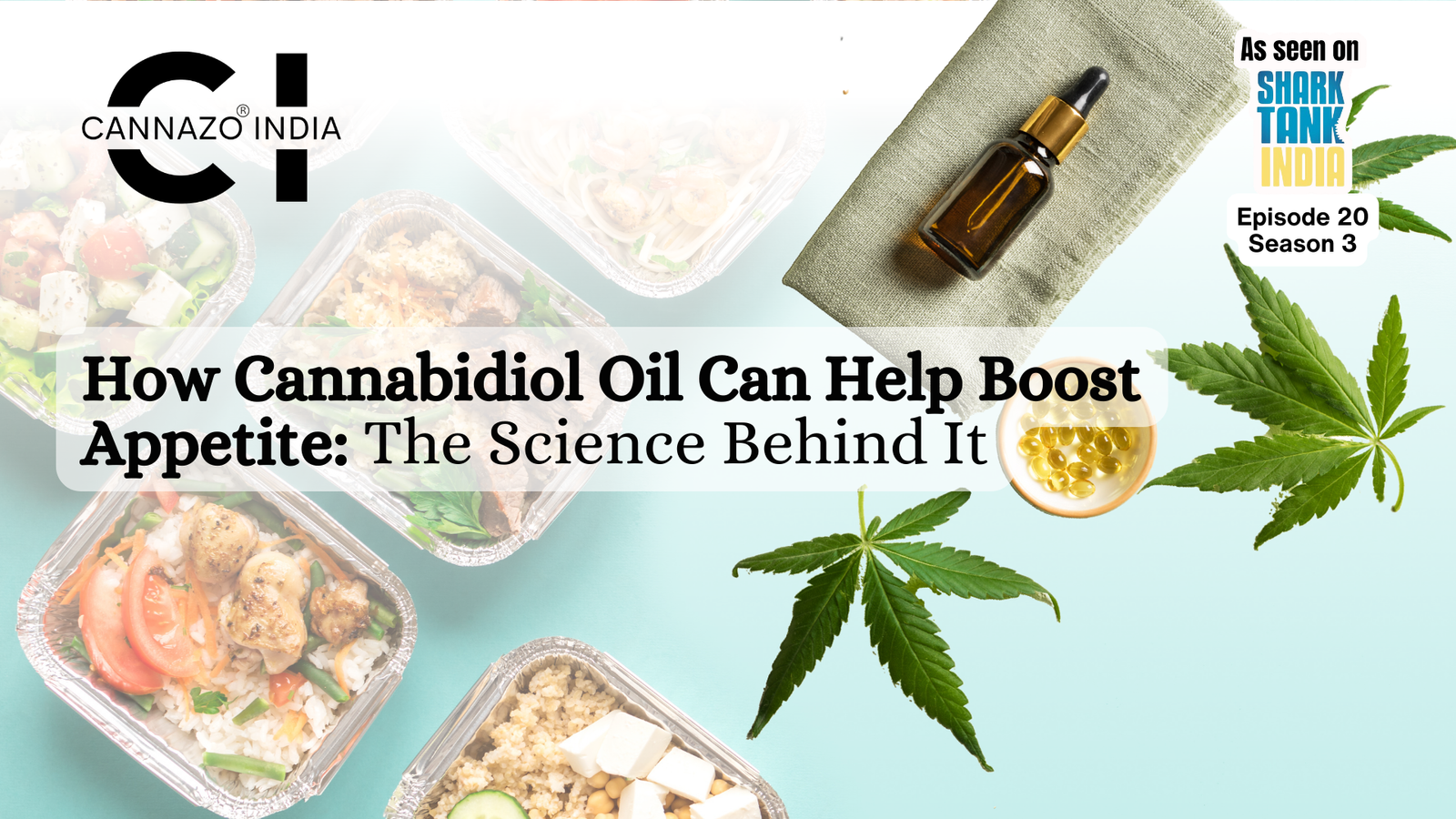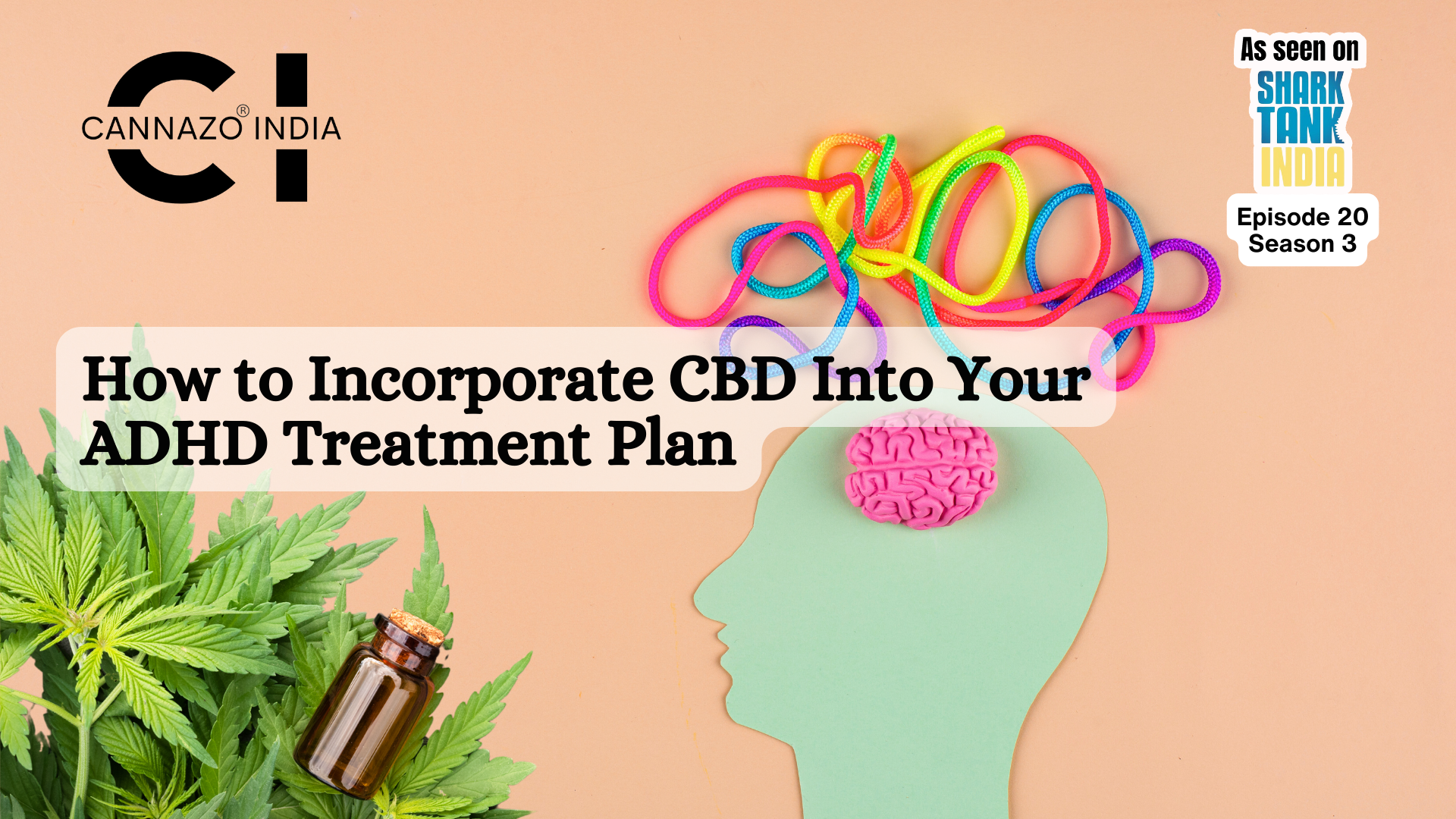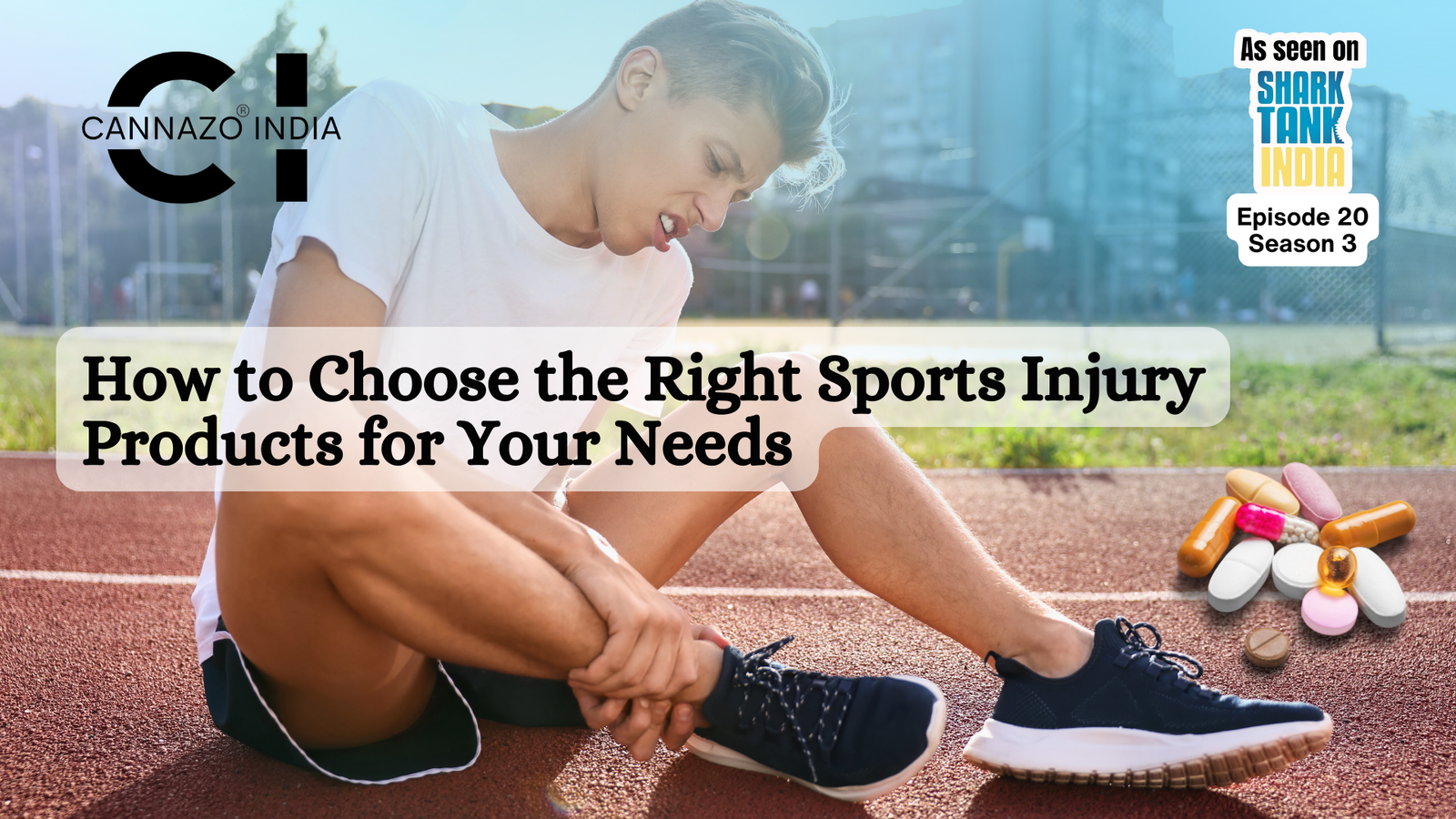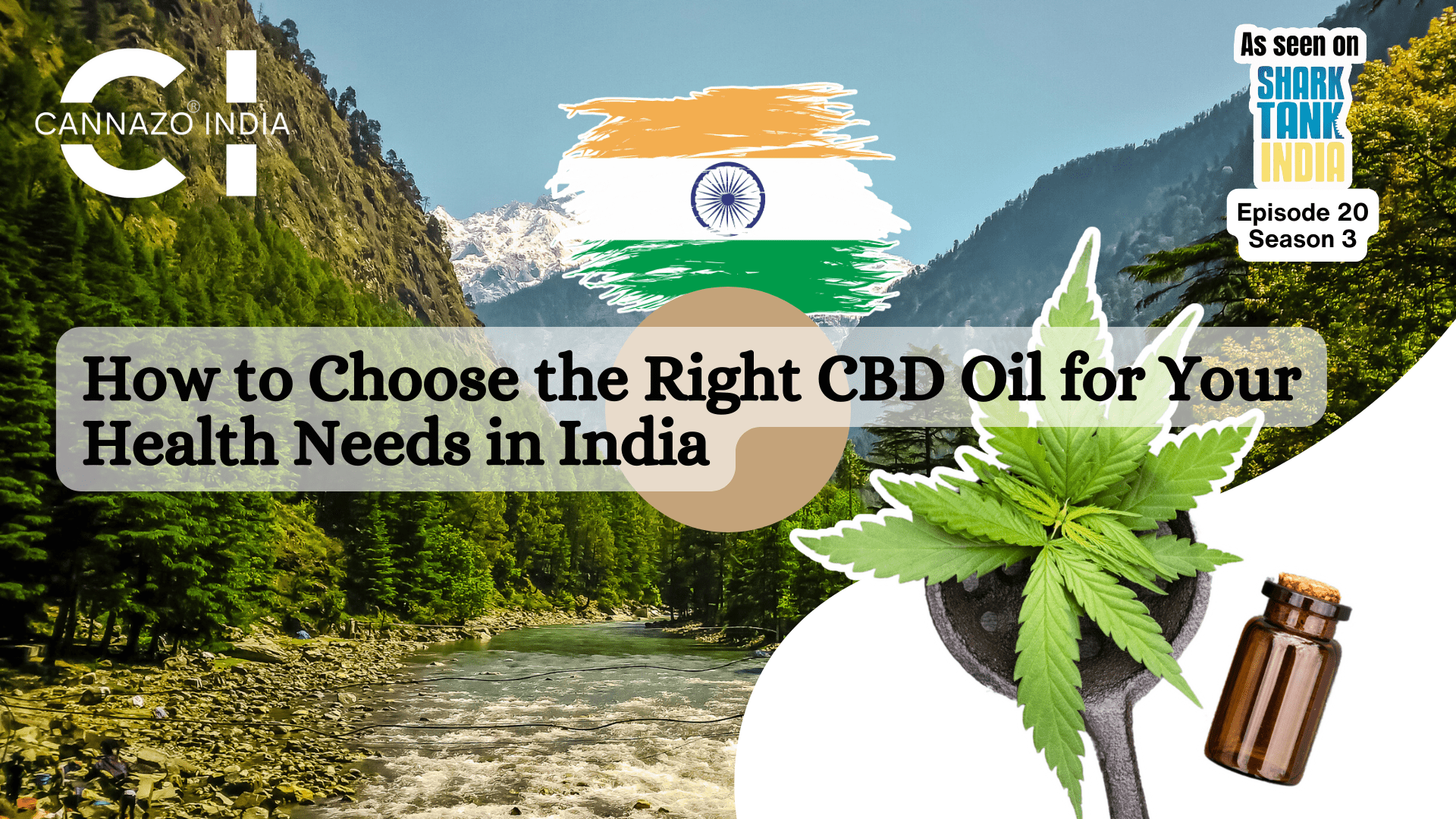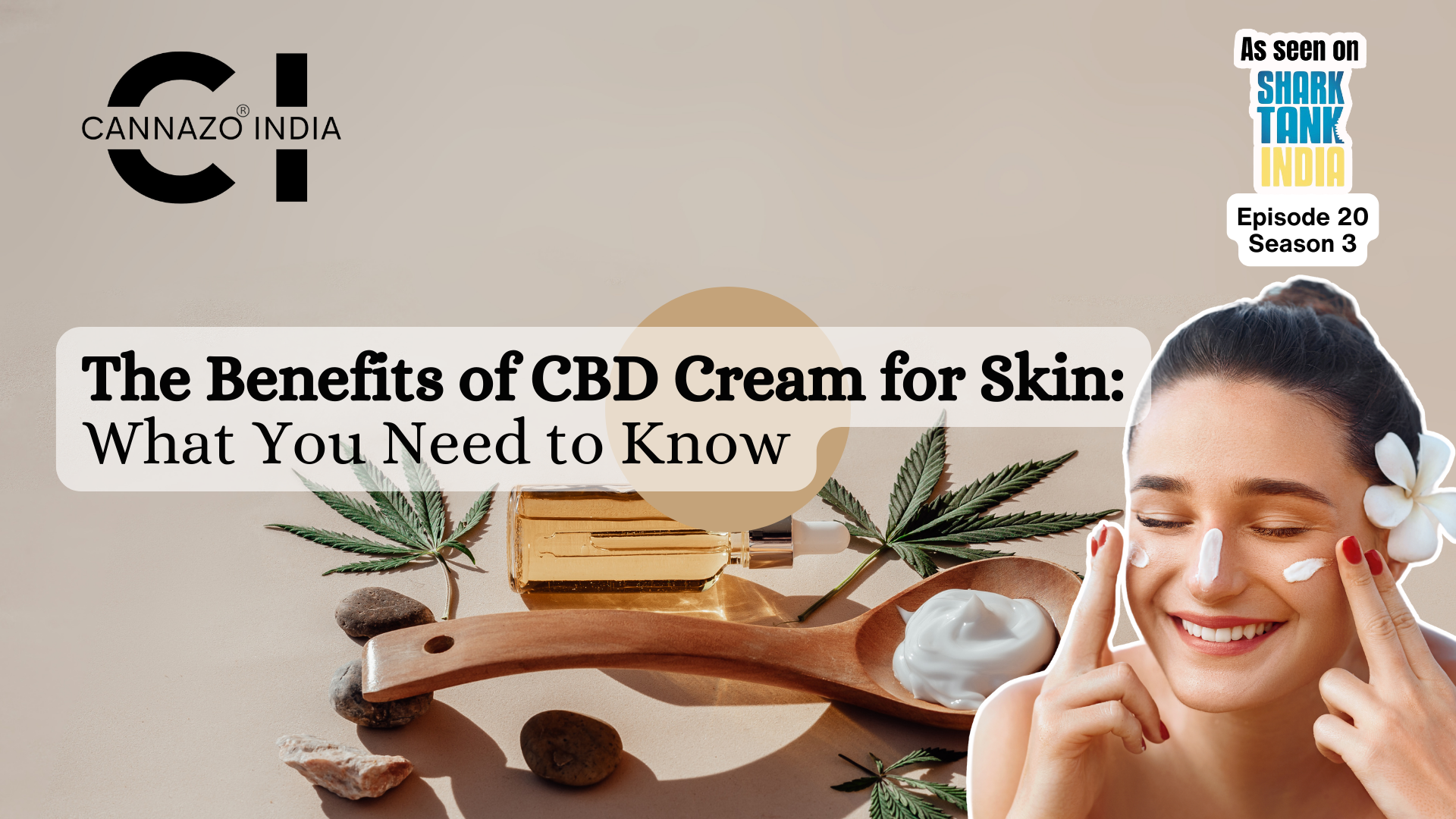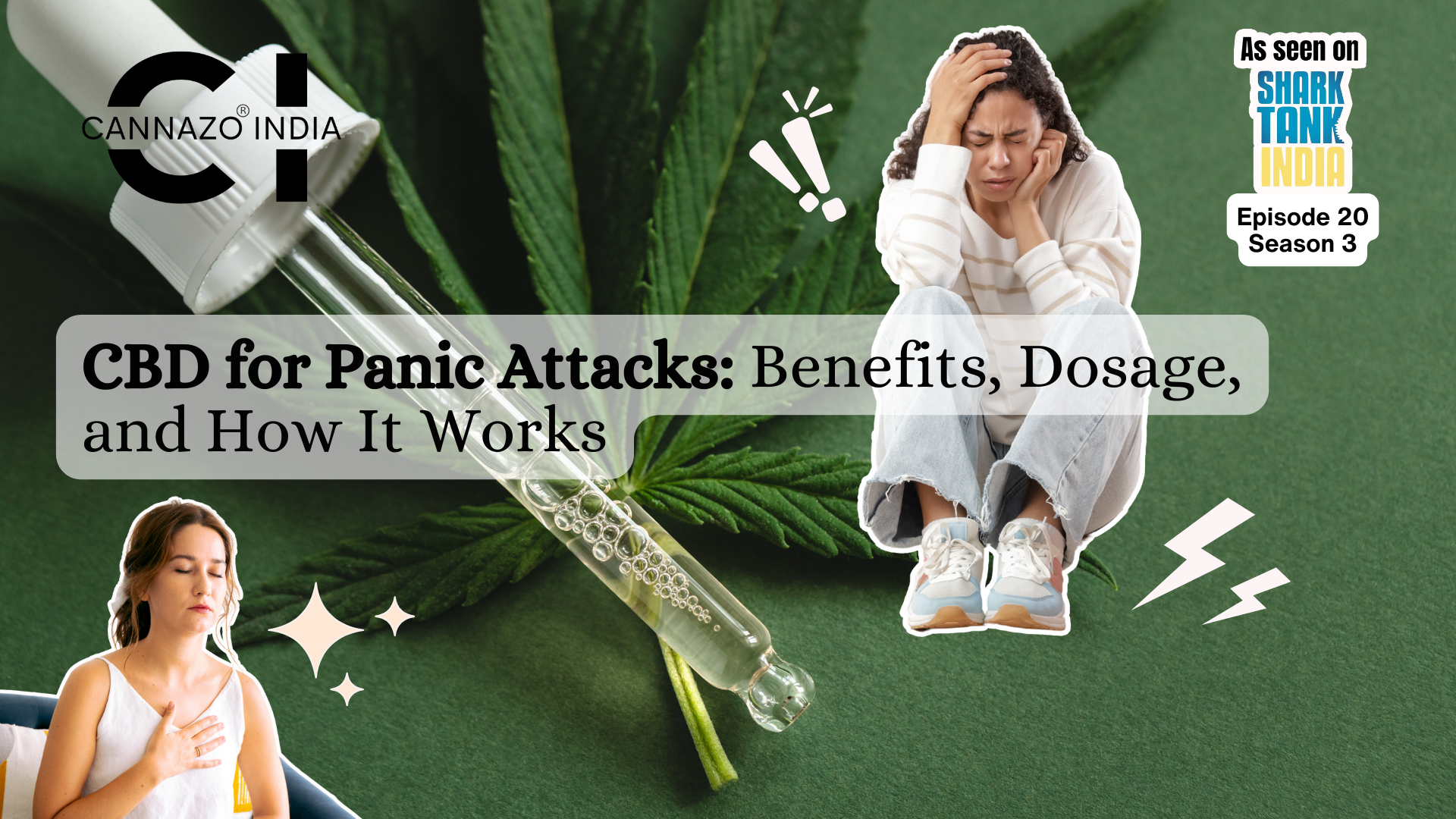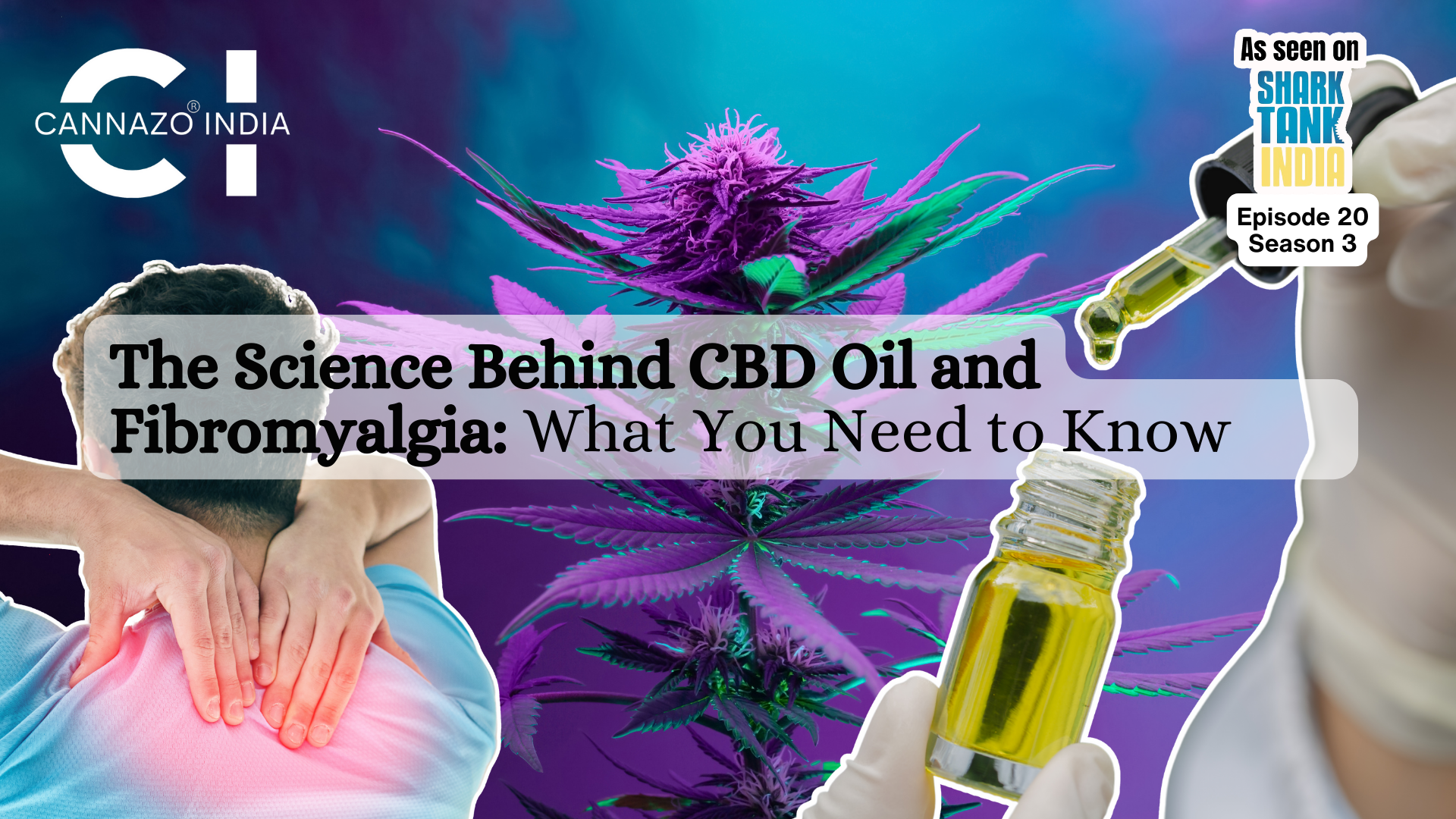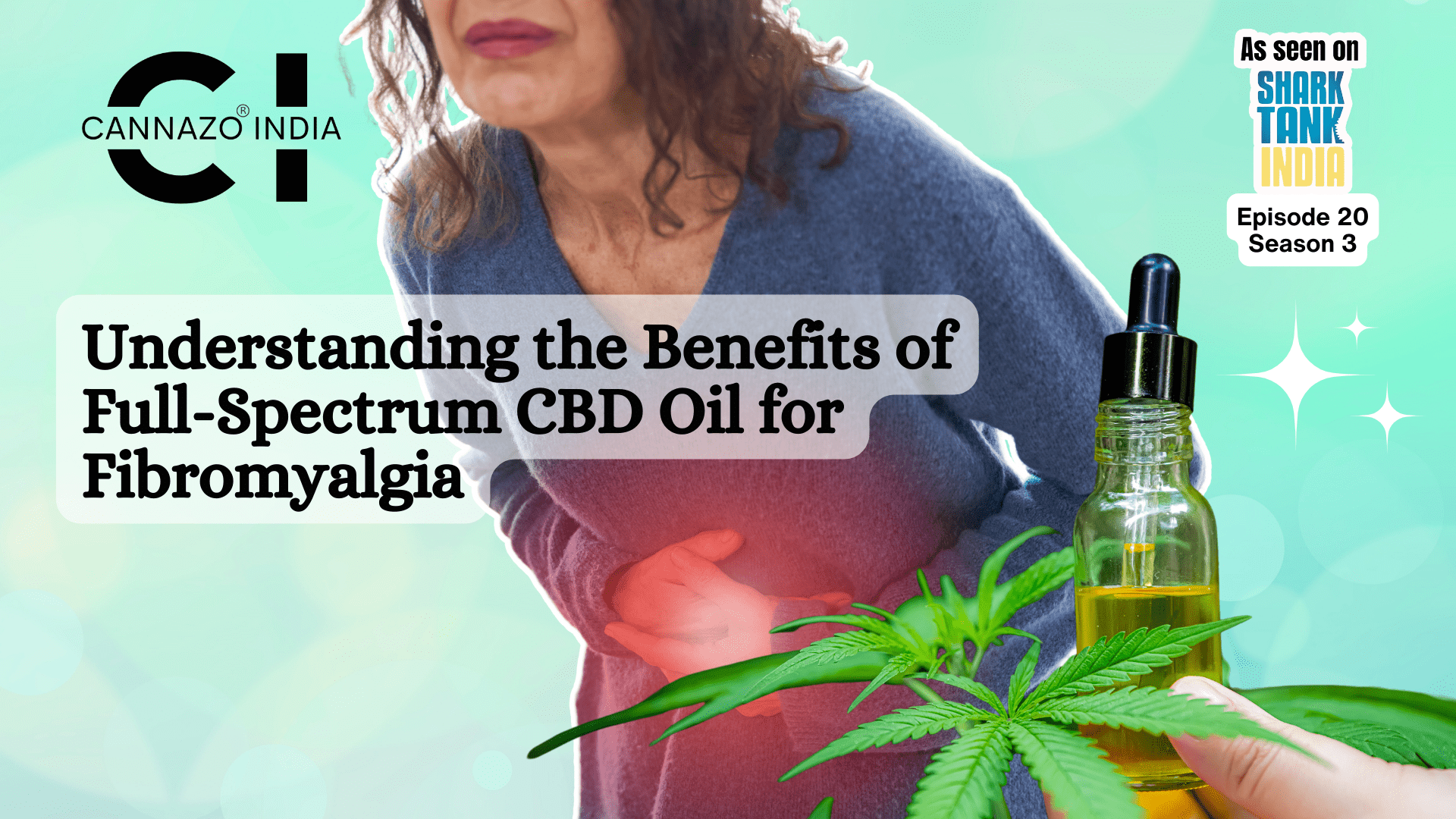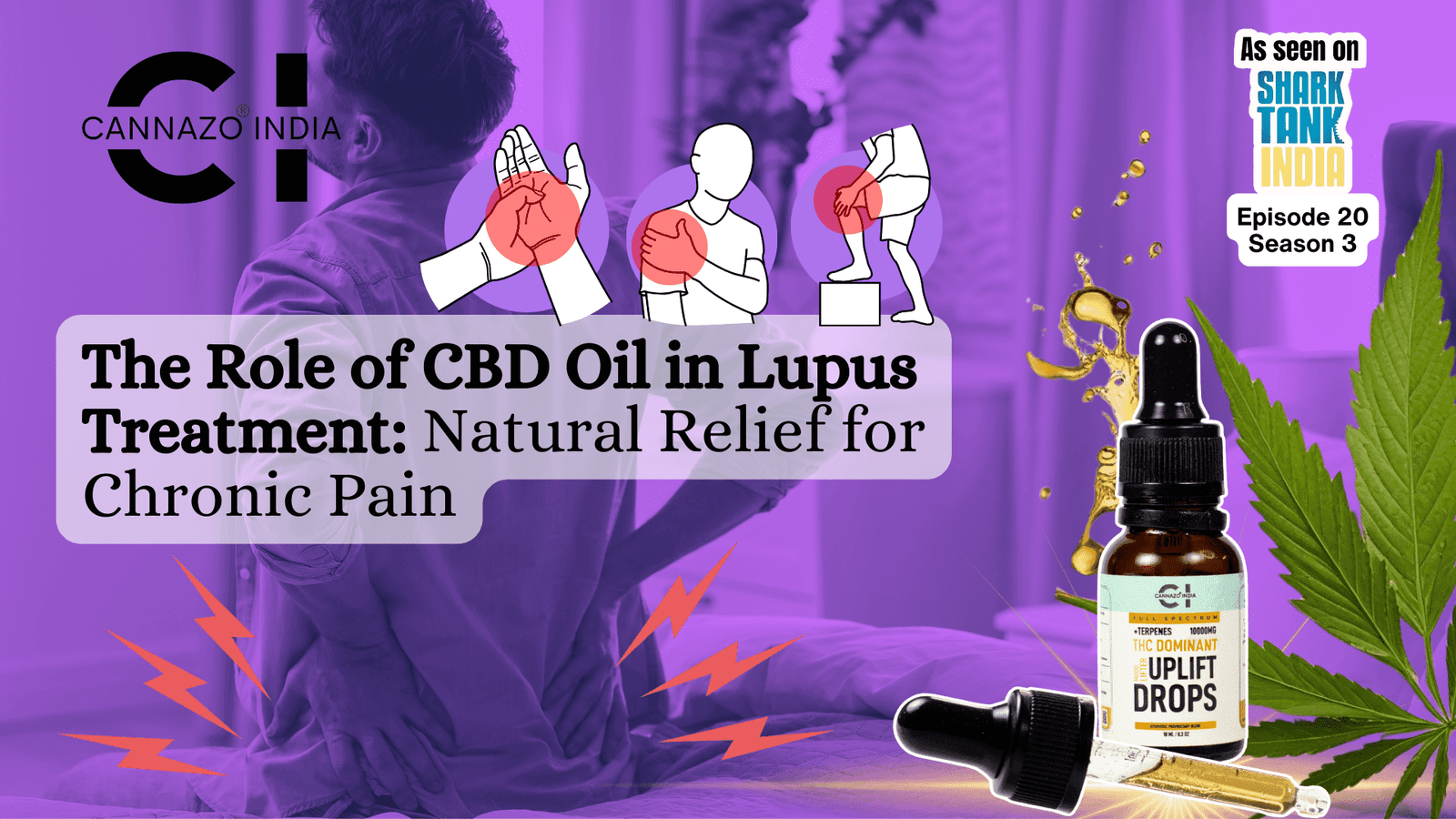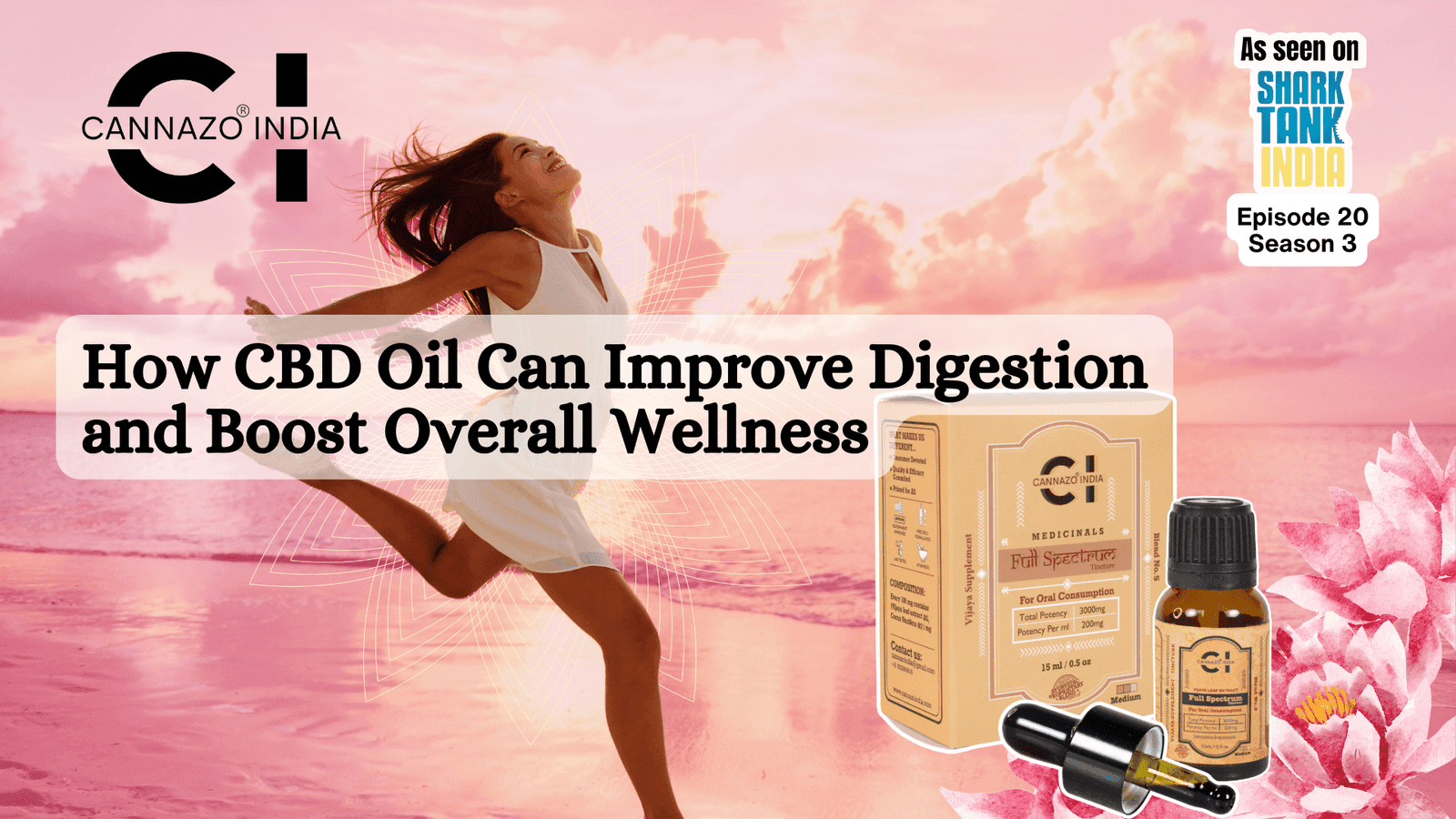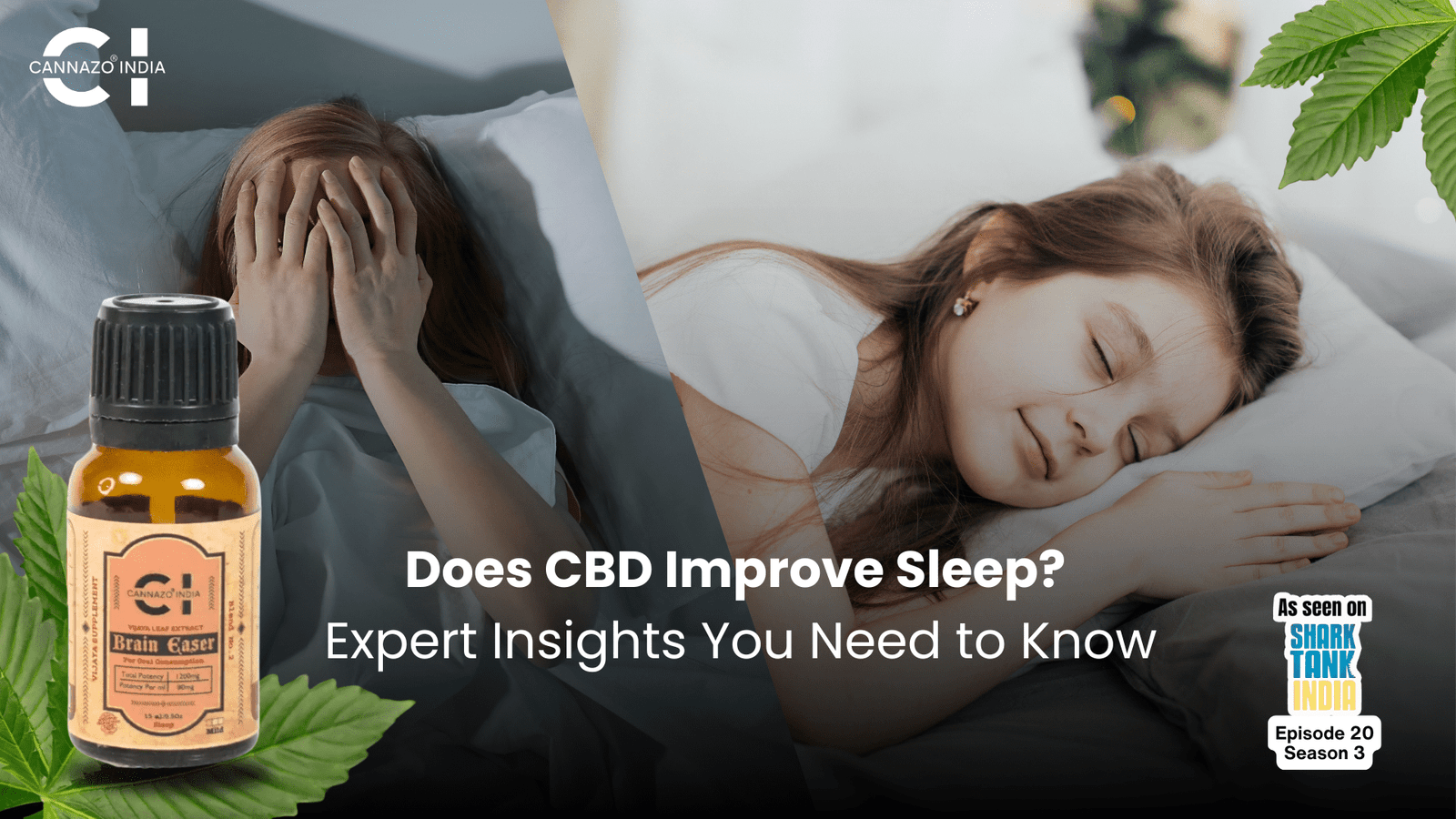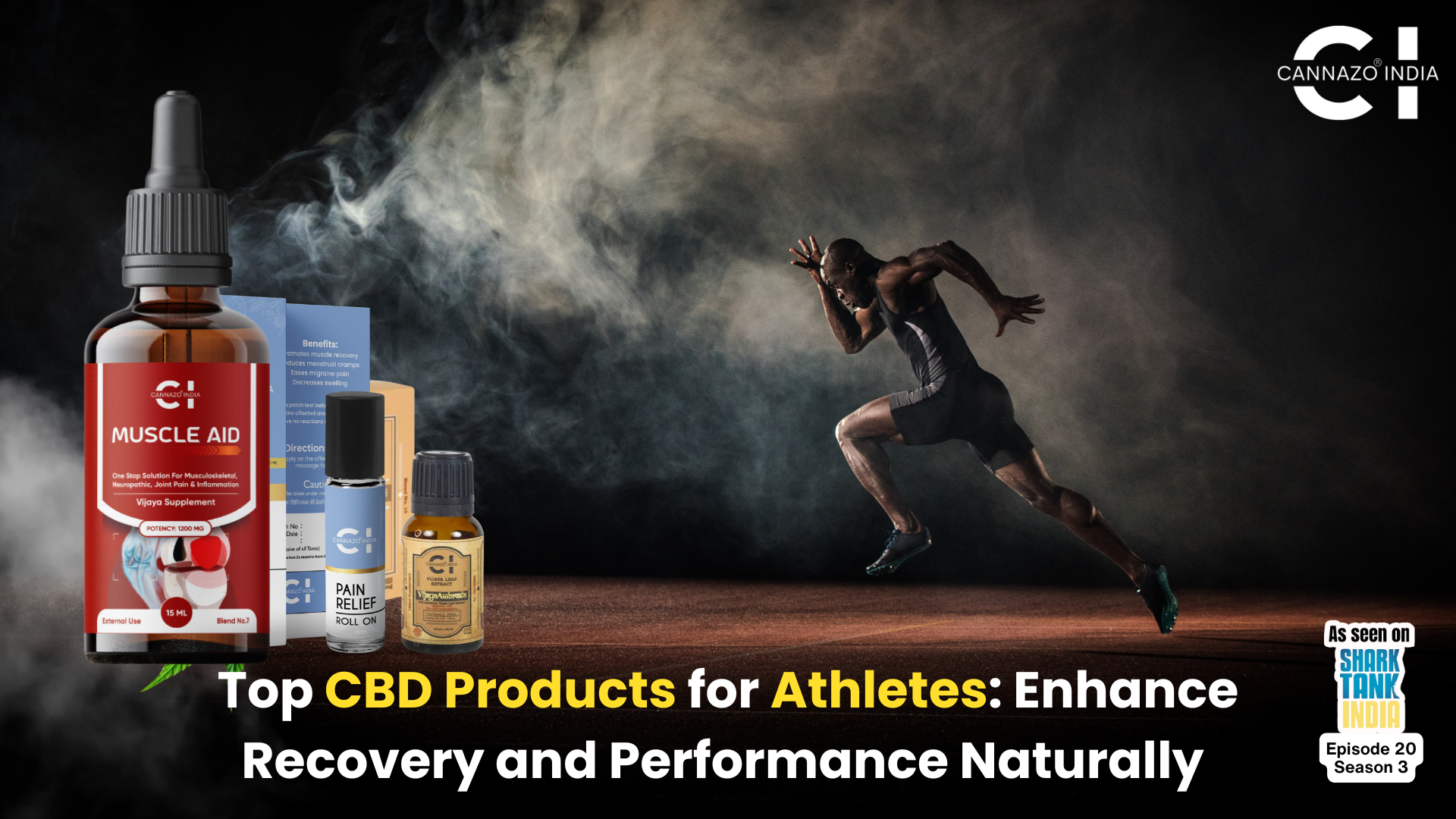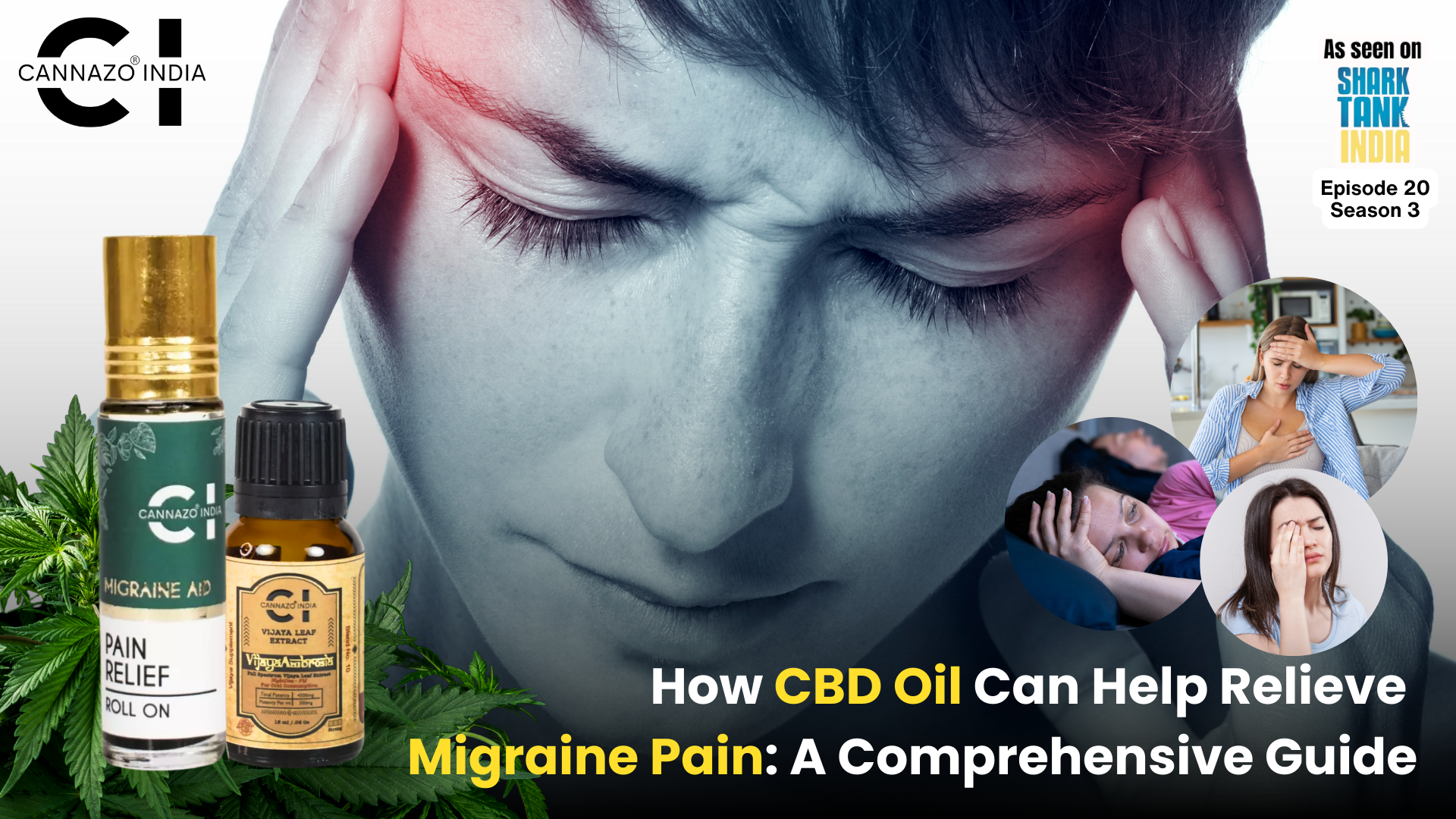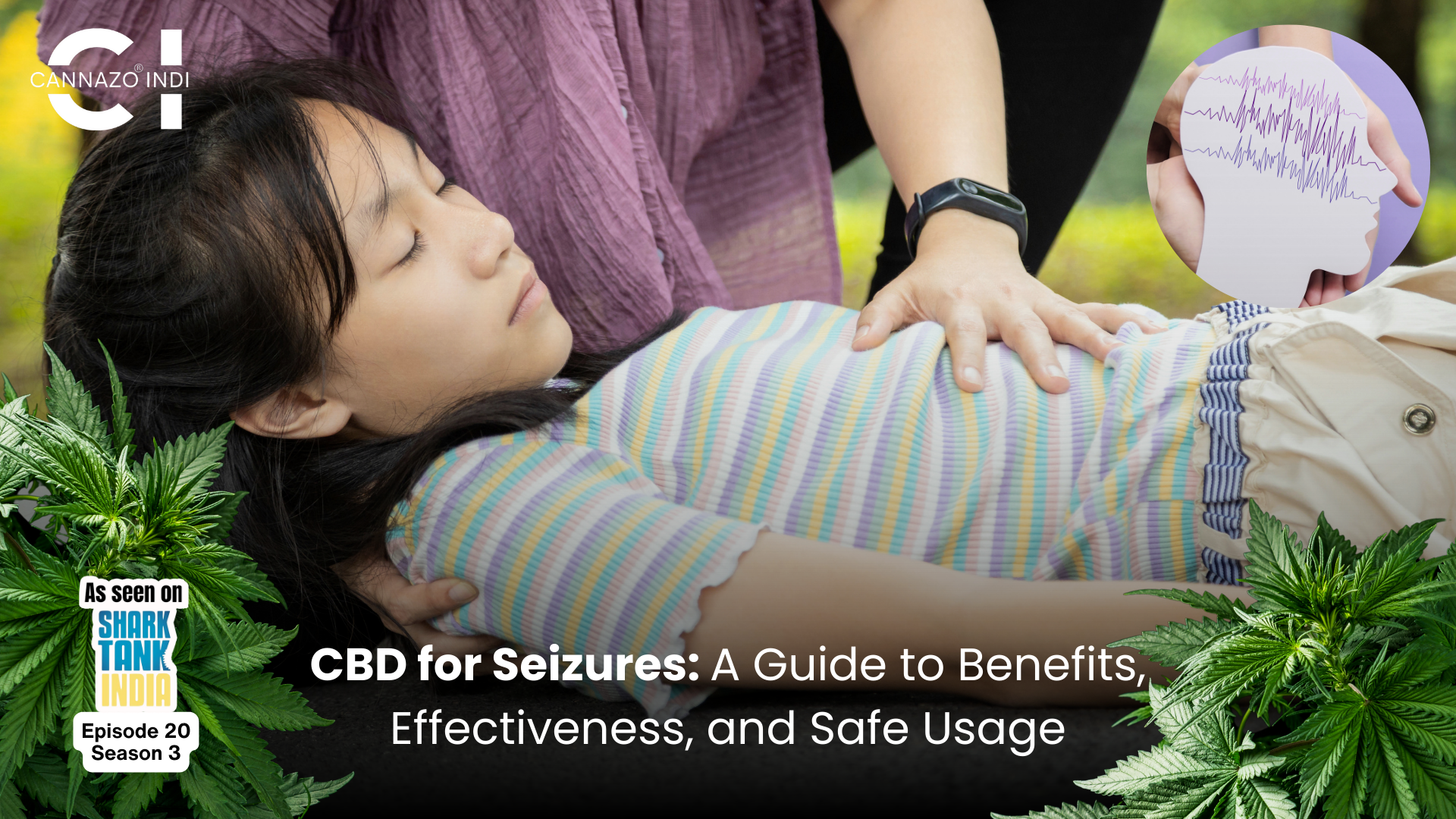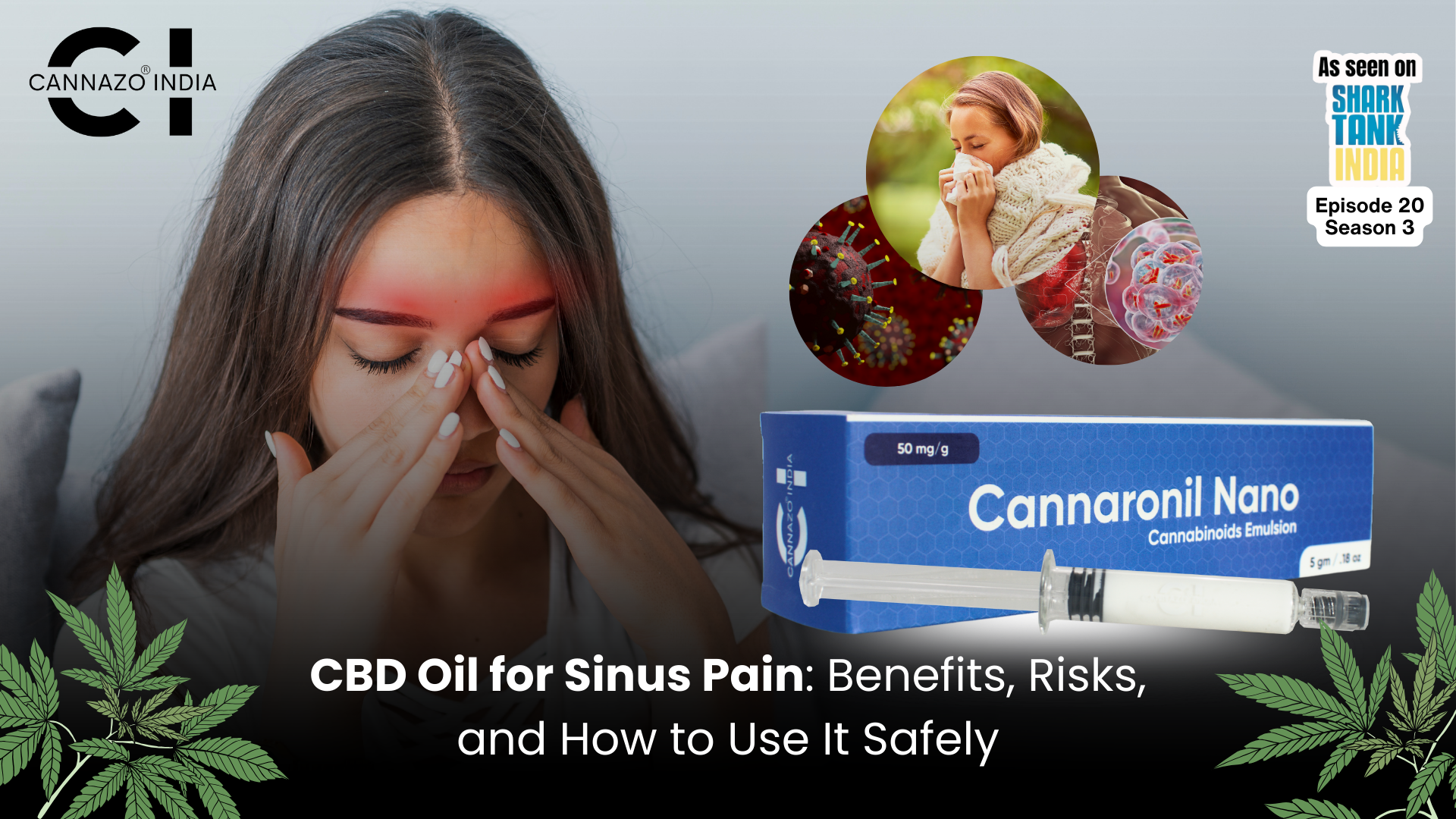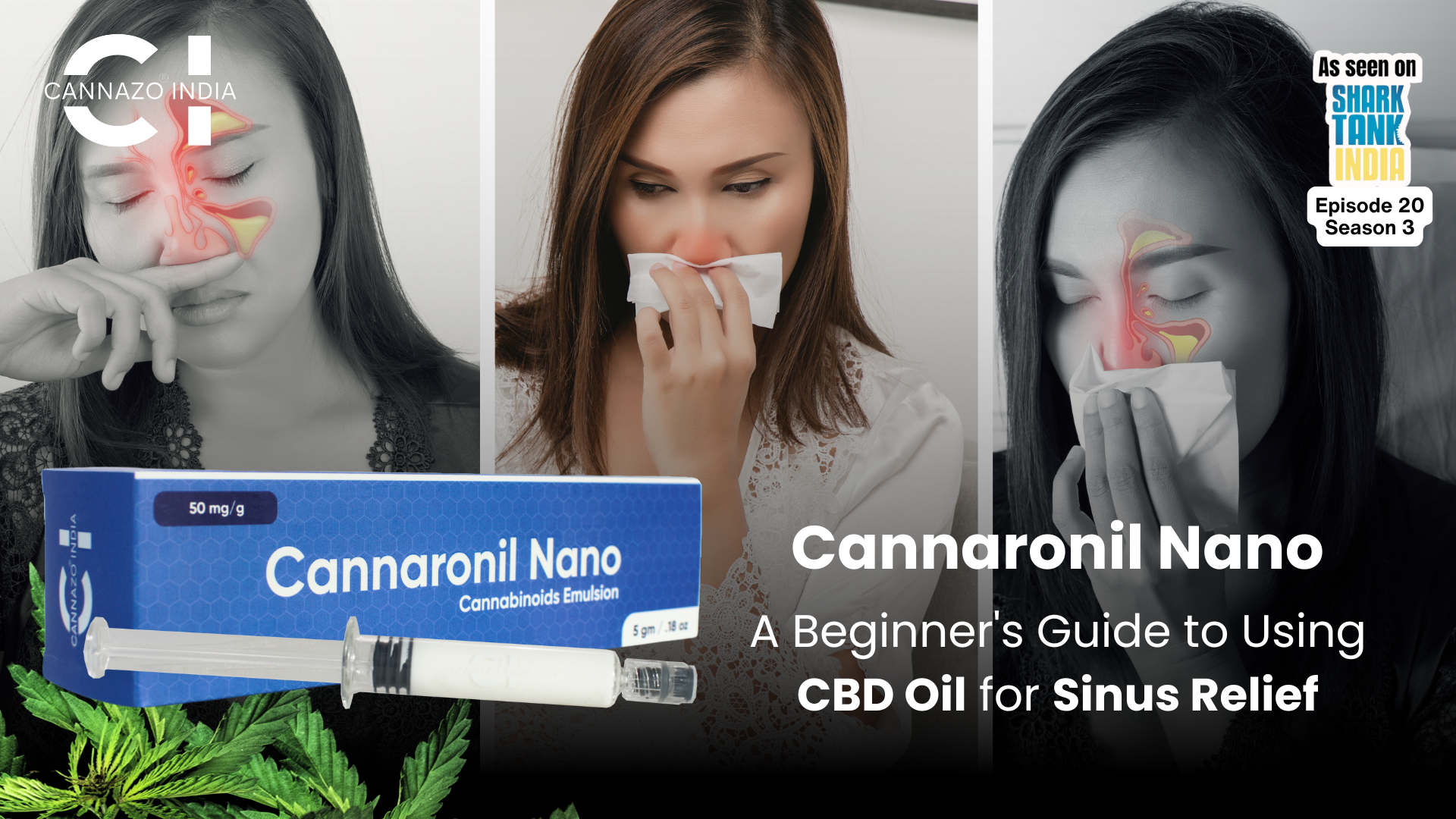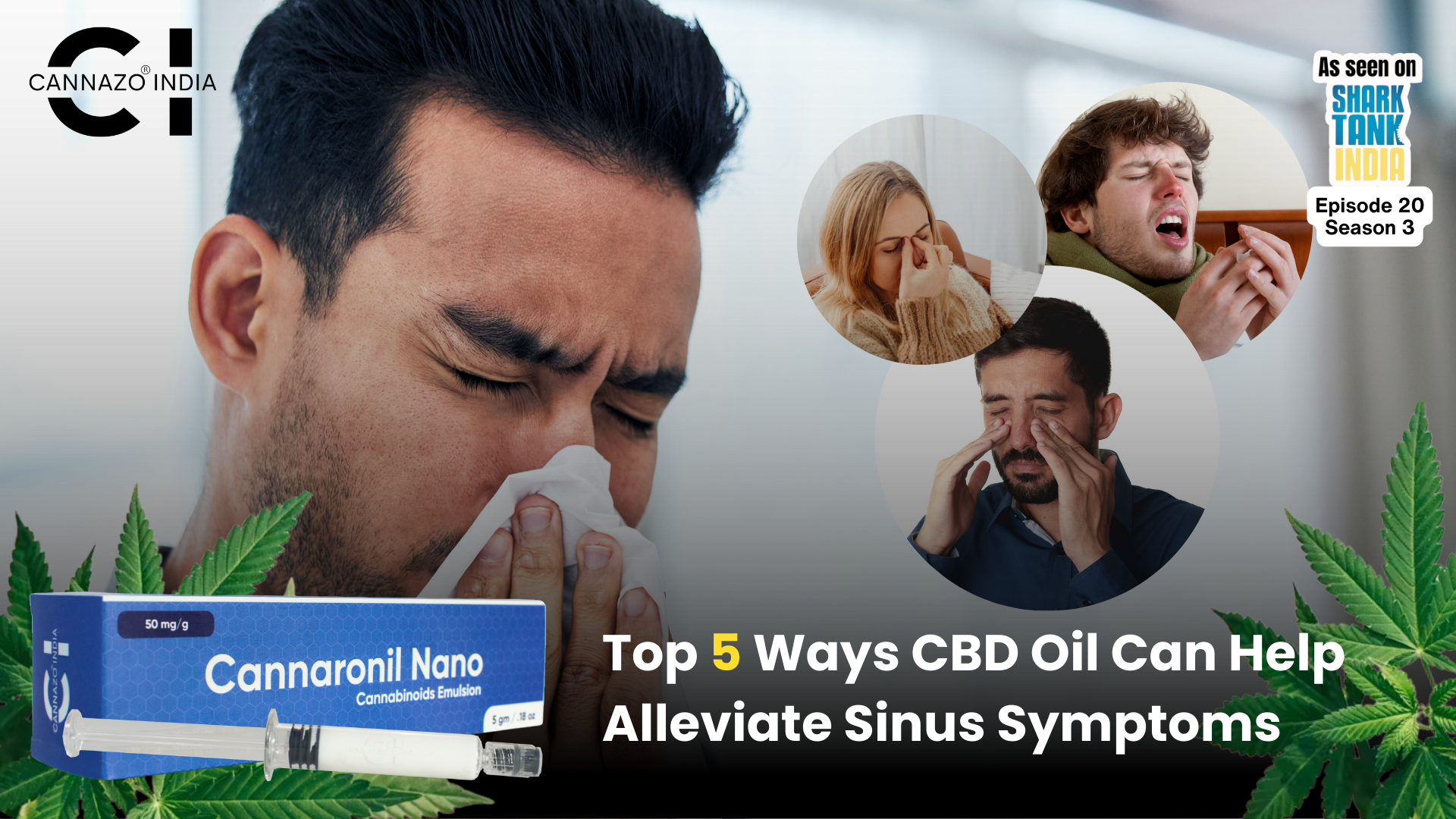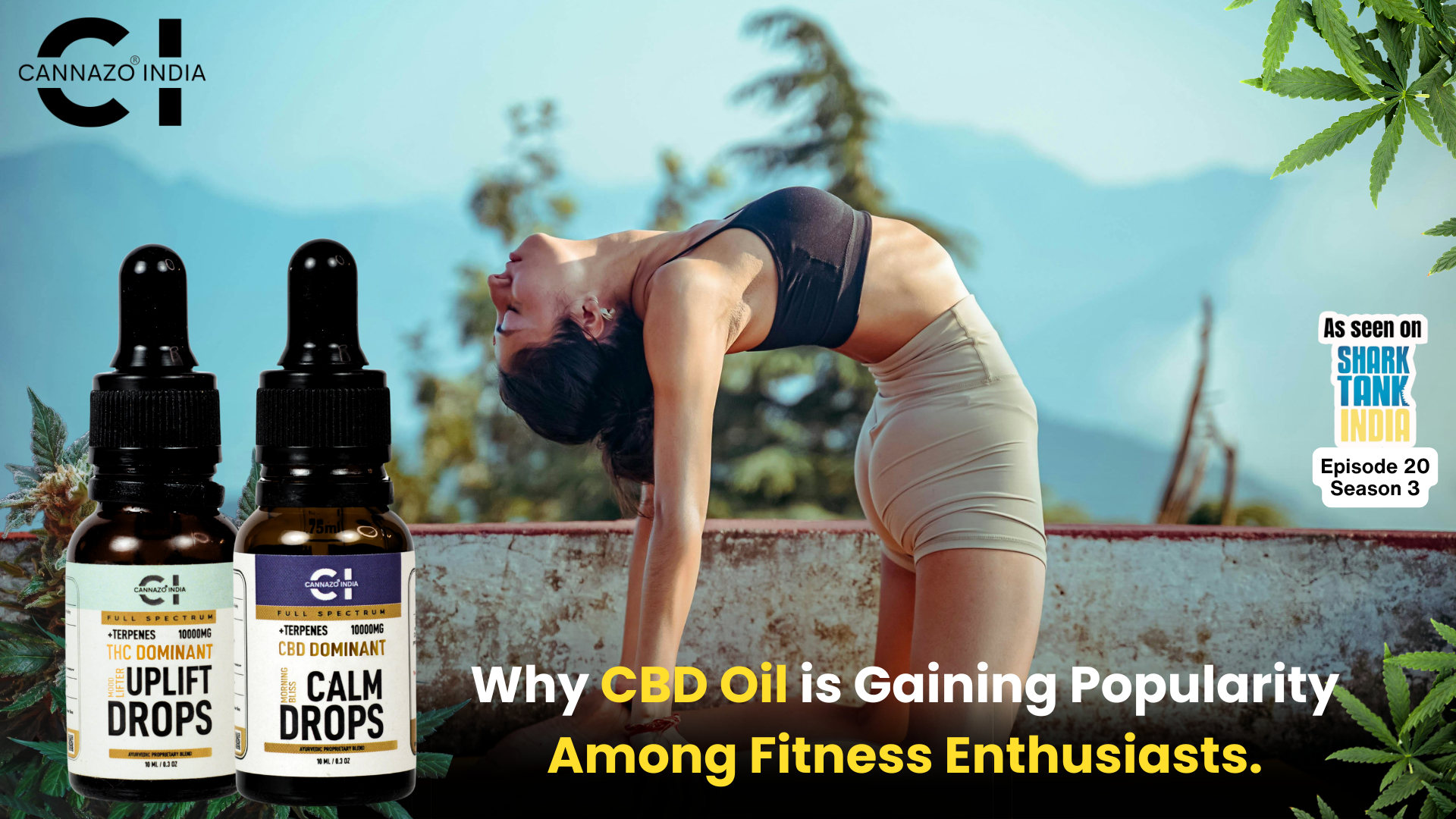In 2019, there were over 301 million incident cases of anxiety disorder globally, which is around 4% of the global population (Javaid et al., 2023; Yang et al., 2021). Unlike the usual feeling of anxiety one might have, anxiety disorder is characterised by excessive worry and/or fear about daily situations which are otherwise simple.
Because of excessive worrying, anxiety disorder affects every part of a patient’s life including social, physical and psychological which degrades their quality of life (Olatunji et al., 2007). This article explores what anxiety is along with its treatment using anxiety disorder medication and other non-drug-based alternatives.
Understanding Anxiety and Its Impact
Anxiety disorder is the most prevalent mental health condition in any age category which makes it all the more important to have safe and effective anxiety disorder medication.
Anxiety disorder is a group of disorders which share common symptoms of fear and anxiety related to future threats or negative events. The fear and/or anxiety is triggered due to numerous factors, which differentiate each disorder from the others (American Psychiatric Association, 2015).
Other general physical and lifestyle symptoms of anxiety disorder include (Vanin et al., 2008):
- Heart palpitations
- Abdominal cramping
- Trembling, shaking, sweating
- Dry mouth
- Chest tightness
- Sleep troubles
- Difficulty in concentrating
Although having anxiety might not sound life-altering, it has a huge impact on many aspects of one’s life.
- Decreased quality of life: Olatunji et al. (2007) conducted a meta-analysis of the impact of anxiety on quality of life. They found that mental health, physical health, work, social, home and family domains were all affected by anxiety disorder, with the impact being greater for some anxiety disorders than others (Olatunji et al., 2007).
- Premature school withdrawal: A retrospective study by Van Ameringen et al. (2003) investigated the degree to which anxiety might have affected school life. The study revealed that anxiety was the main reason for 24% of people who withdrew prematurely from school (Van Ameringen et al., 2003).
- Poor asthma control: A 2015 study published in Annals of Allergy, Asthma & Immunology found that 36.9% of asthma outpatients had anxiety and, anxiety (along with depression) was correlated with poor control of asthma (Ciprandi et al., 2015).
Types of Anxiety Medications
Treatment of anxiety revolves around the combination of anxiety disorder medication and non-drug-based approaches. Commonly used anxiety disorder medication (Bandelow et al., 2017) includes:
- Selective serotonin reuptake inhibitors (SSRIs): escitalopram, fluoxetine, sertraline, etc.
- Tricyclic anti-depressants (TCAs): imipramine and clomipramine.
Both are beneficial at alleviating the signs of major anxiety disorder. However, because TCAs have more serious side effects, healthcare providers prefer to prescribe SSRIs. Furthermore, excessive TCA use can lead to overdose and toxicity.
Full spectrum CBD oil: CBD oils work with the body’s endocannabinoid system to promote relaxation and reduce stress. CBD may help lower anxiety by binding to serotonin receptors in the brain that regulate anxiety and mood.
CBD can alleviate the other symptoms. It alleviates anxiety-related insomnia and stimulates appetite. Keeping your cool can help prevent panic episodes. CBD oils are prescribed at low doses and gradually increased.
For example: Calm Drops.
In a study (under publication), After two months of therapy with Vijaya Amrit, the Panic Disorder Severity Scale score fell by 72.7% . The patient’s Liebowitz Social Anxiety Scale (LSAS) score dropped by 62% post-treatment, demonstrating significant relief from panic symptoms.
Herbal medications: There have been many studies about the use of herbs like Ashwagandha (Pratte et al., 2014), Brahmi (Deo & Reddy, 2013; Stough et al., 2001) and Tulsi (Jamshidi & Cohen, 2017) for managing anxiety as well.
In a 2019 trial, 60 people with mild anxiety were given 240 mg of placebo or ashwagandha for a period of sixty days. Those who took the herb experienced significant reductions in certain indicators of anxiety.
It can be taken as a pill or in liquid tincture form like it is available in Cannazo’s brain easer CBD oil.
These medicines alleviate anxiety symptoms such as excessive concern, panic attacks, or physical signs like heart palpitations or perspiration. It is essential to acknowledge that certain medications are not intended for extended usage, and their application may be restricted to the temporary relief of symptoms.
Factors to Consider When Choosing Medication
Due to differences in the effects of the same anxiety disorder medication in different people, to choose the best medication, your healthcare provider will take into account many factors:
- Medical history
- Personal preferences
- Type of anxiety disorder
- Lifestyle
Benefits and Drawbacks of Different Medications
Like other drugs, anxiety disorder medication also has its risks and benefits. Conventional anxiety disorder medication has commonly known side effects like dry mouth, constipation and weight gain. Evidence suggests that SSRIs may also increase the initial risk of suicide and decrease libido while TCAs may cause urinary retention, sedation and osteoarthritic hypotension (Vanin et al., 2008).
Due to their better stability and a better safety profile, SSRIs and SNRIs are prescribed before moving on to TCAs. Starting with low doses of any anti-anxiety medication is recommended to prevent side effects (Vanin et al., 2008).
Non-Medication Alternative Treatments
Treatment without the use of anxiety disorder medication includes the use of psychotherapy (Vanin et al., 2008) which includes:
Cognitive behaviour therapy (CBT): CBT is the most common form of psychotherapy which may help as a first-line treatment. CBT helps patients work on their thinking and behavioural patterns to manage and alleviate anxiety symptoms.
Graded exposure: This involves exposing the patient to the feared situation by imagining it or being in the situation itself. The exposure is increased progressively so that the patient can eventually manage anxiety symptoms when exposed to the situation in real life.
How to Work with Your Healthcare Provider
For the best outcome, it might be prudent to test which treatment modality would be most effective: anxiety disorder medications, psychotherapy or a combination of both.
The most important tip is to interact with your healthcare provider to understand any information about the condition and treatment to resolve any doubts. Communicating the effect of the treatment to your healthcare provider is crucial to optimize your treatment regimen. (Vanin et al., 2008).
Understanding the risks and benefits
Before beginning a new medicine, it is critical to understand the associated risks and benefits. Your healthcare professional can assist you in making an informed selection by addressing potential adverse effects, risks of drug interactions, and potential advantages of the prescription.
Finding the proper prescription to treat your mental health problem may need a little trial and error.
It is critical to give the medicine adequate time to function; however, if you suffer serious side effects or the medicine does not appear to be effective your healthcare practitioner may recommend trying an alternative prescription. For getting consulted, get in touch on +91 9910556650 or https://cannazoindia.com/doctor-consultation/
Conclusion
Anxiety disorder is different and more severe than the usual anxiety over some situations. It can severely affect the quality of life of individuals including mental, physical, work and social factors. There are many anxiety disorder medications available along with psychotherapy like CBT which can help alleviate anxiety symptoms.
References
American Psychiatric Association (Ed.). (2015). Anxiety disorders: DSM-5 selections. American Psychiatric Association Publishing.
Bandelow, B., Michaelis, S., & Wedekind, D. (2017). Treatment of anxiety disorders. Dialogues in Clinical Neuroscience, 19(2), 93–107. https://doi.org/10.31887/DCNS.2017.19.2/bbandelow
Ciprandi, G., Schiavetti, I., Rindone, E., & Ricciardolo, F. L. M. (2015). The impact of anxiety and depression on outpatients with asthma. Annals of Allergy, Asthma & Immunology, 115(5), 408–414. https://doi.org/10.1016/j.anai.2015.08.007
Deo, Y. K., & Reddy, K. R. C. (2013). Critical review on pharmacological properties of Brahmi. International Journal of Ayurvedic Medicine, 4(2). https://doi.org/10.47552/ijam.v4i2.238
Jamshidi, N., & Cohen, M. M. (2017). The Clinical Efficacy and Safety of Tulsi in Humans: A Systematic Review of the Literature. Evidence-Based Complementary and Alternative Medicine, 2017, 1–13. https://doi.org/10.1155/2017/9217567
Javaid, S. F., Hashim, I. J., Hashim, M. J., Stip, E., Samad, M. A., & Ahbabi, A. A. (2023). Epidemiology of anxiety disorders: Global burden and sociodemographic associations. Middle East Current Psychiatry, 30(1), 44. https://doi.org/10.1186/s43045-023-00315-3
Olatunji, B. O., Cisler, J. M., & Tolin, D. F. (2007). Quality of life in the anxiety disorders: A meta-analytic review. Clinical Psychology Review, 27(5), 572–581. https://doi.org/10.1016/j.cpr.2007.01.015
Pratte, M. A., Nanavati, K. B., Young, V., & Morley, C. P. (2014). An Alternative Treatment for Anxiety: A Systematic Review of Human Trial Results Reported for the Ayurvedic Herb Ashwagandha ( Withania somnifera ). The Journal of Alternative and Complementary Medicine, 20(12), 901–908. https://doi.org/10.1089/acm.2014.0177
Stough, C., Nathan, P., Lloyd, J., Clarke, J., Hutchison, C., Downey, L., & Rodgers, T. (2001). The chronic effects of an extract of Bacopa monniera (Brahmi) on cognitive function in healthy human subjects. Psychopharmacology, 156(4), 481–484. https://doi.org/10.1007/s002130100815
Van Ameringen, M., Mancini, C., & Farvolden, P. (2003). The impact of anxiety disorders on educational achievement. Journal of Anxiety Disorders, 17(5), 561–571. https://doi.org/10.1016/S0887-6185(02)00228-1
Vanin, J. R., Helsley, J. D., & Morgan, D. M. (2008). Anxiety Disorders. Humana Press. https://doi.org/10.1007/978-1-59745-263-2
Yang, X., Fang, Y., Chen, H., Zhang, T., Yin, X., Man, J., Yang, L., & Lu, M. (2021). Global, regional and national burden of anxiety disorders from 1990 to 2019: Results from the Global Burden of Disease Study 2019. Epidemiology and Psychiatric Sciences, 30, e36. https://doi.org/10.1017/S2045796021000275


